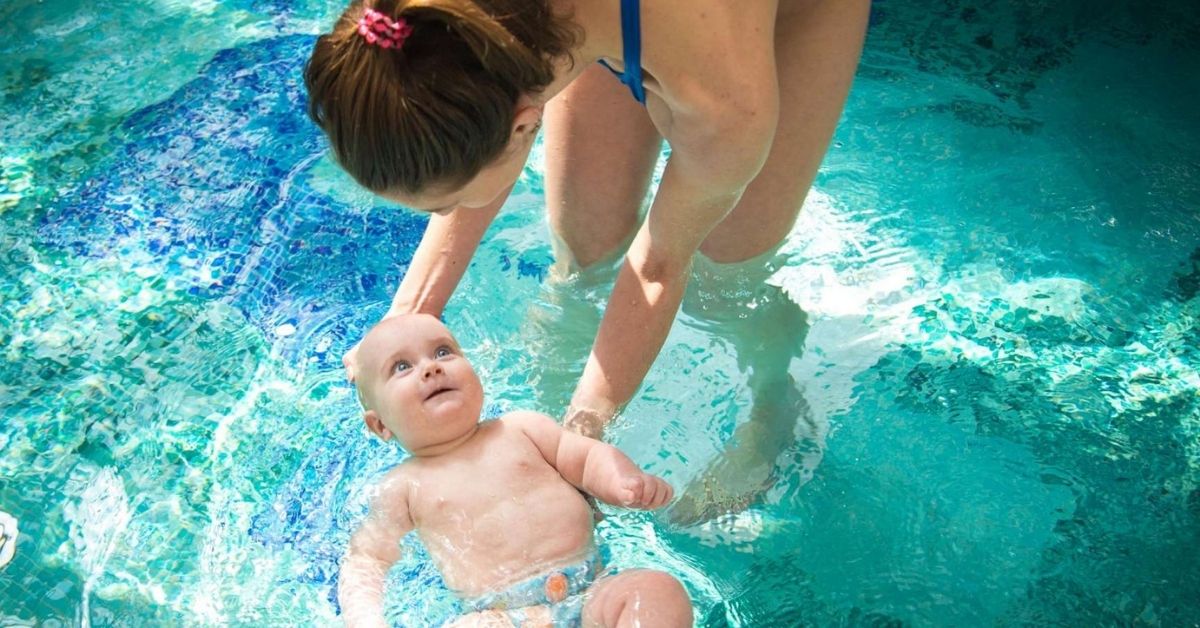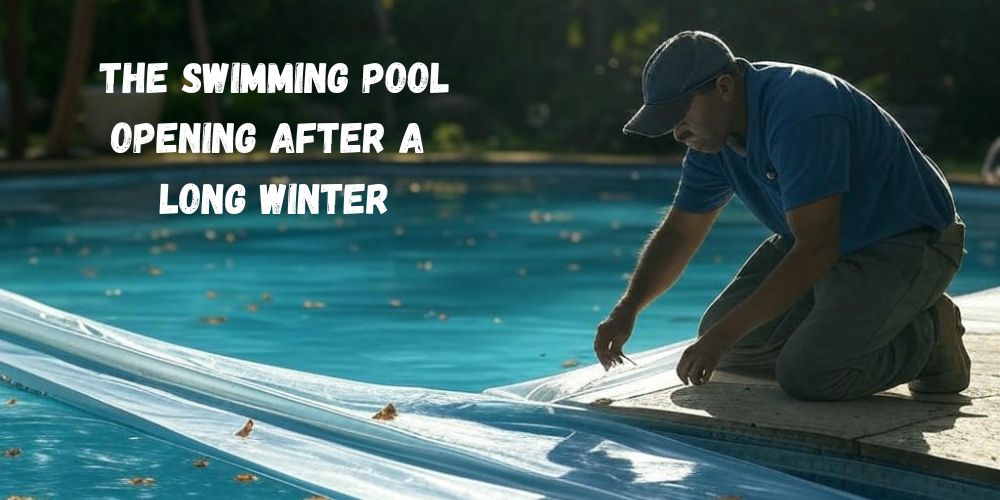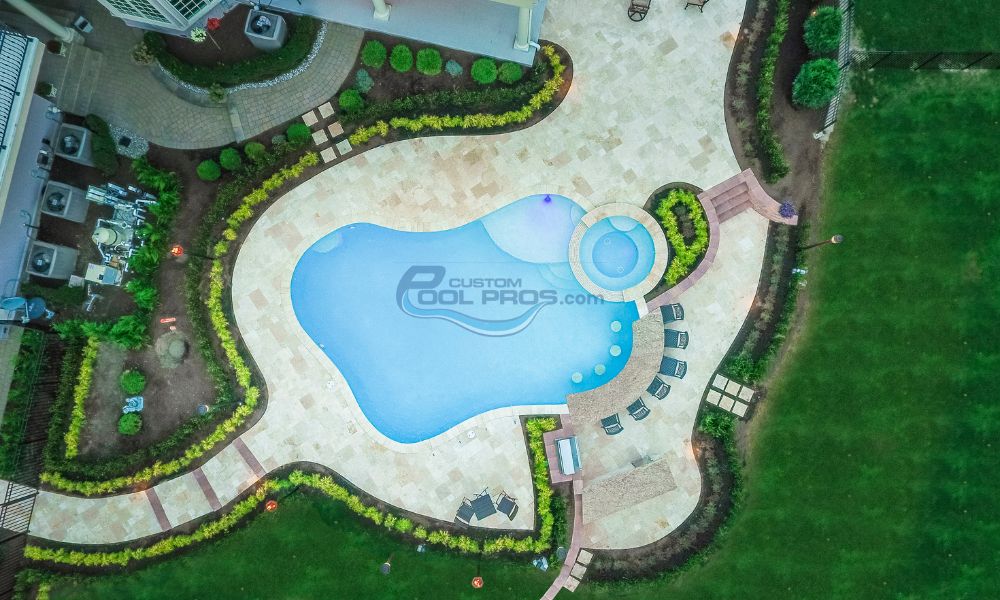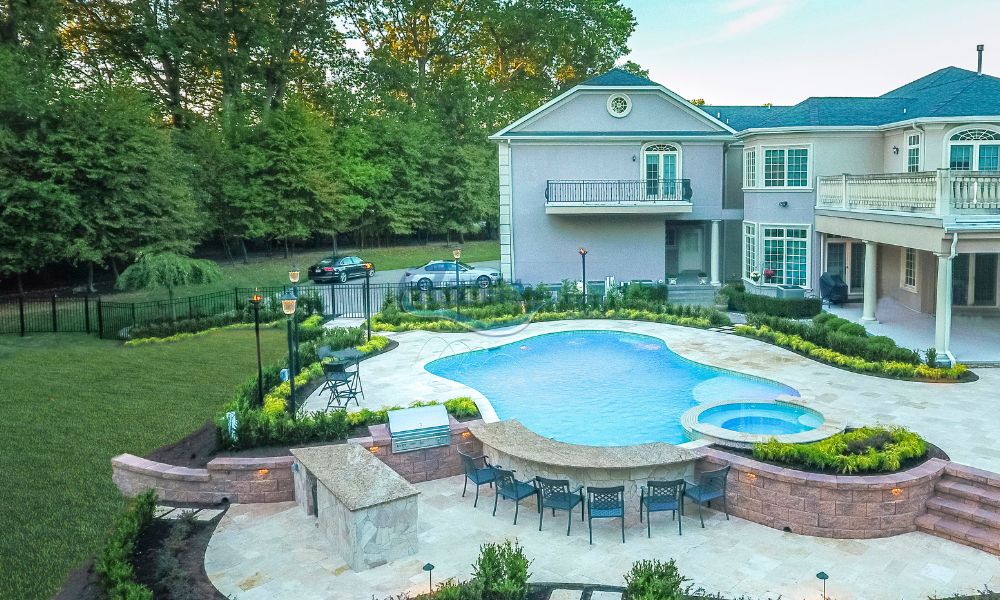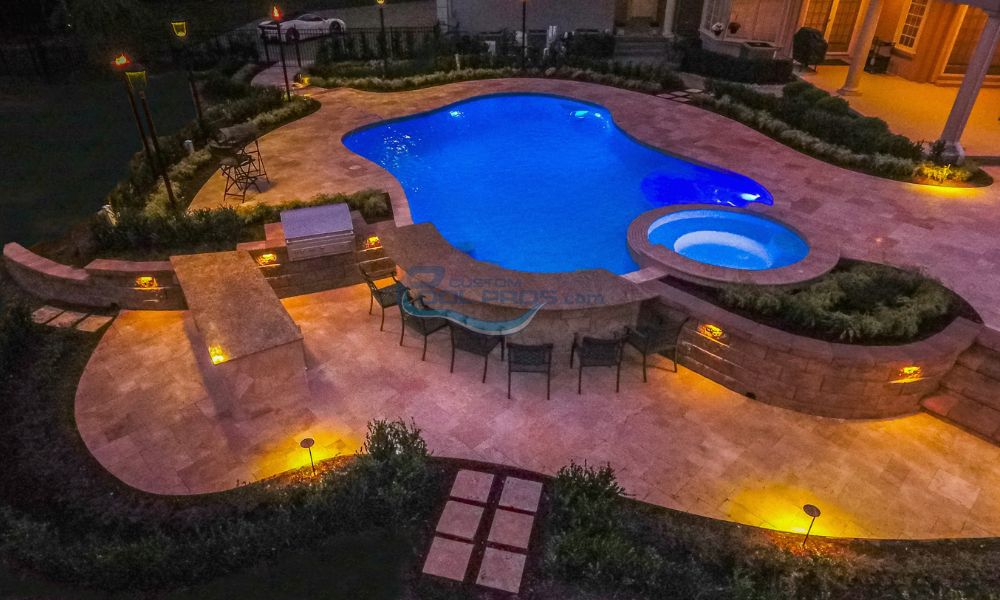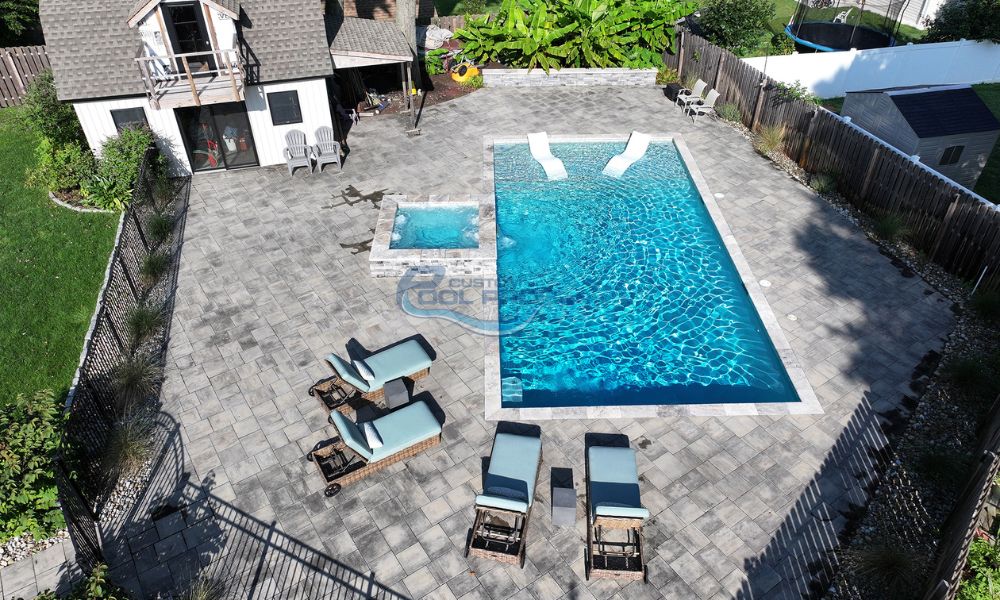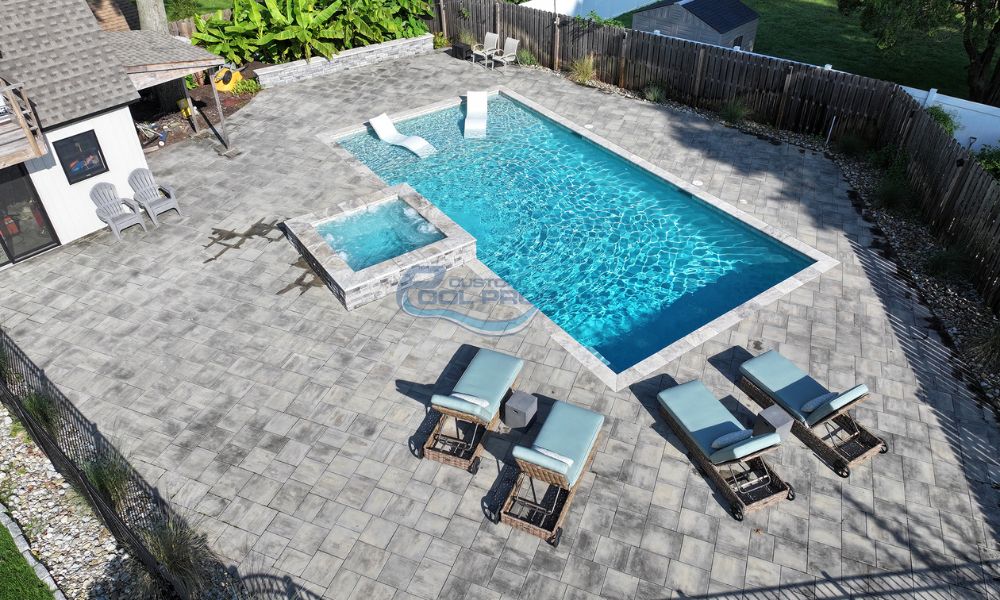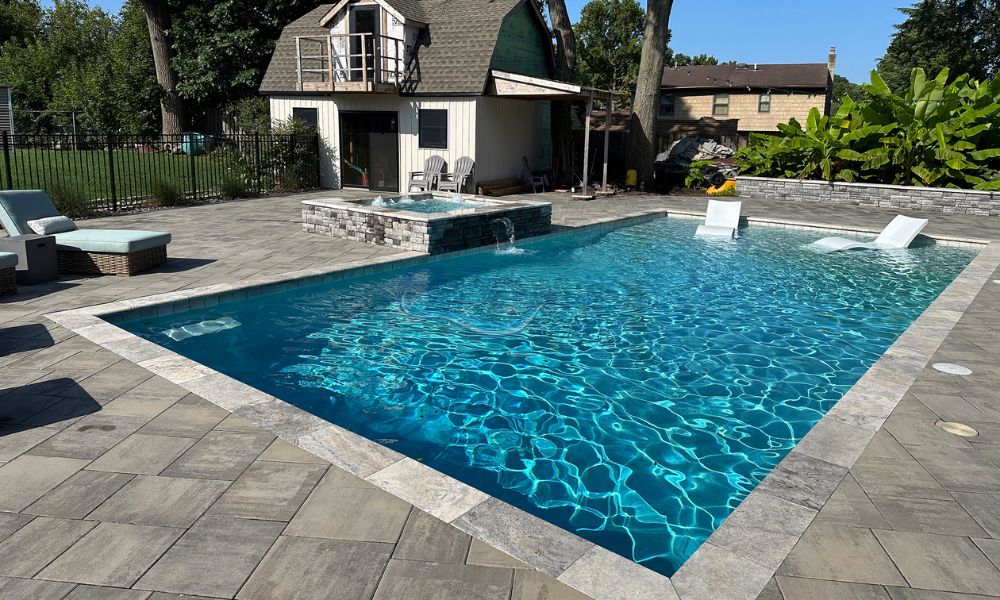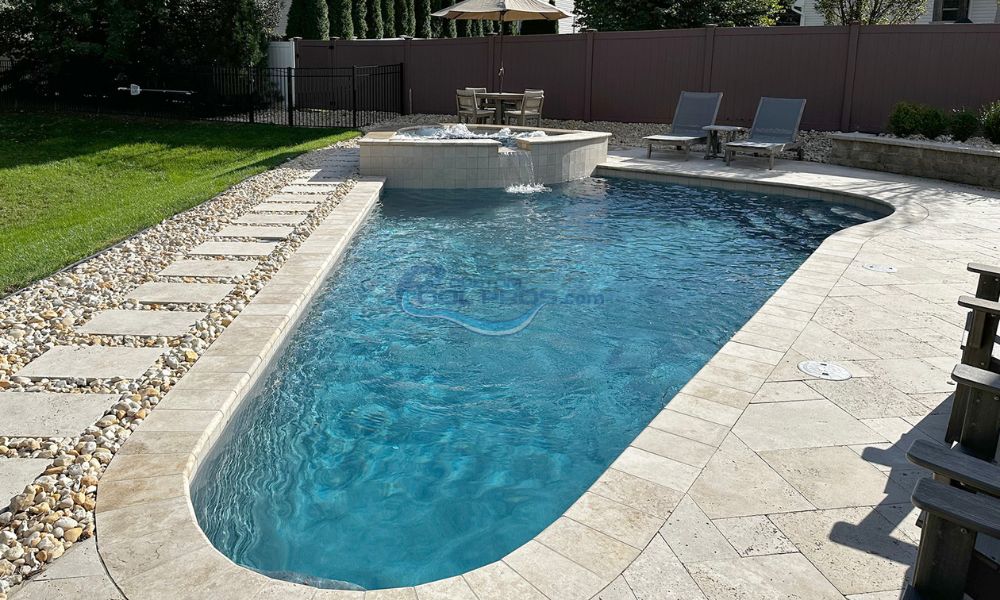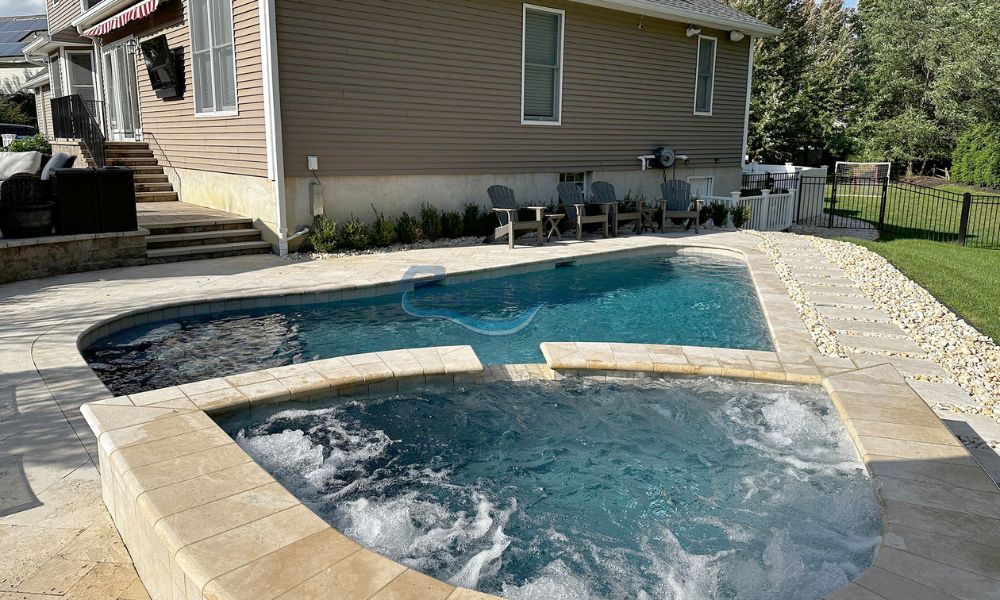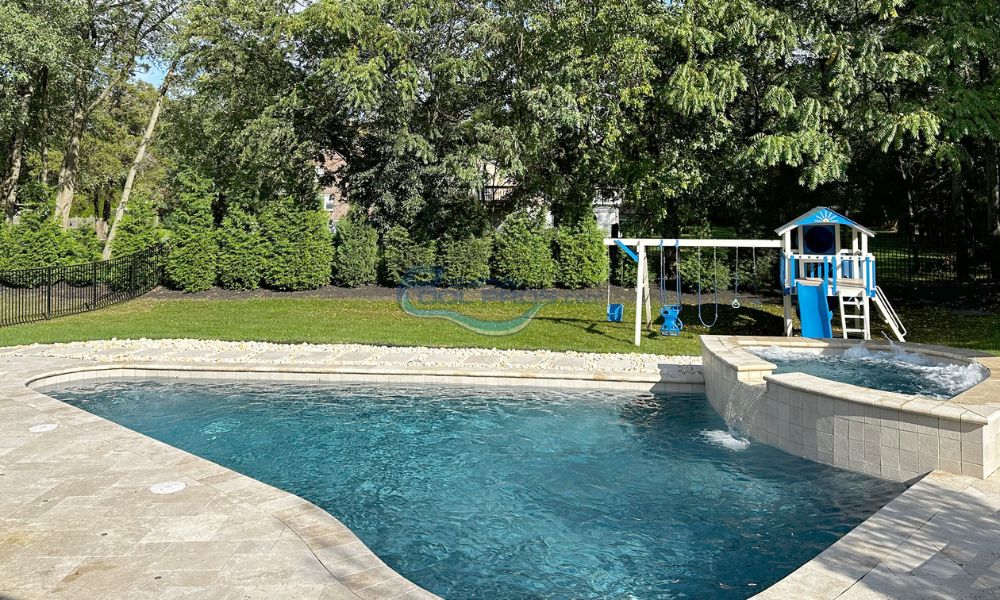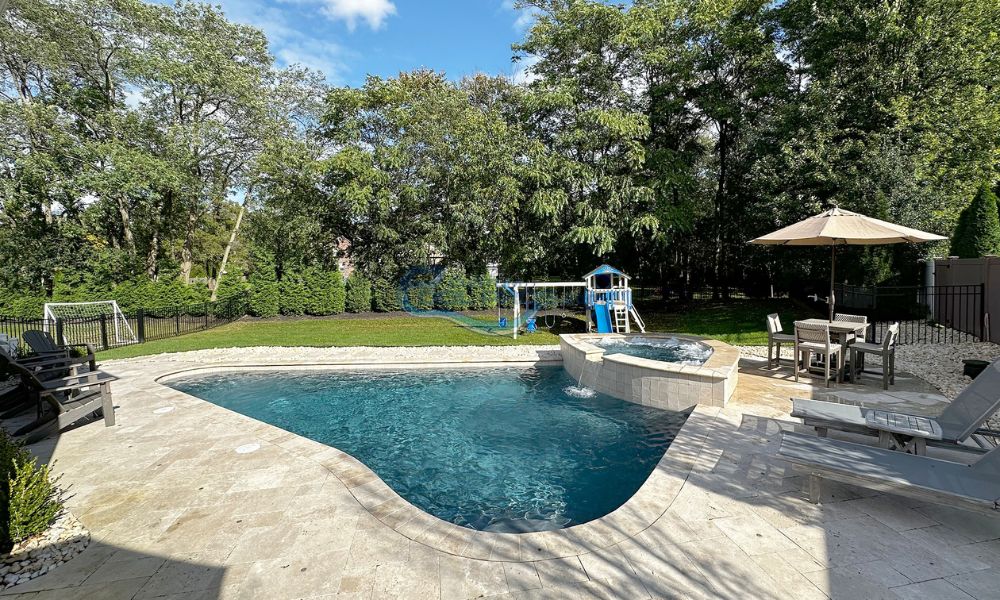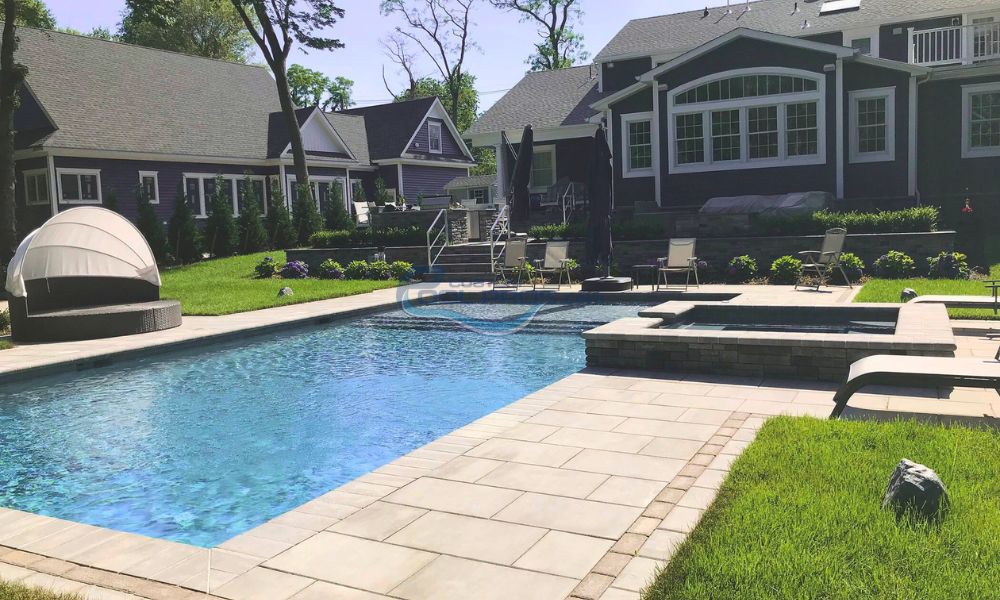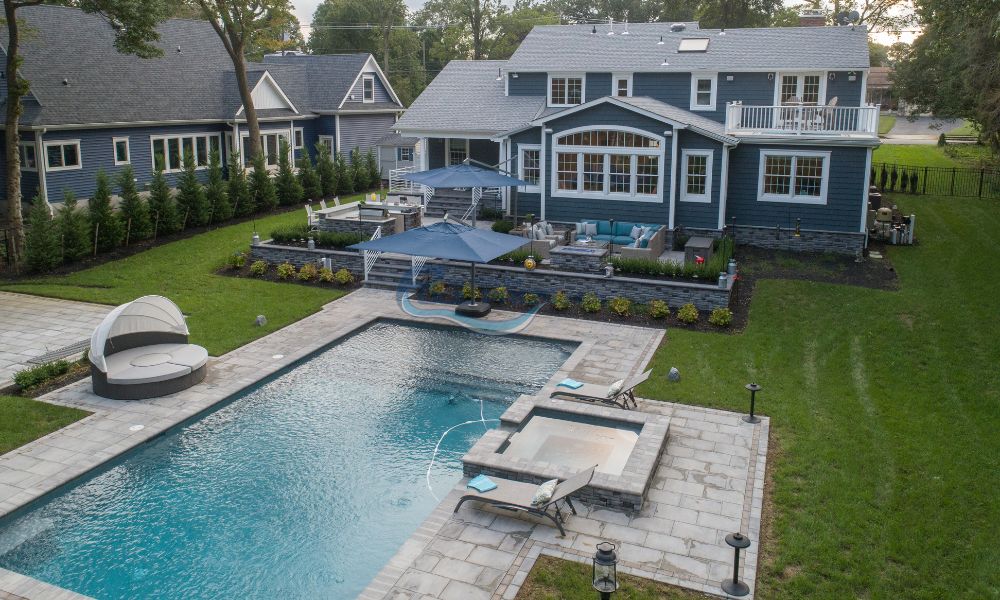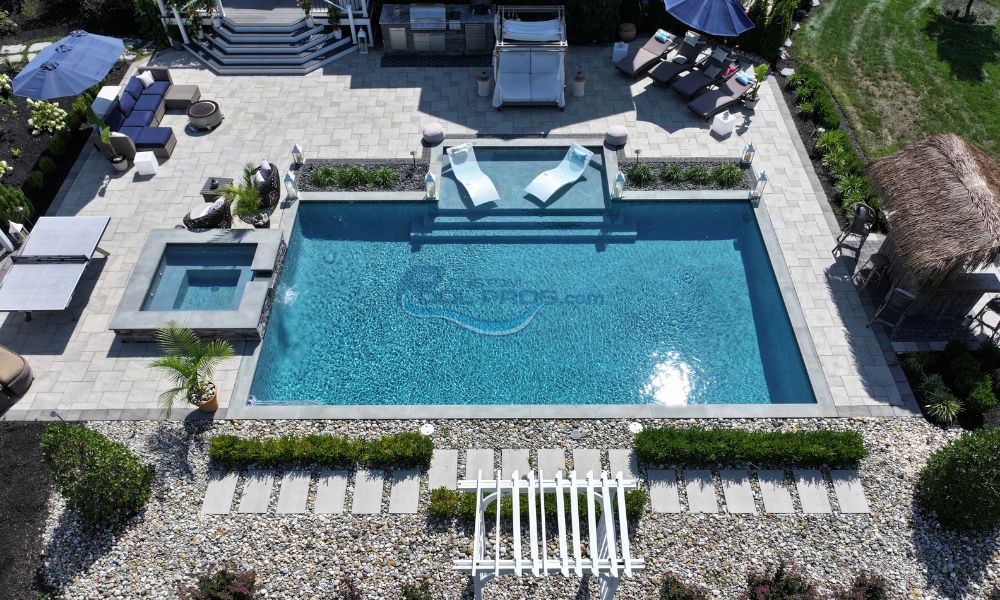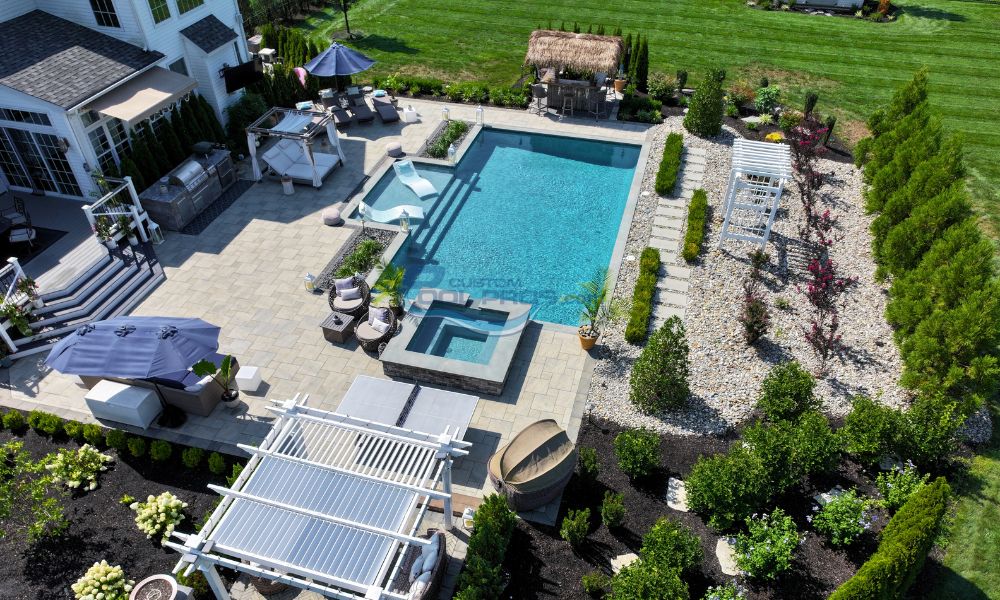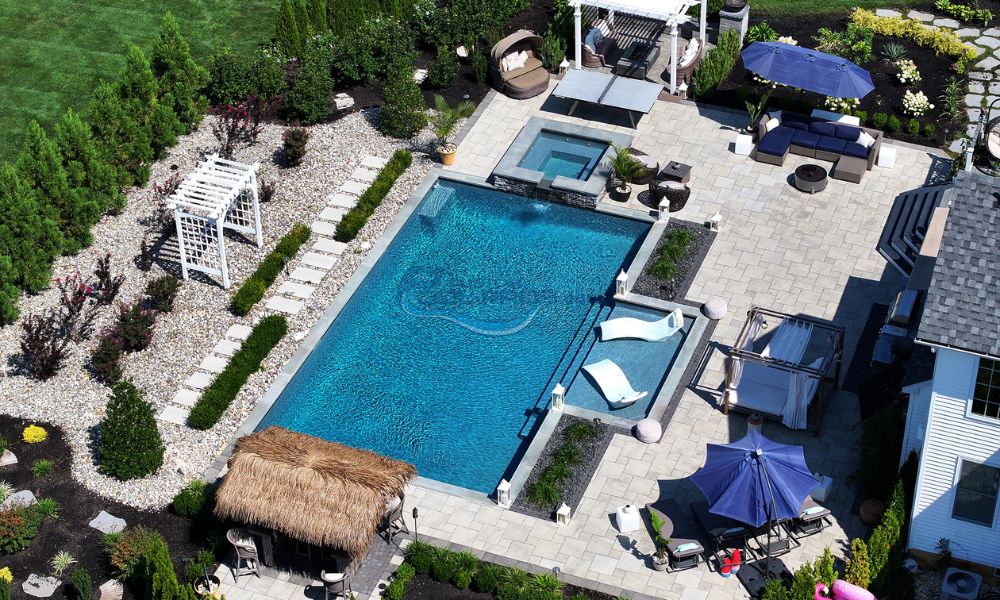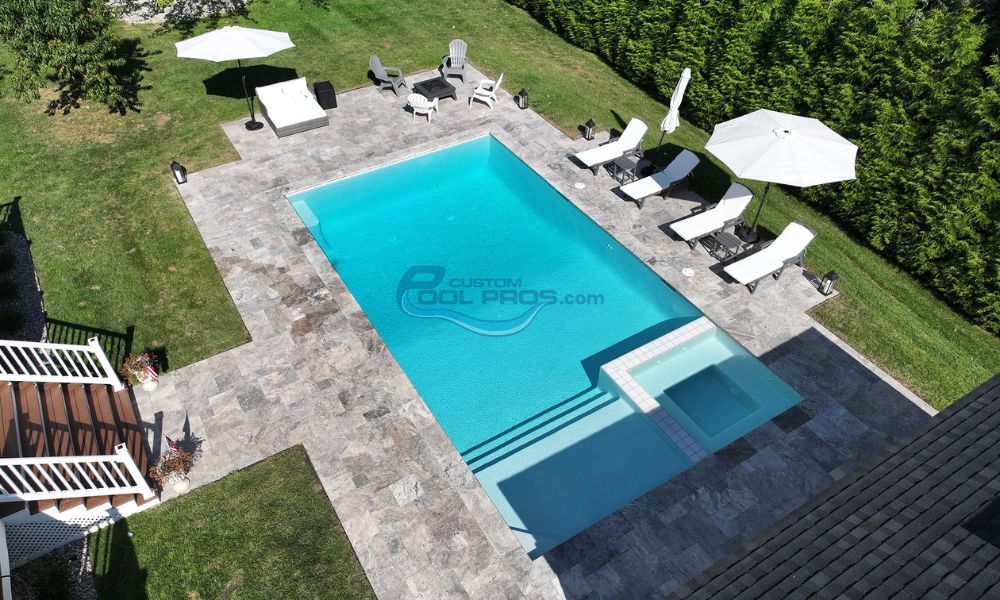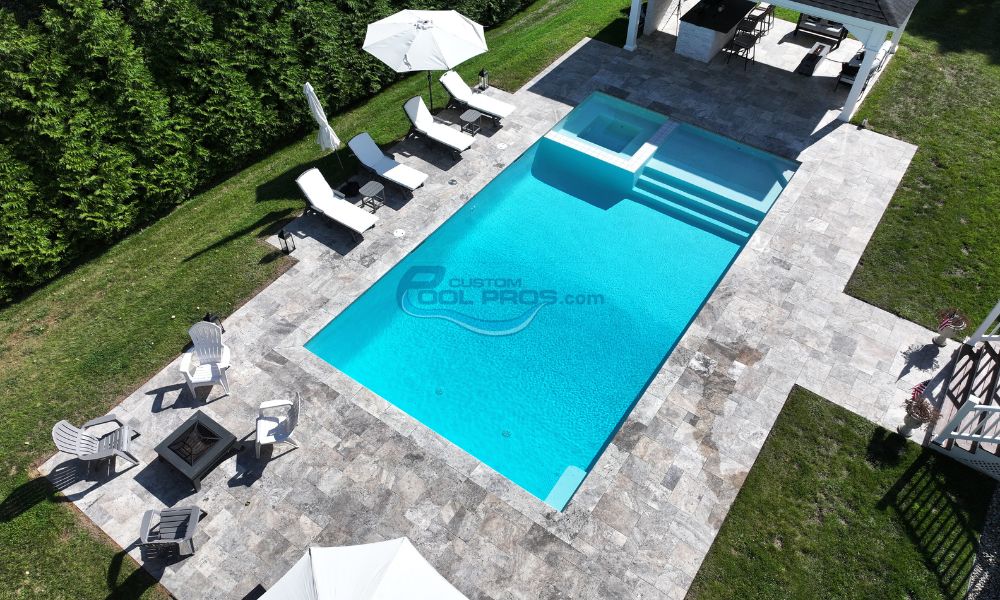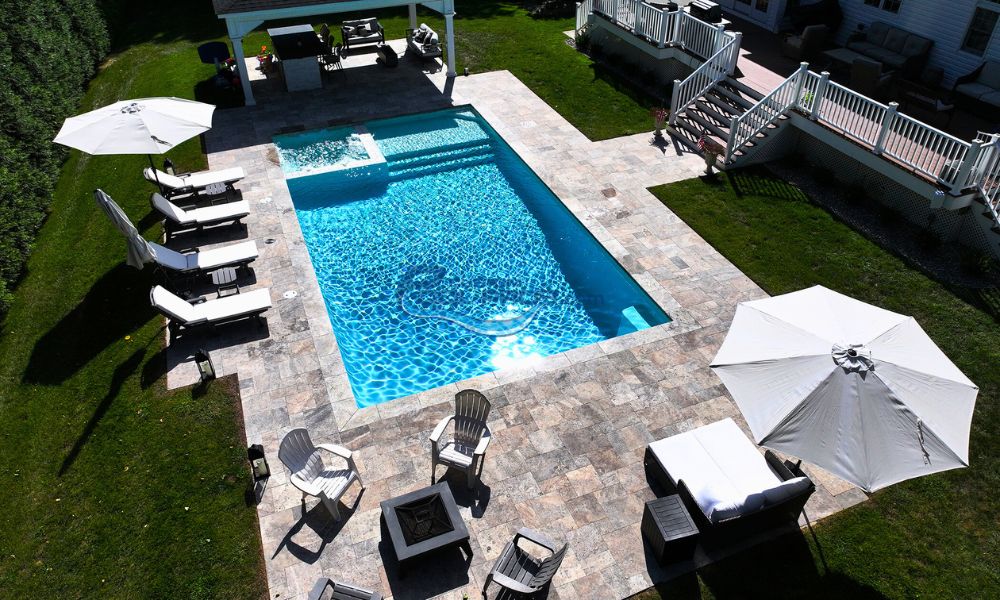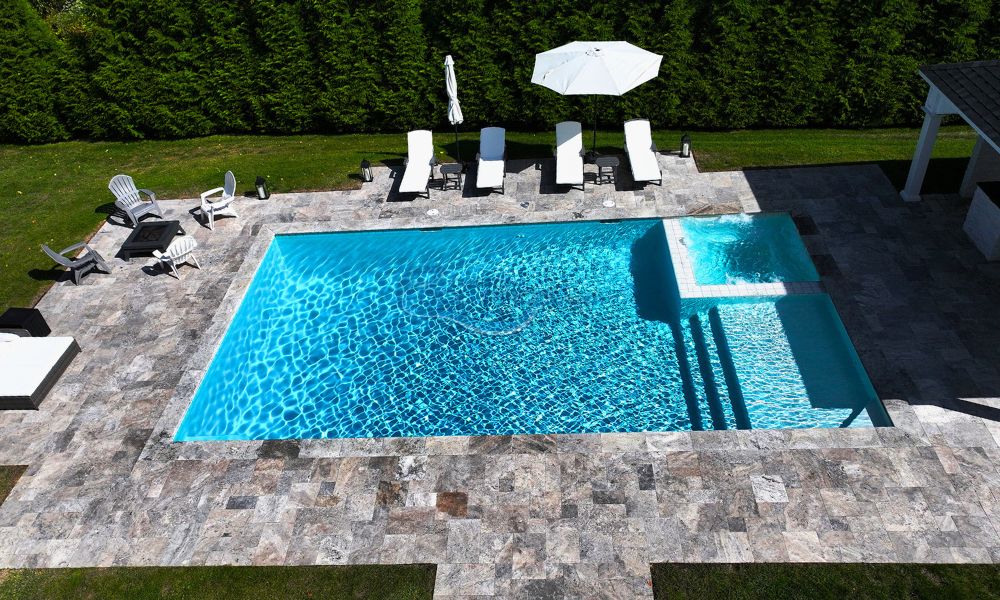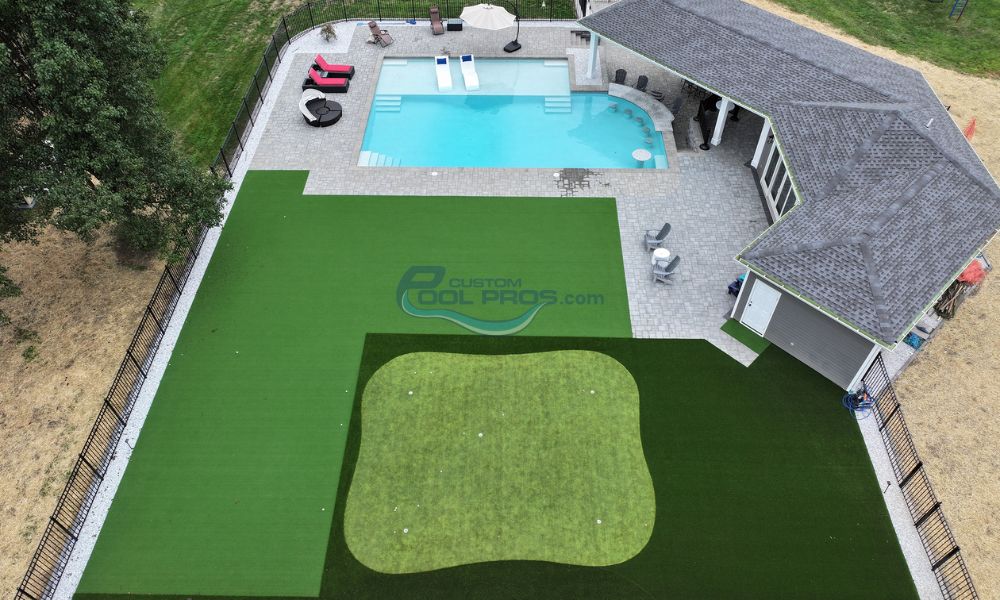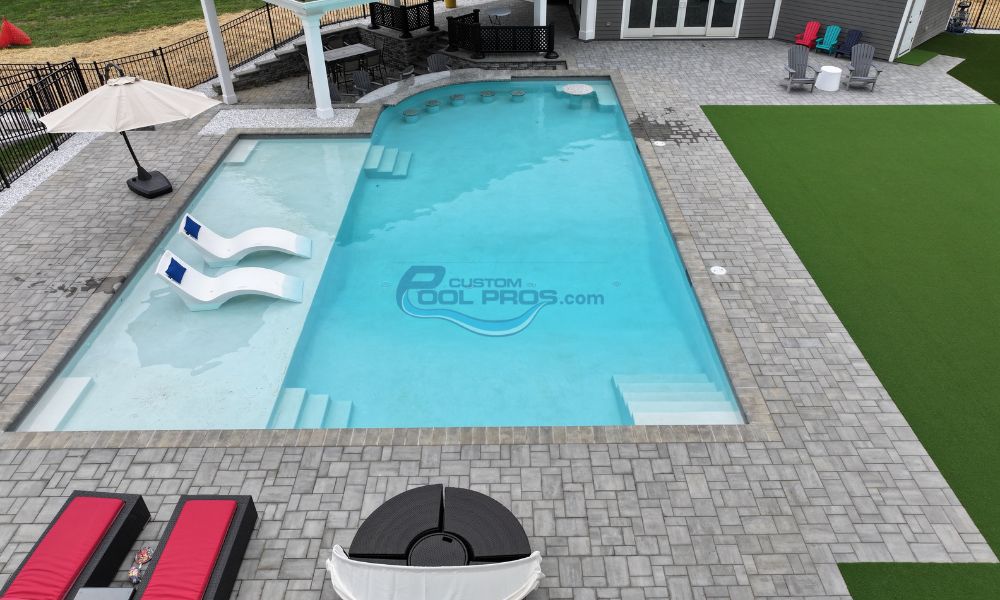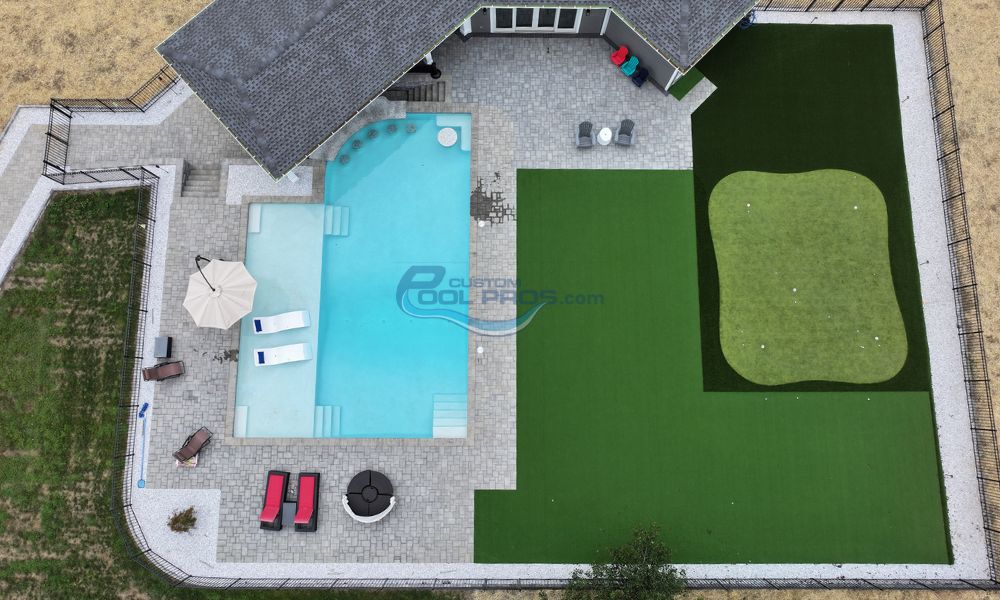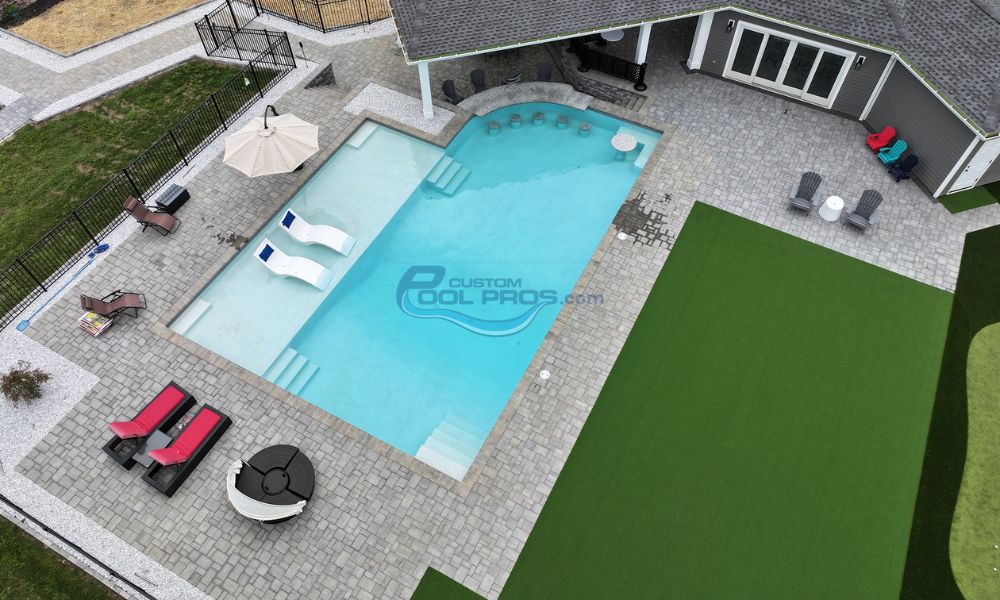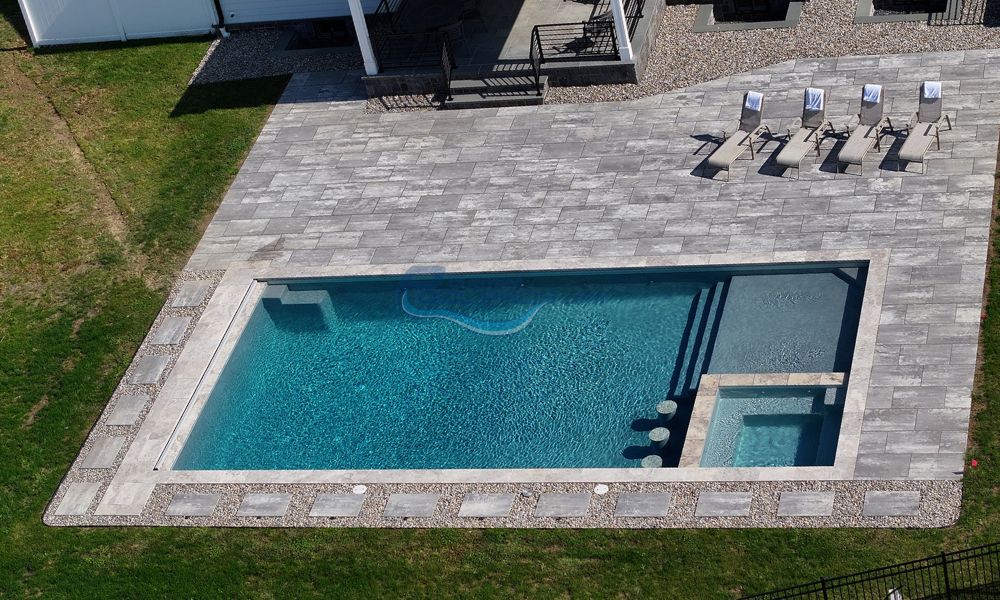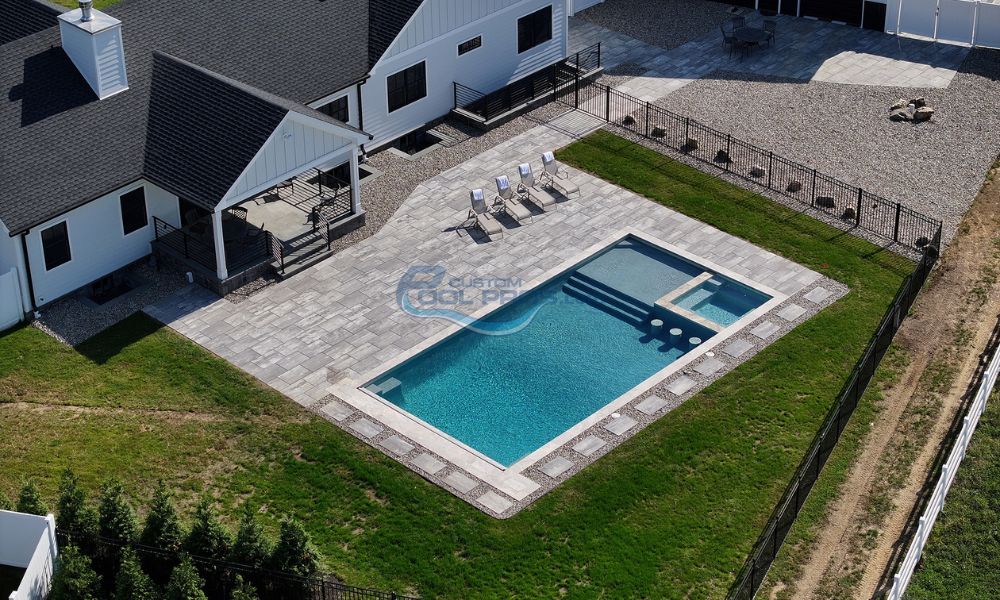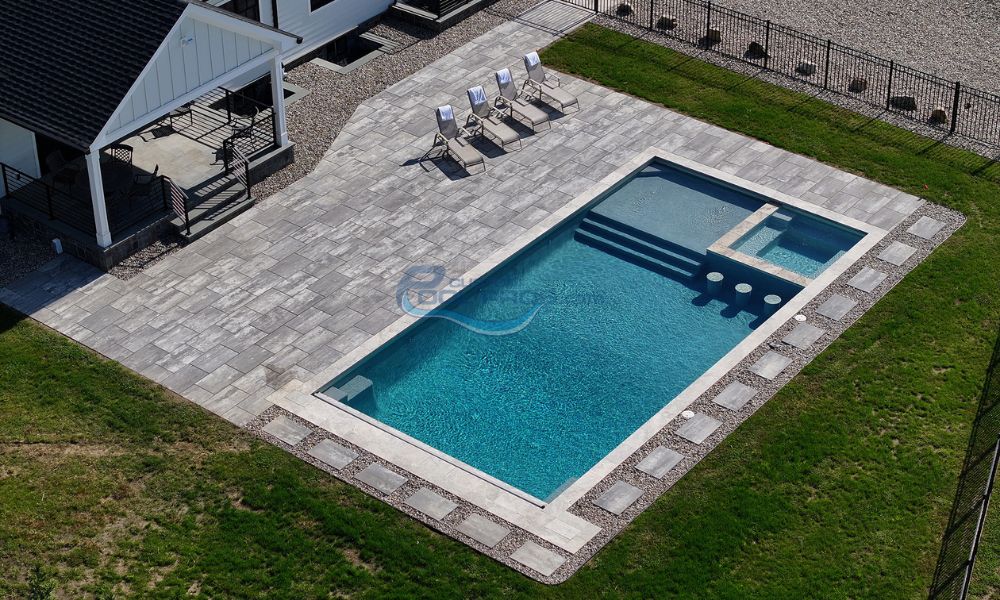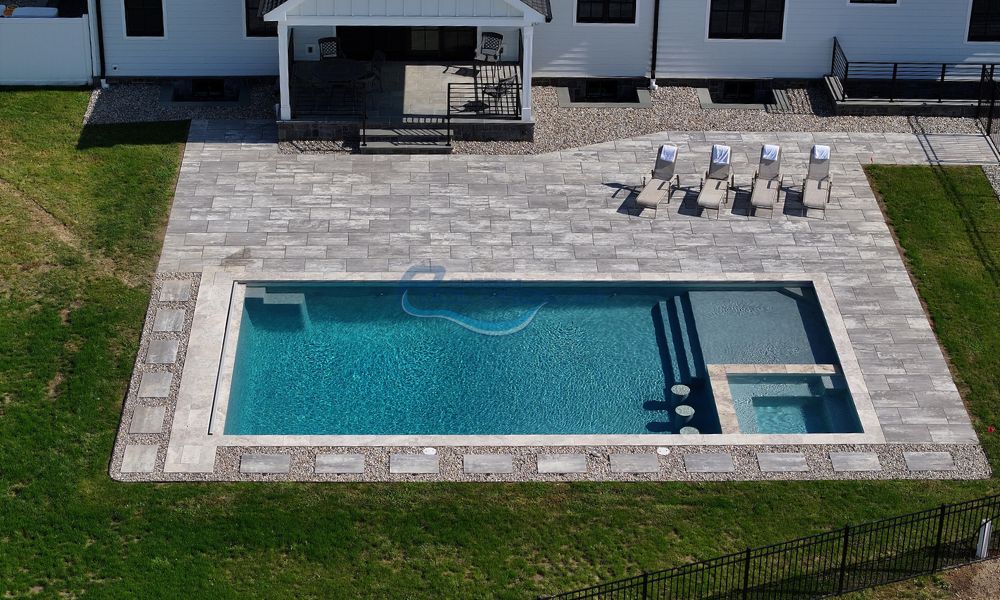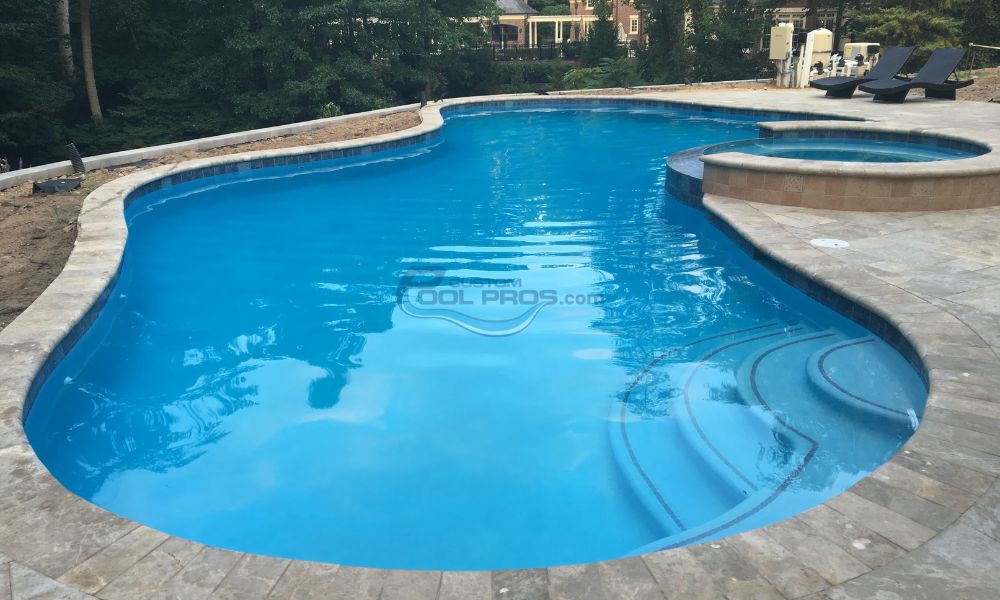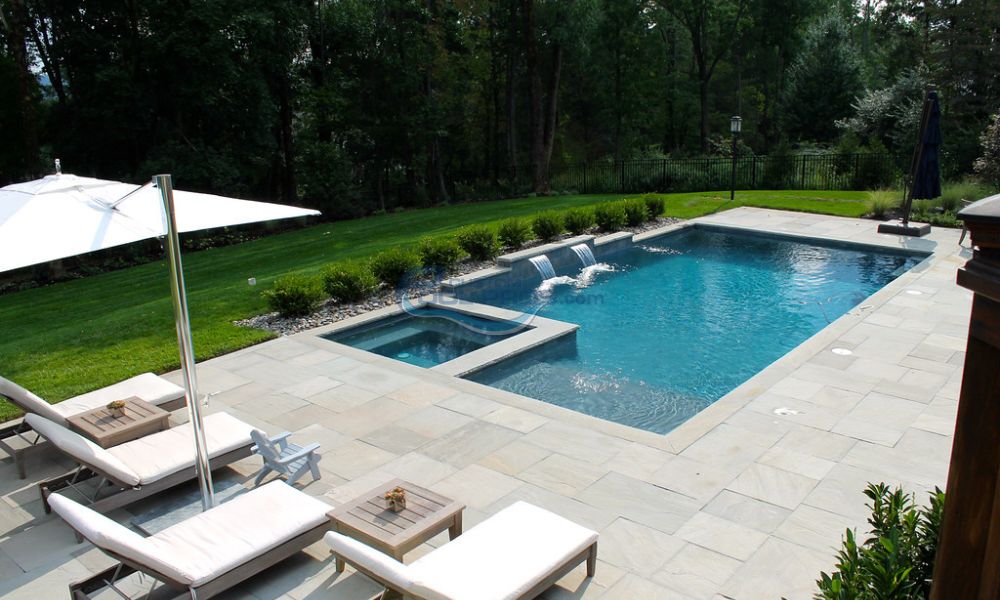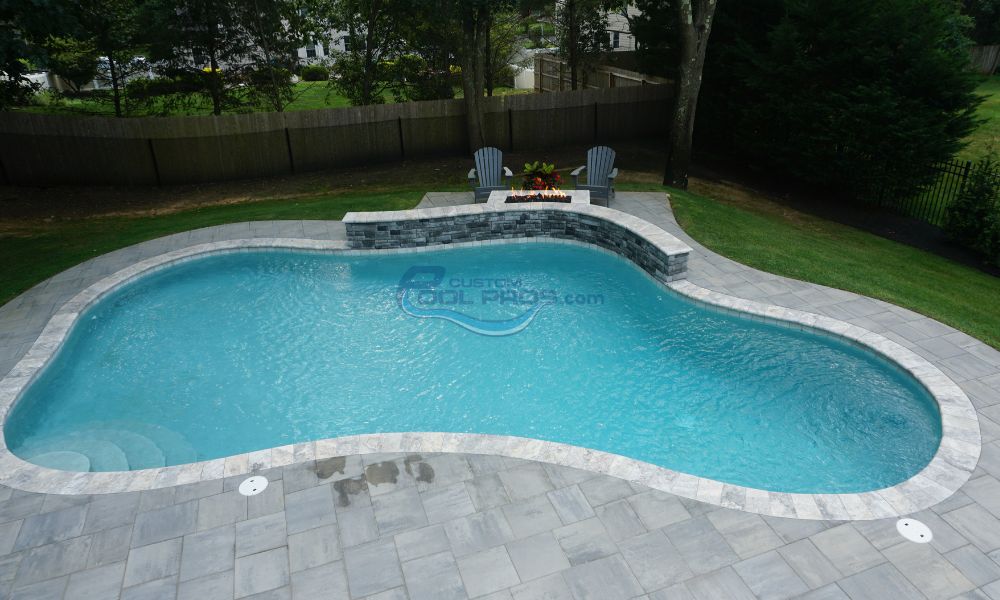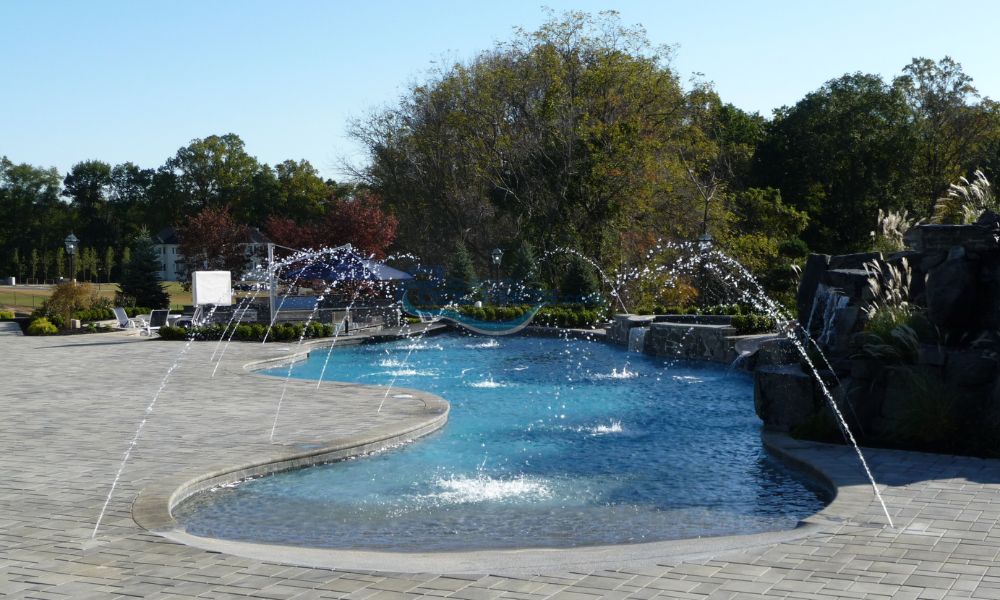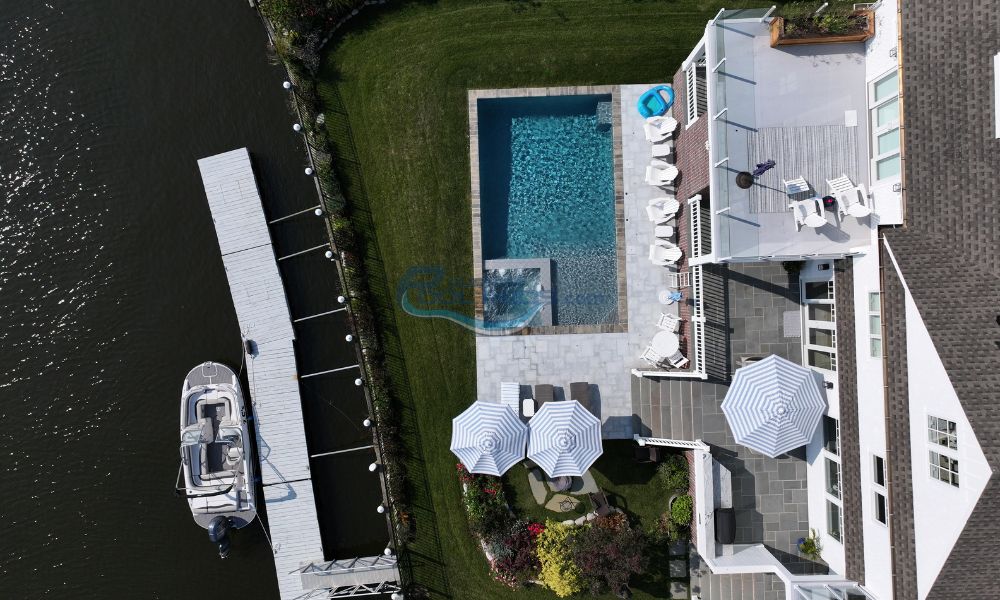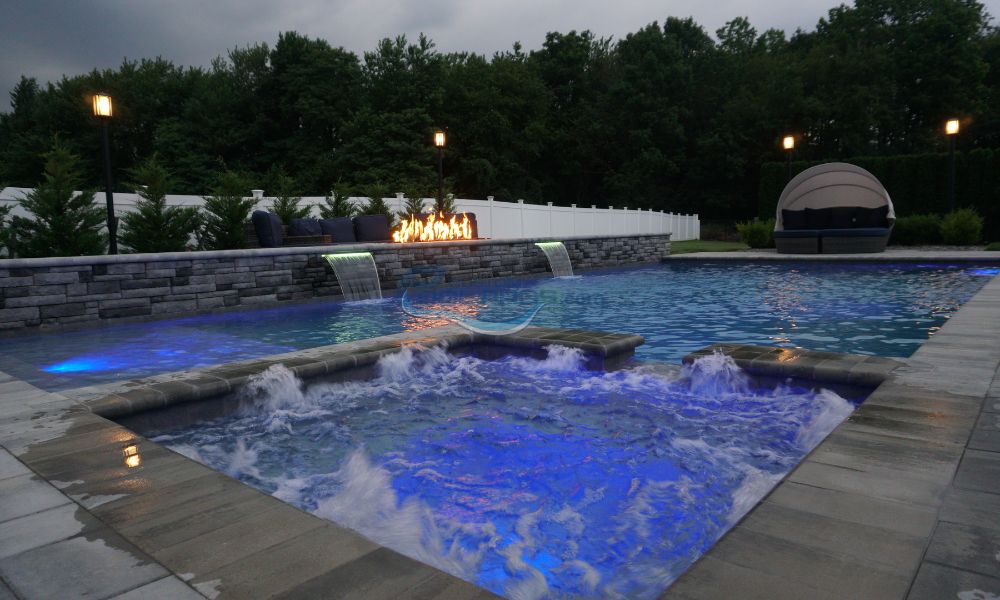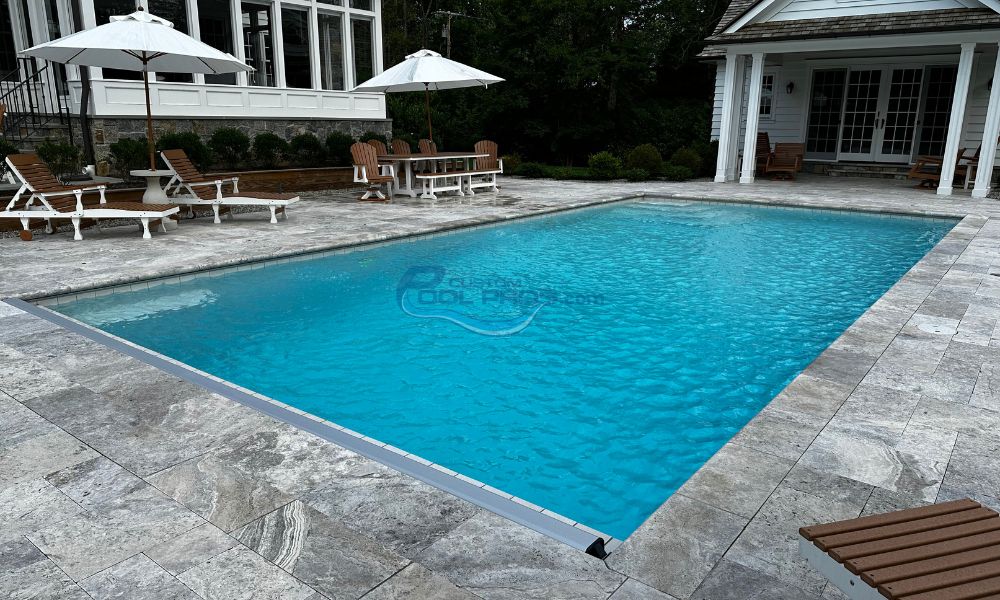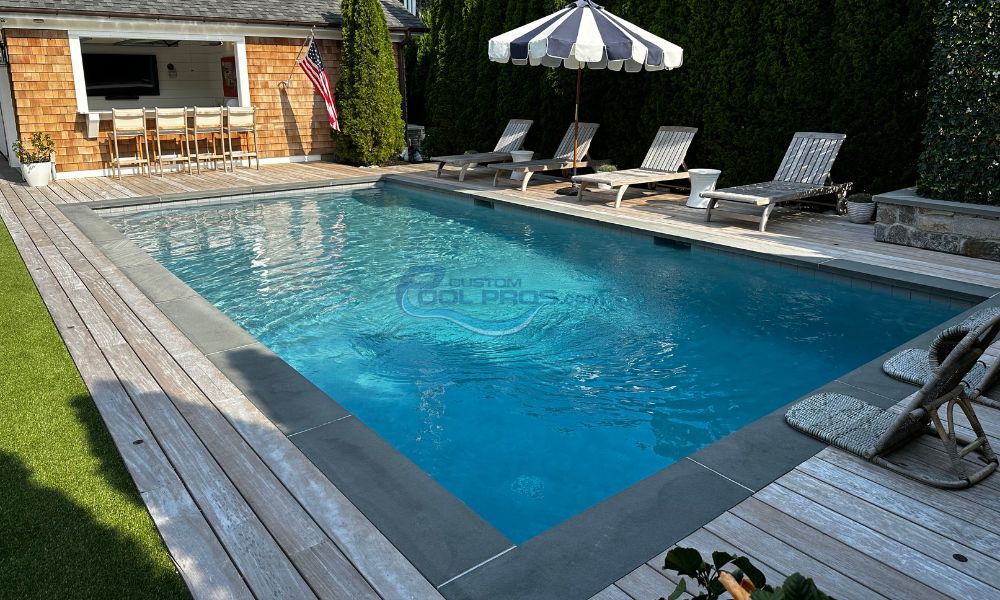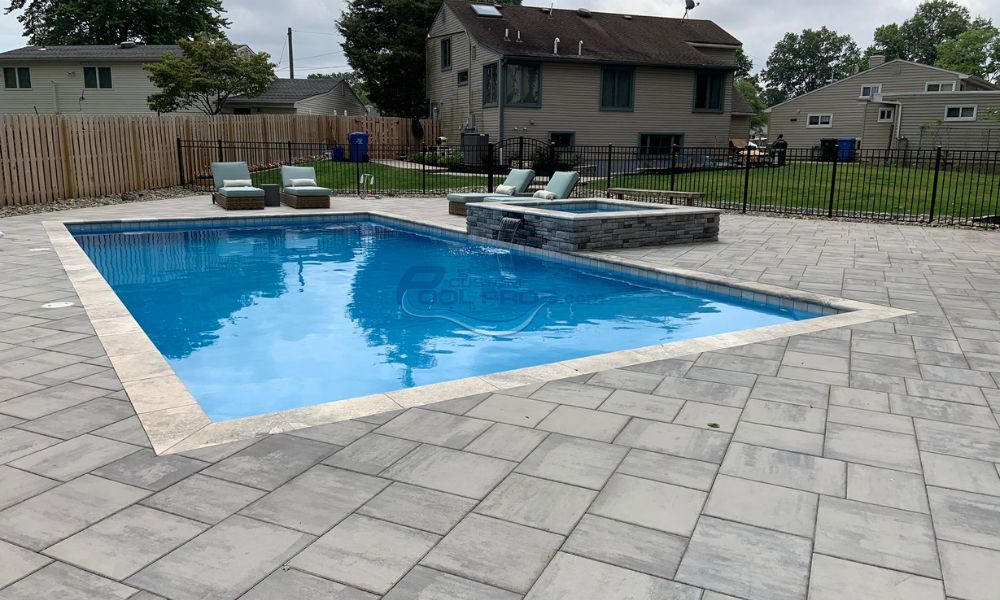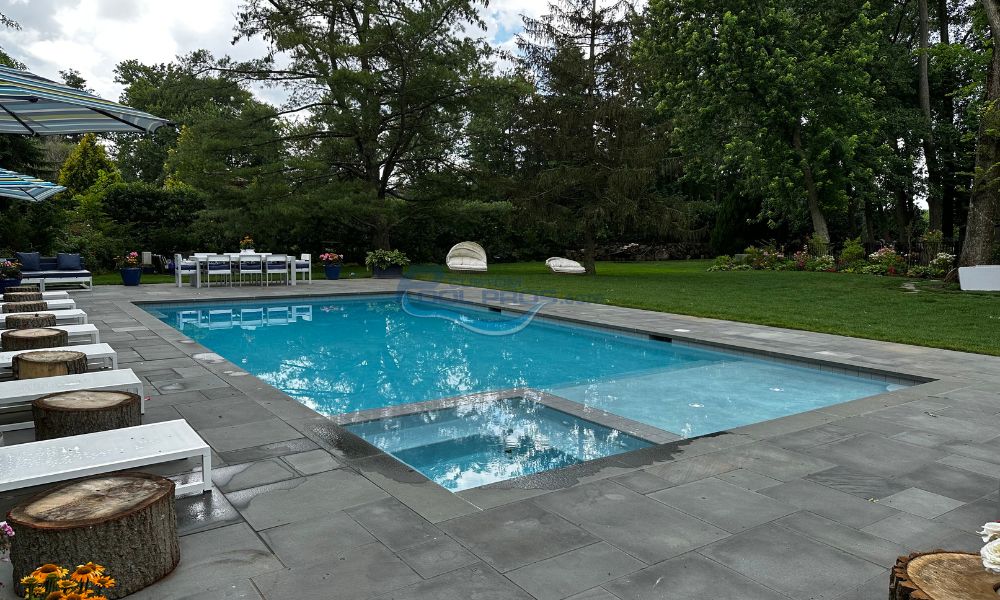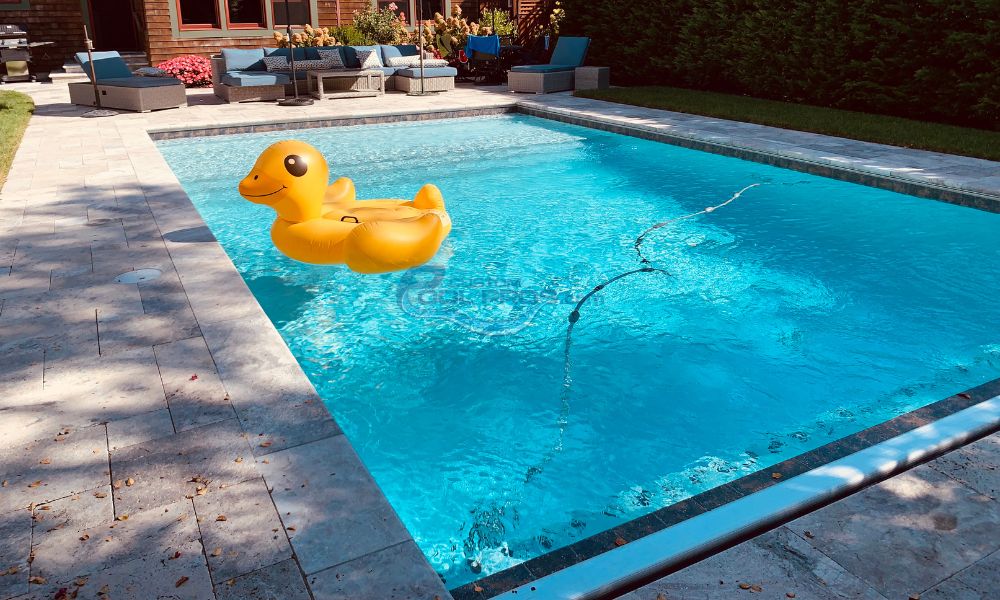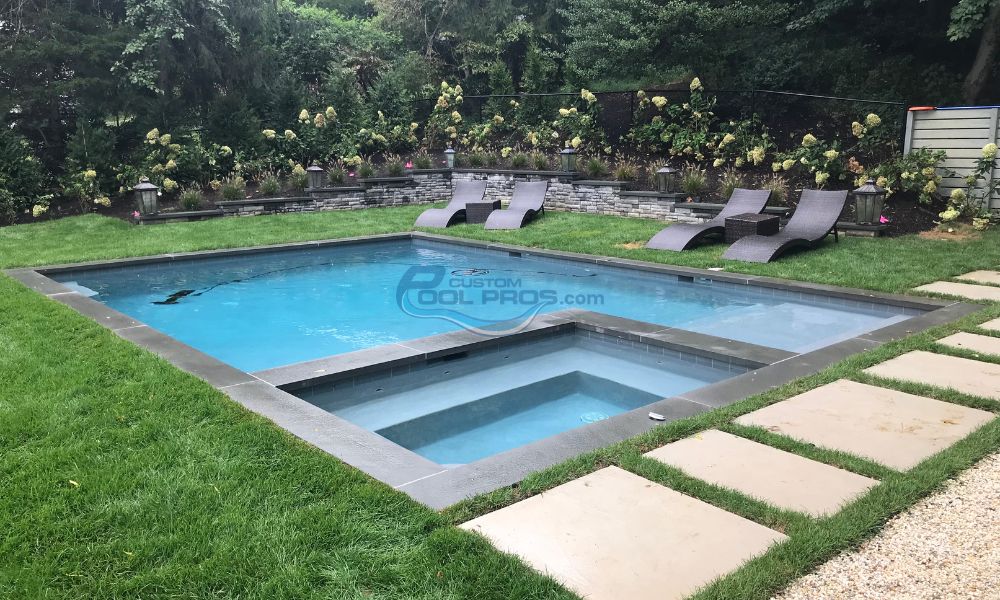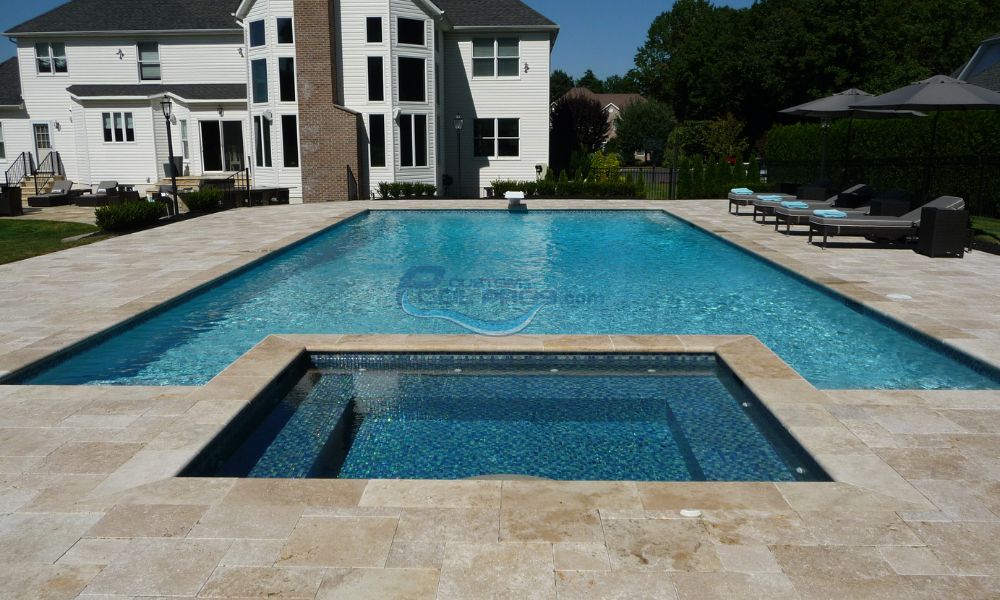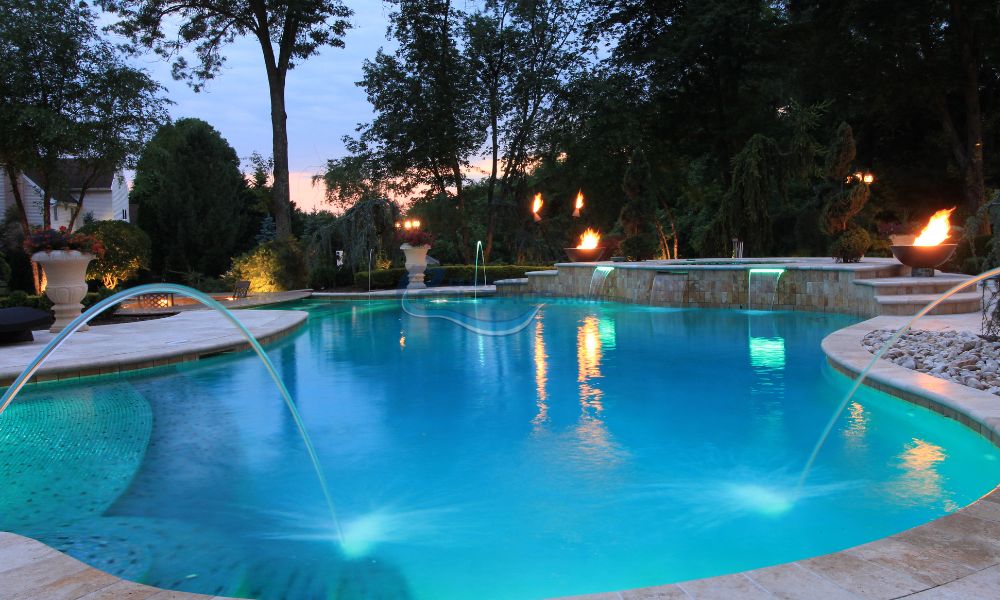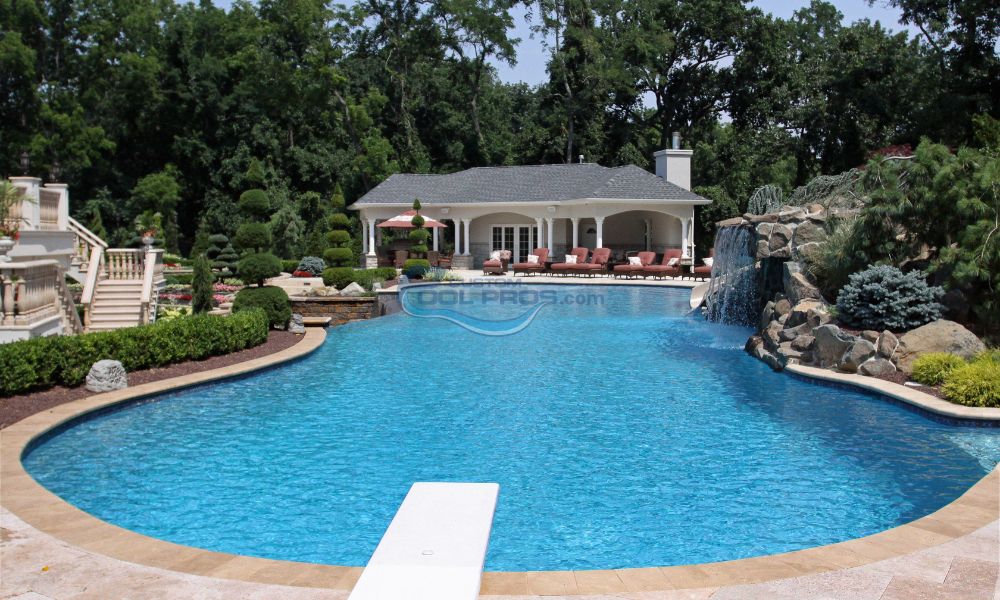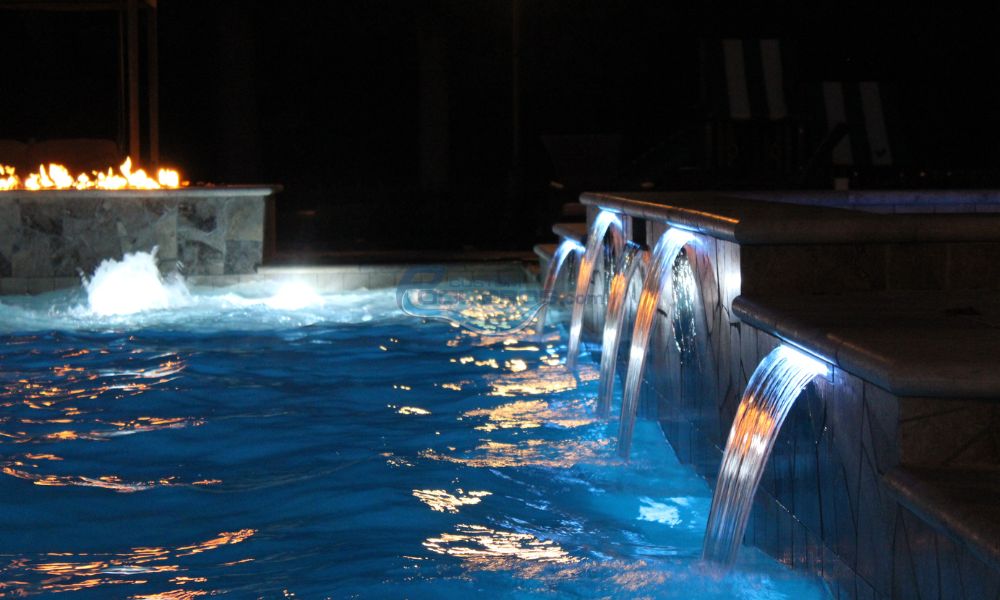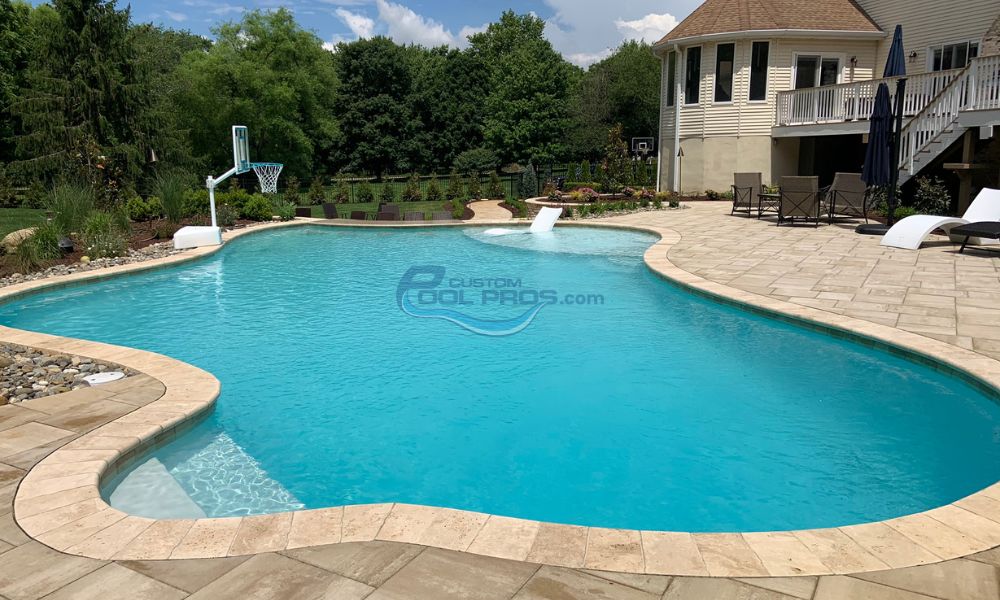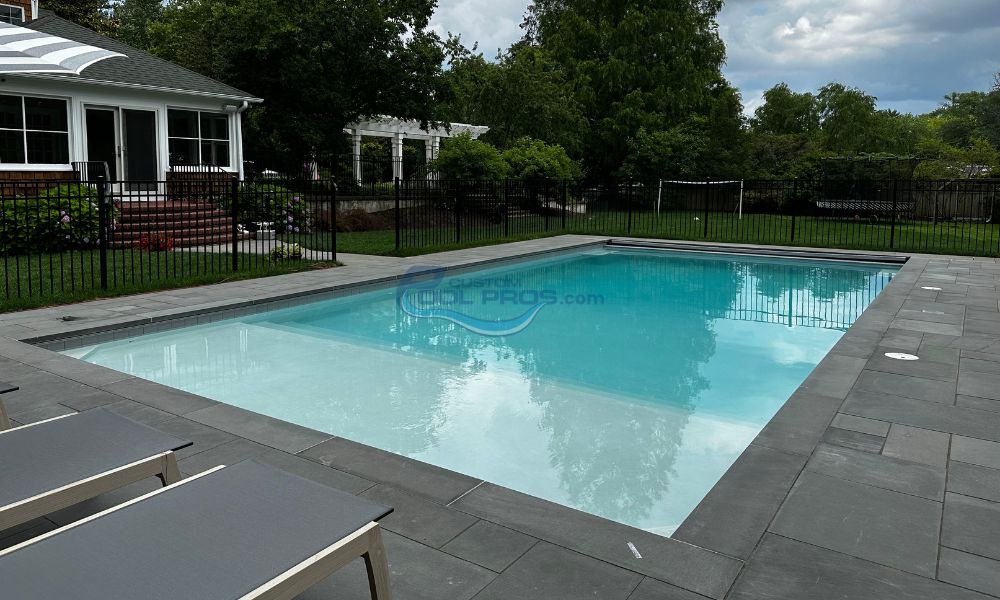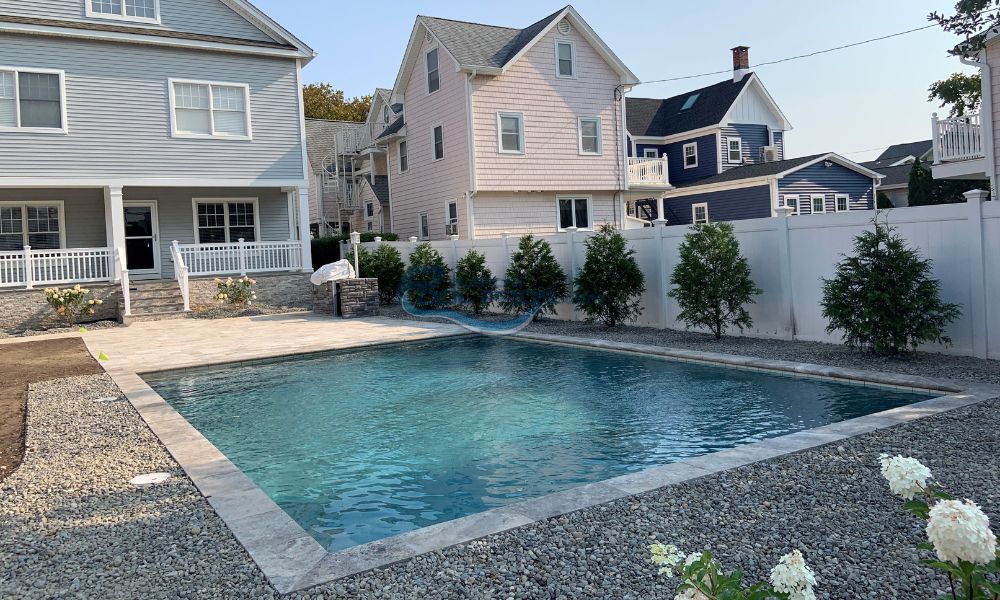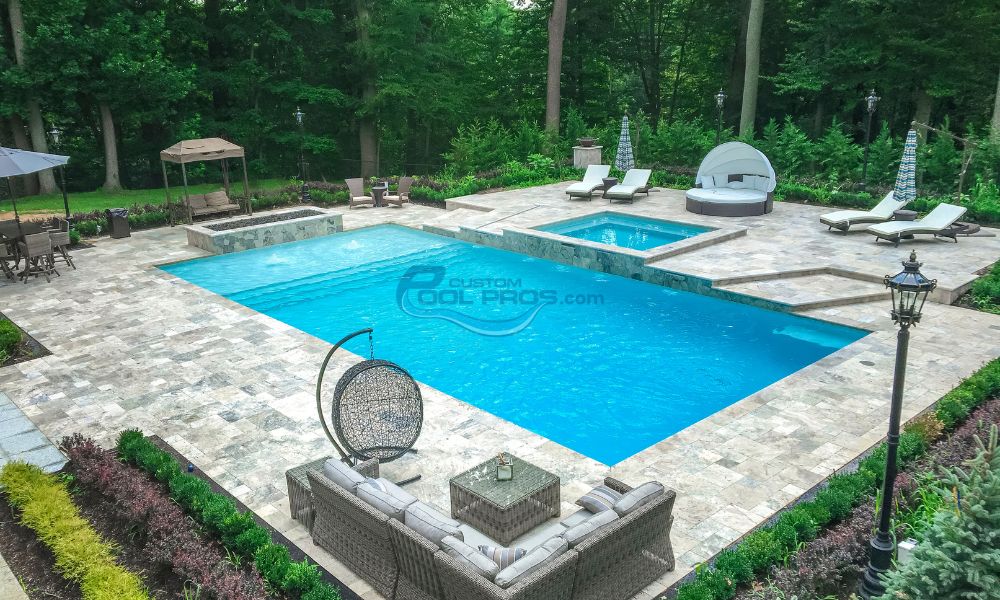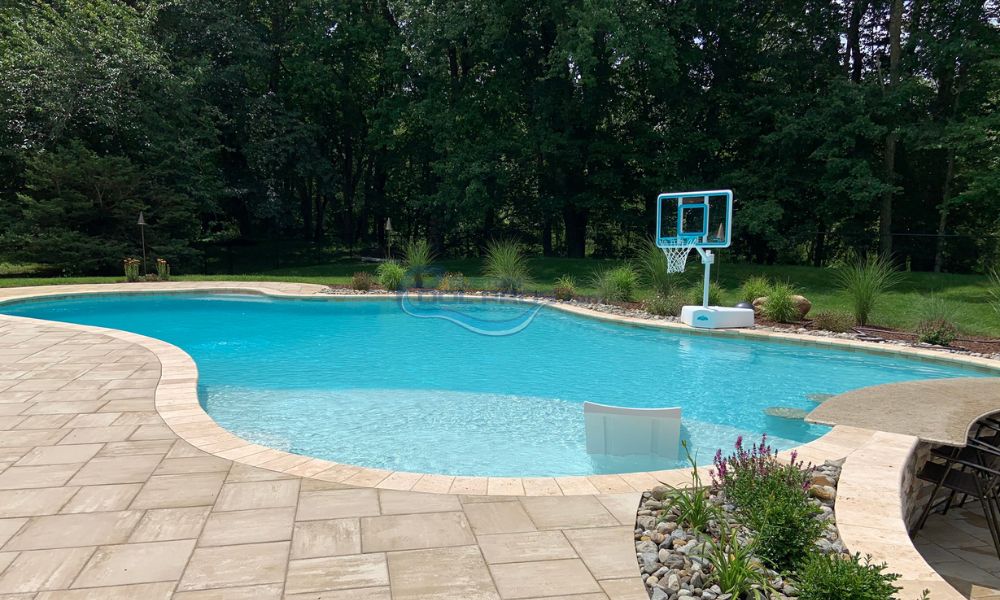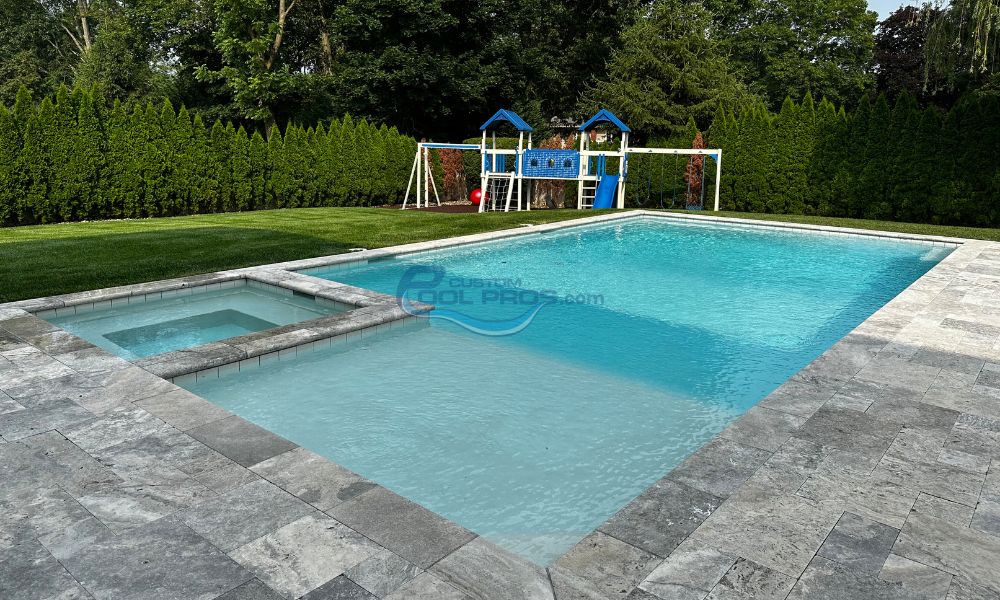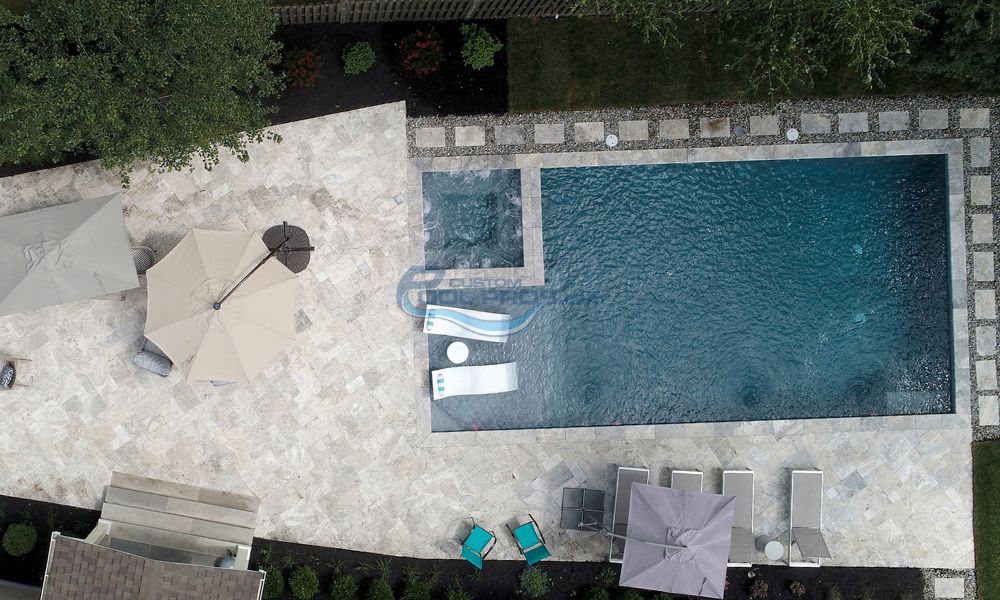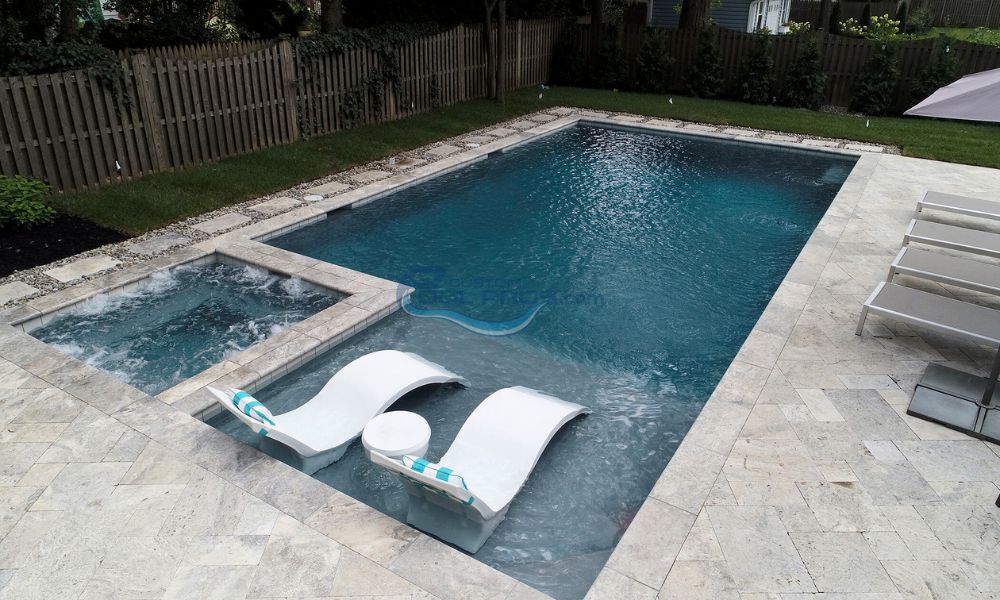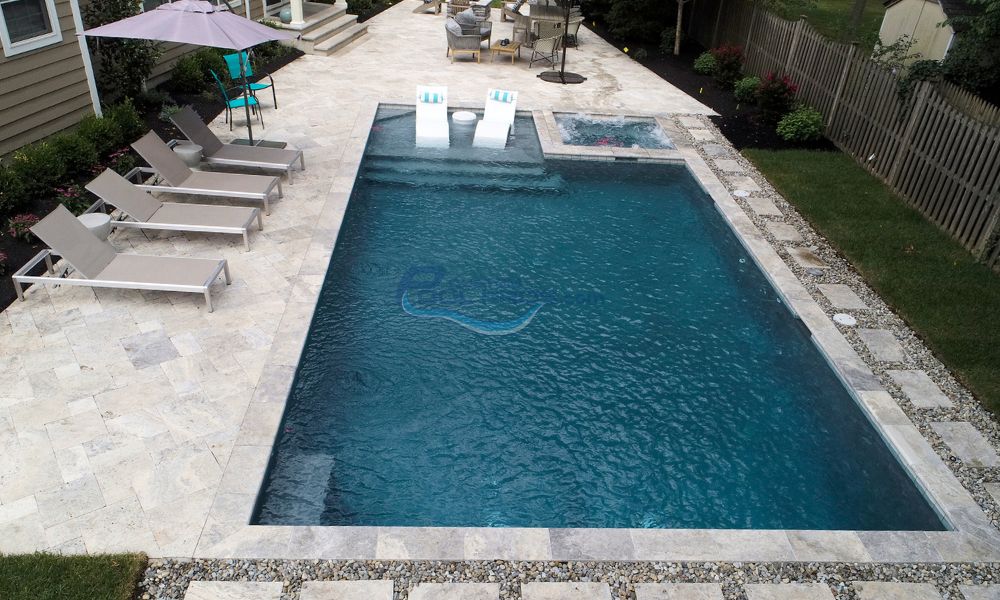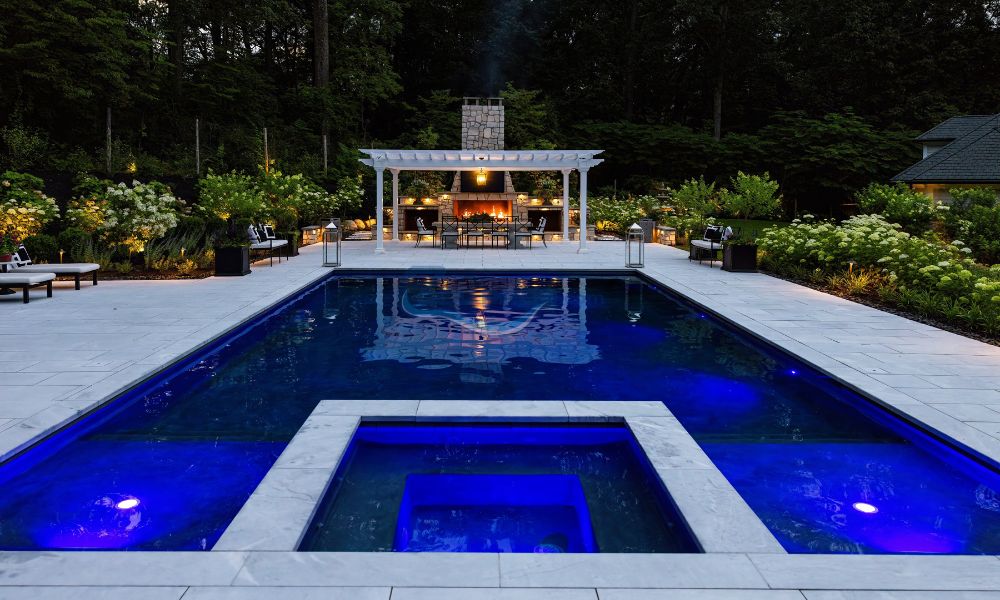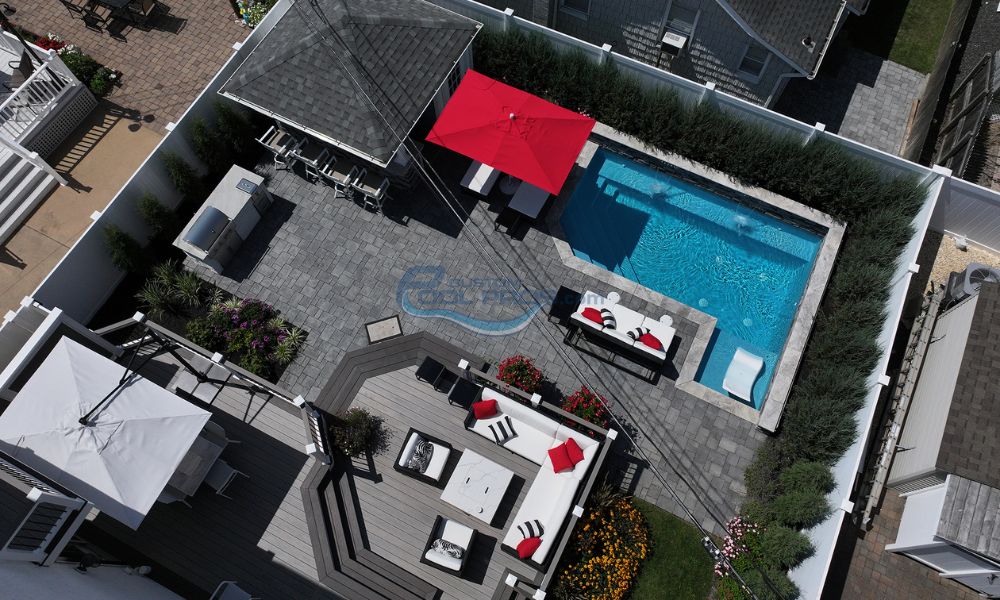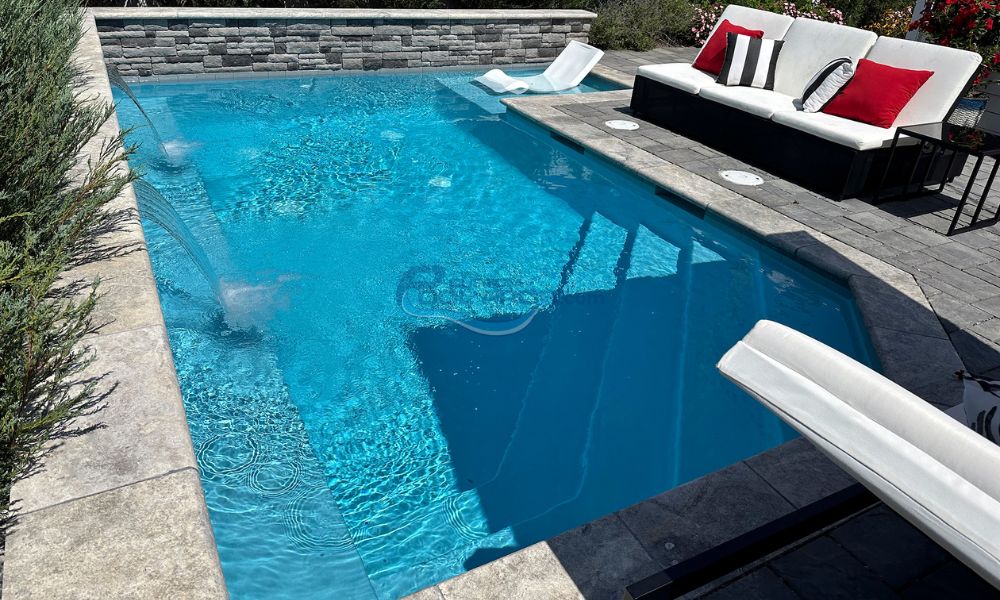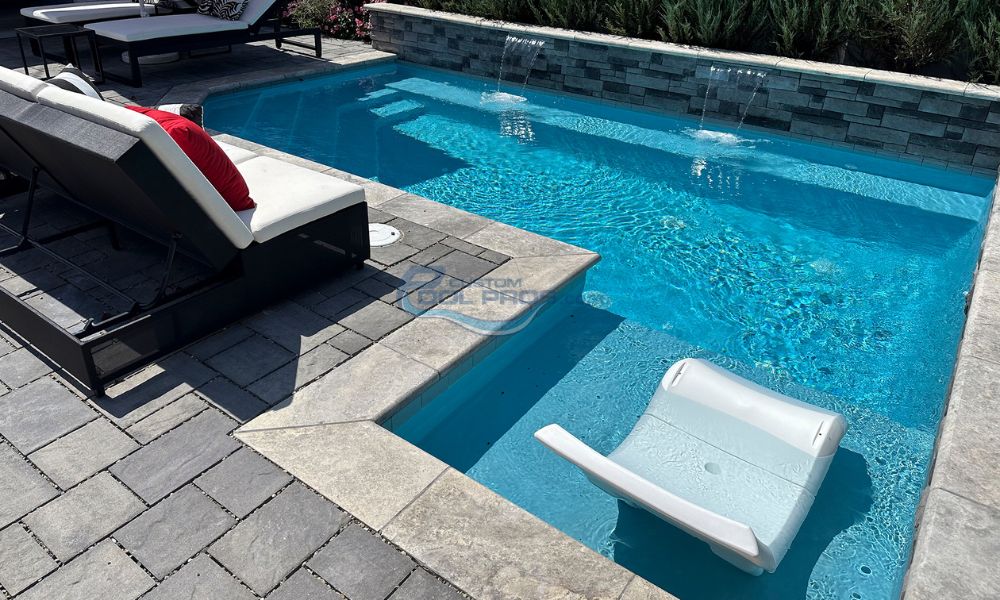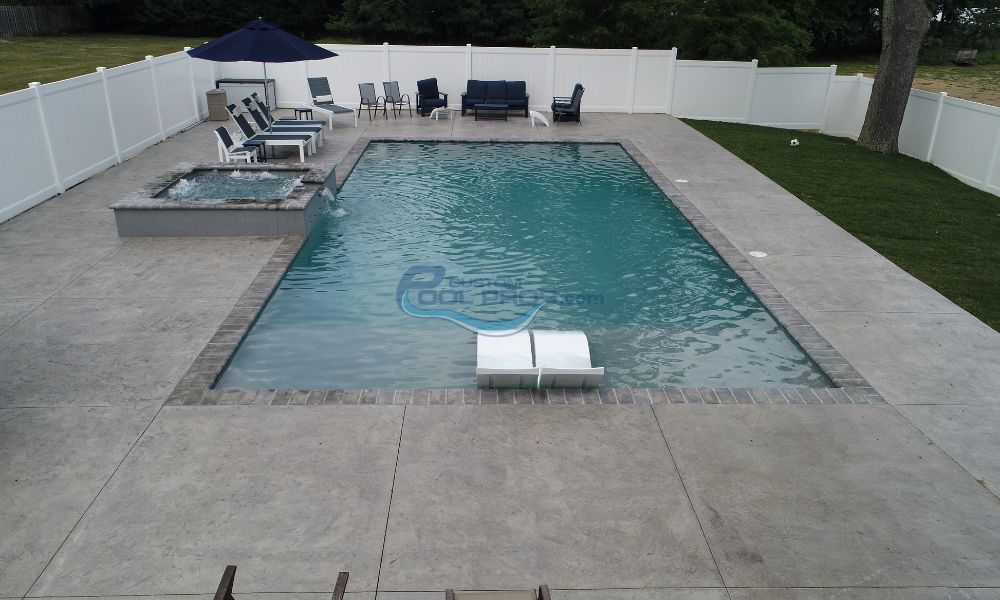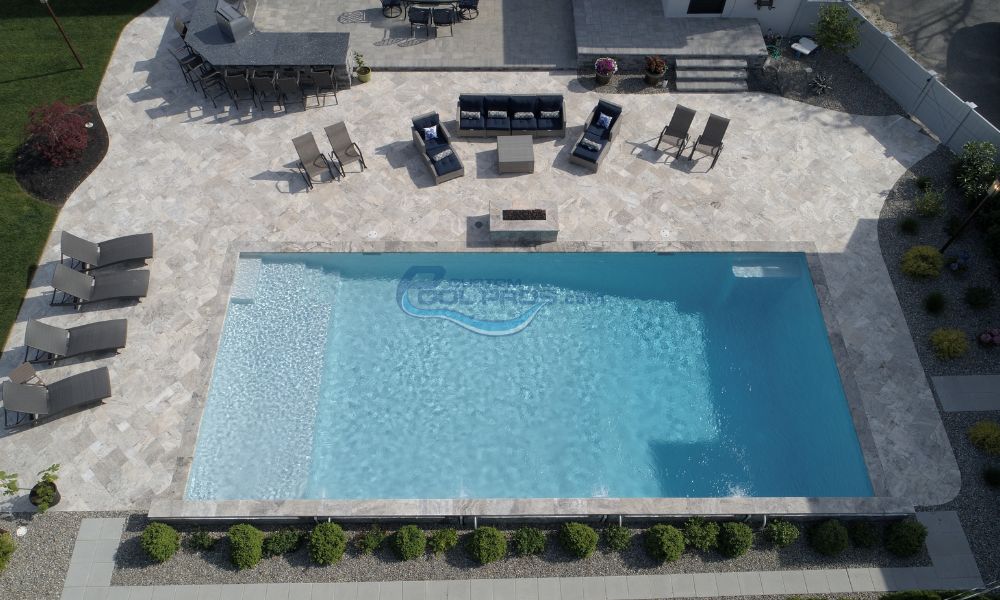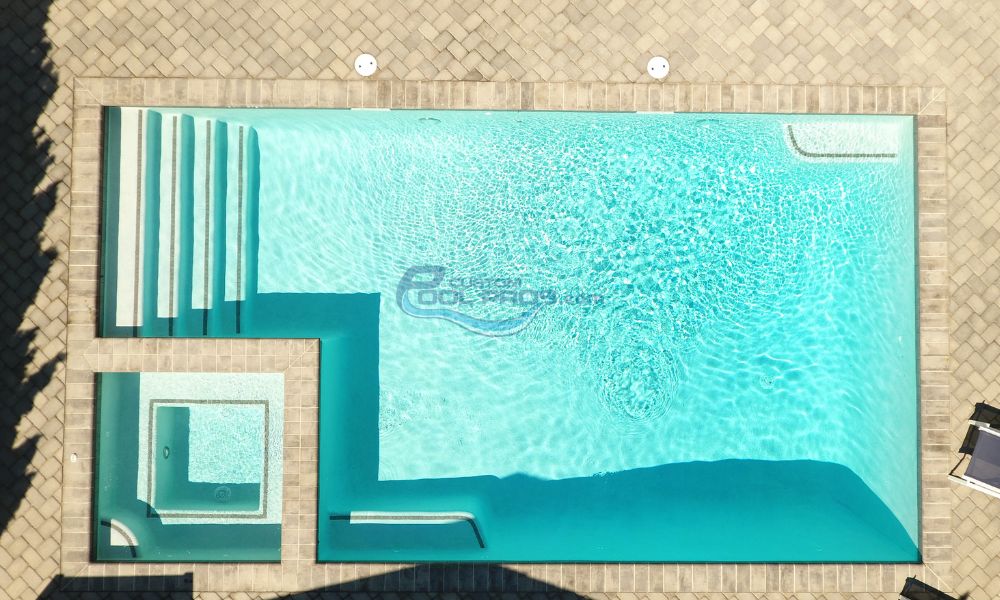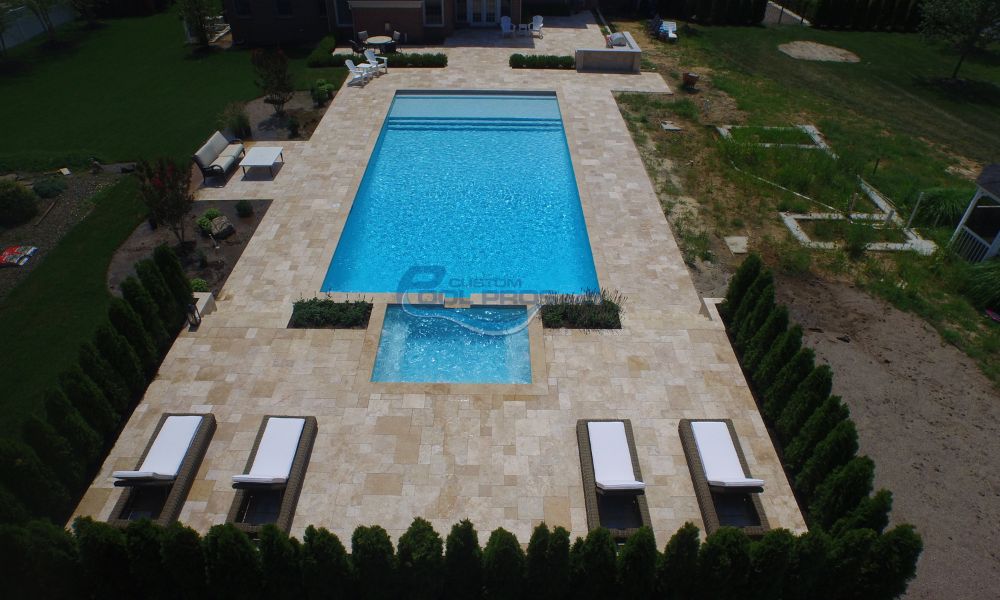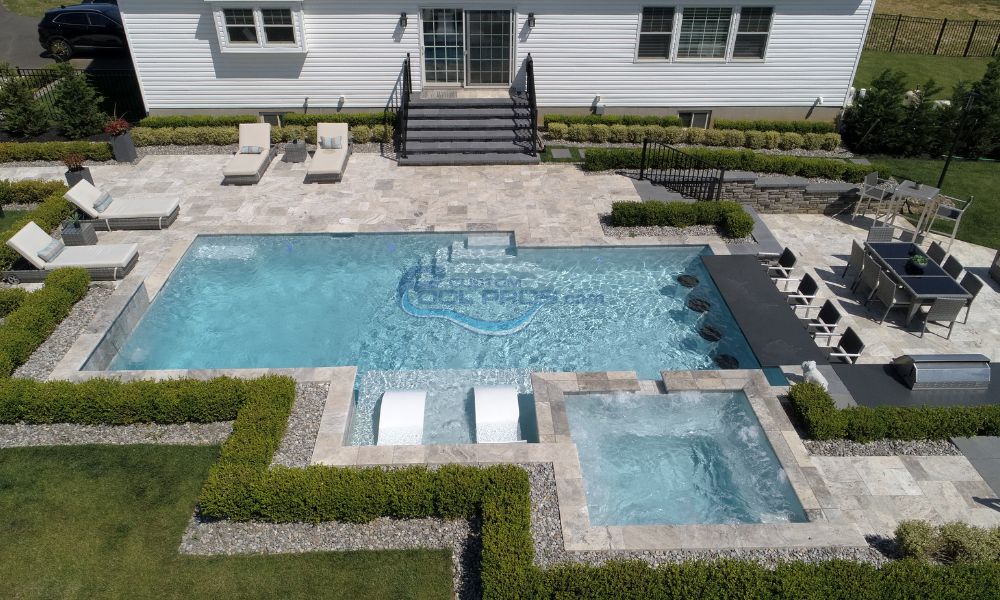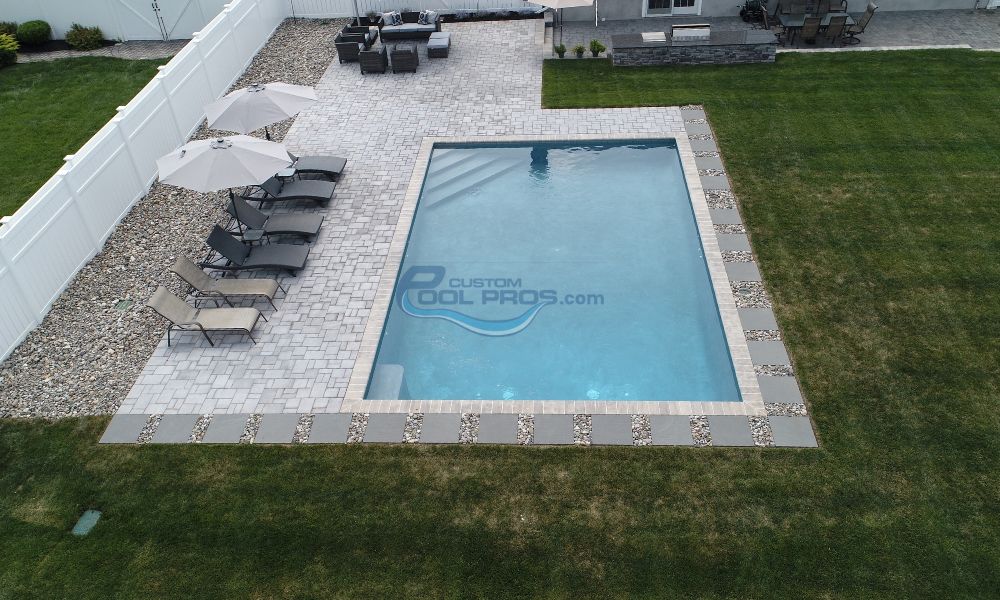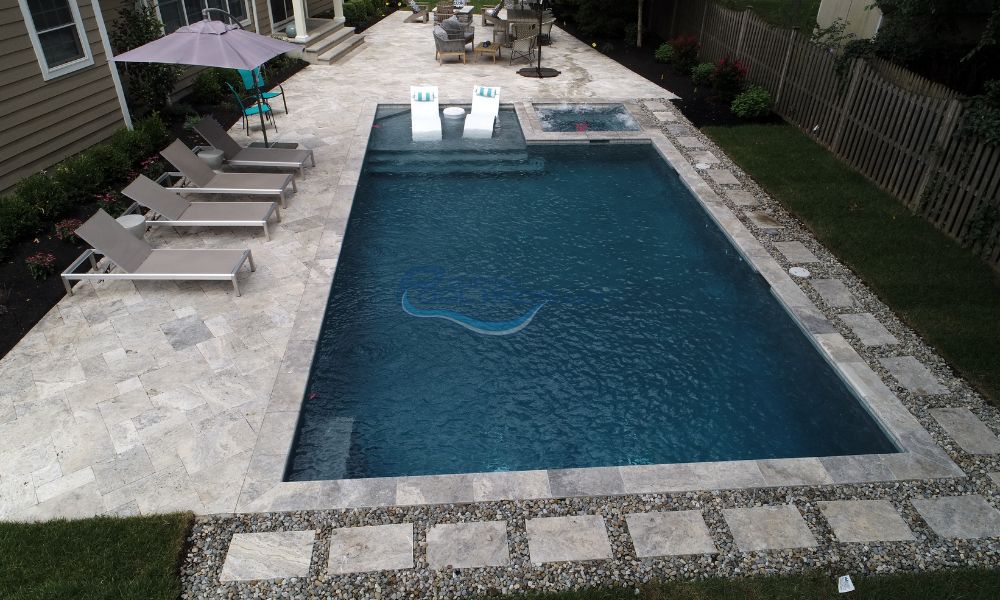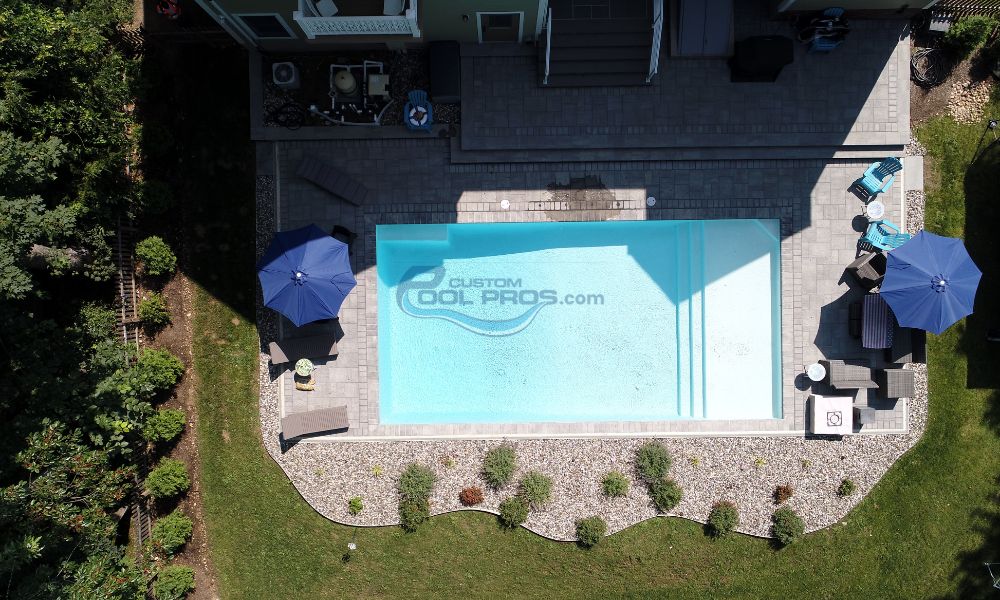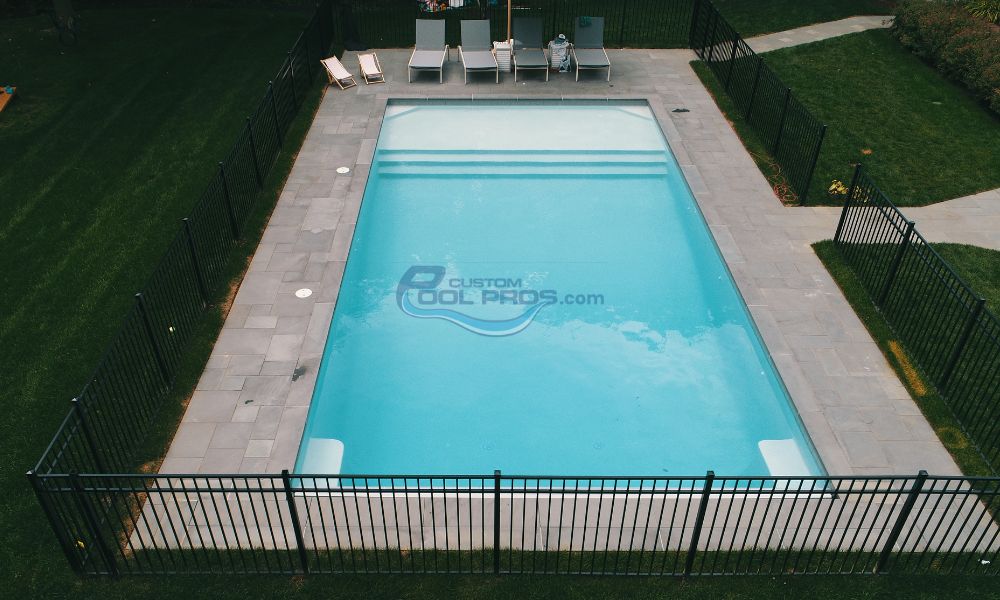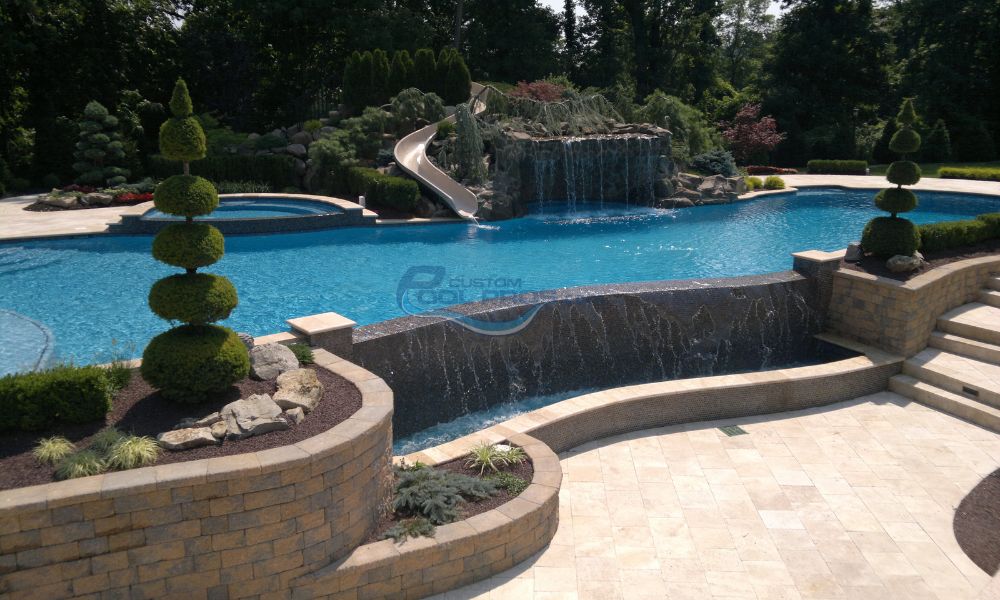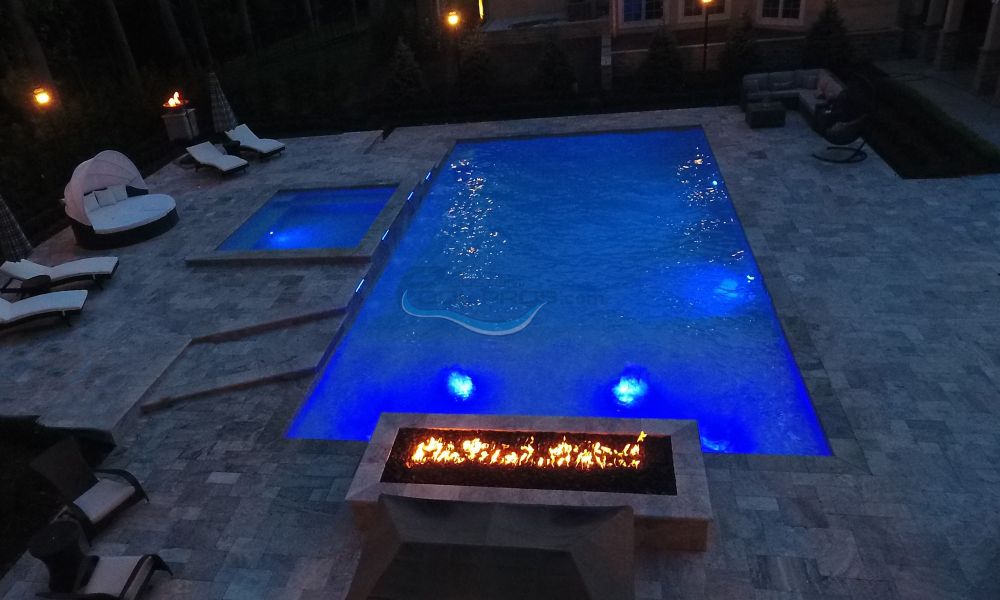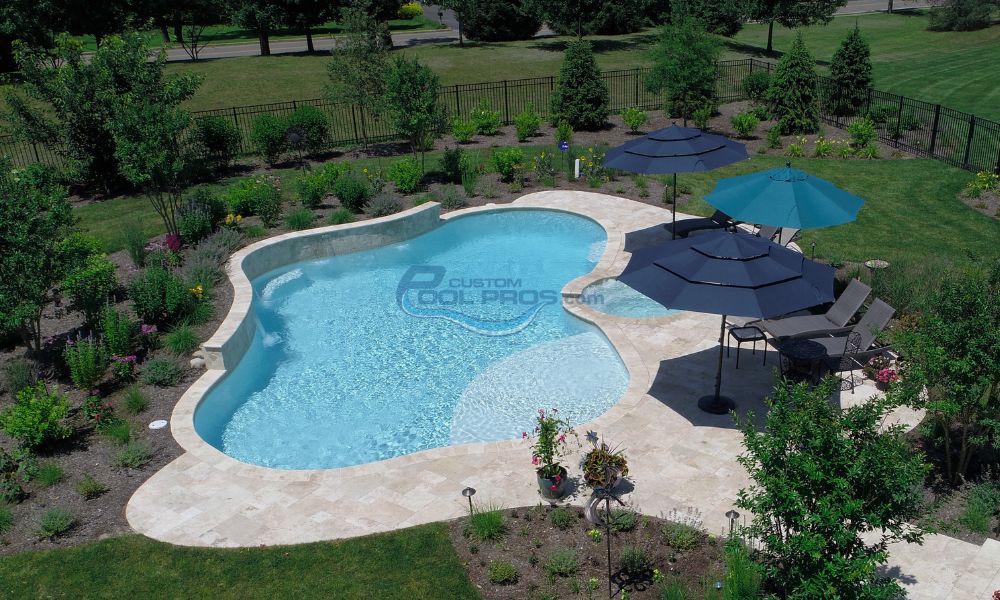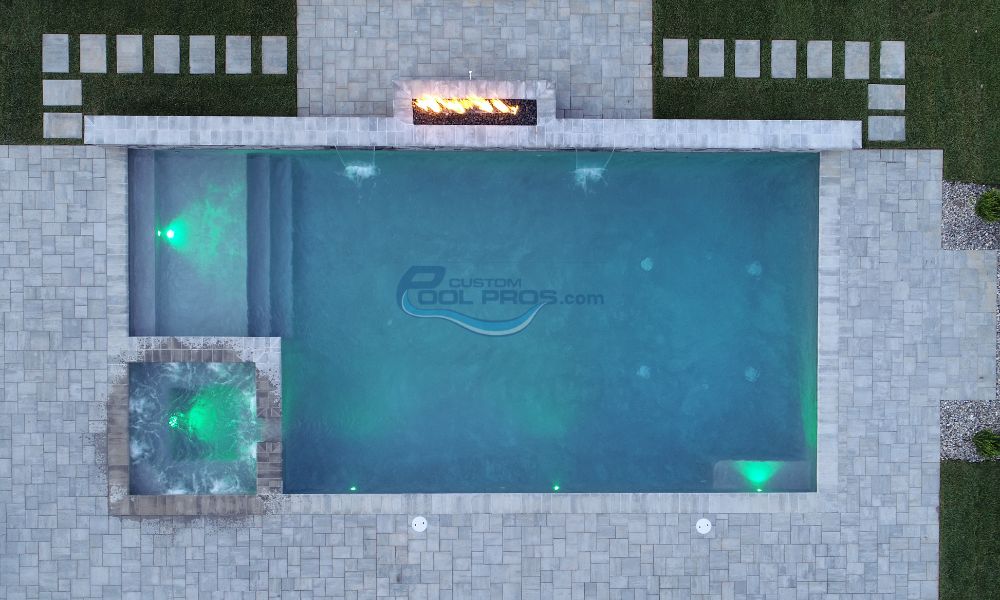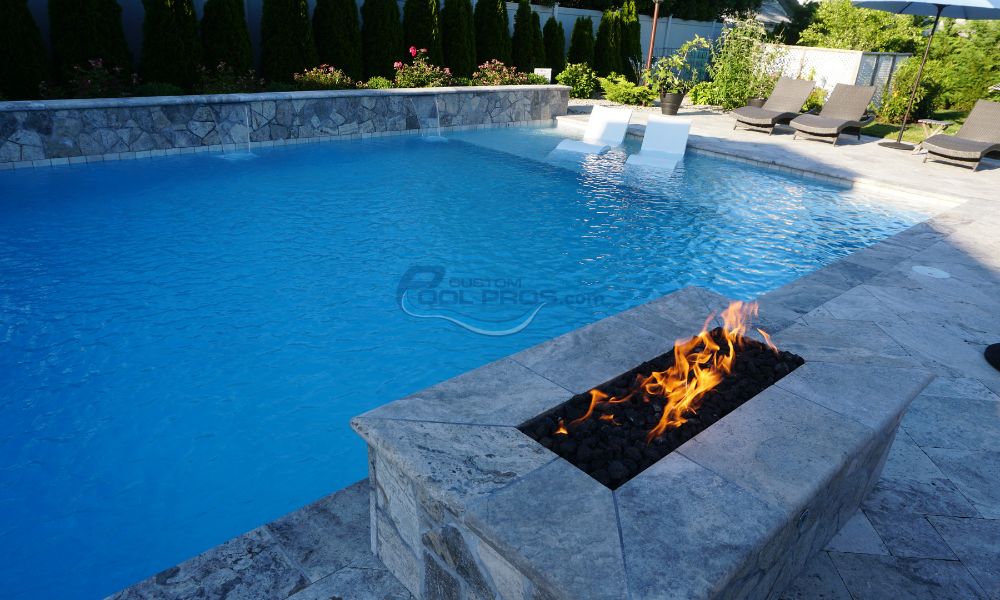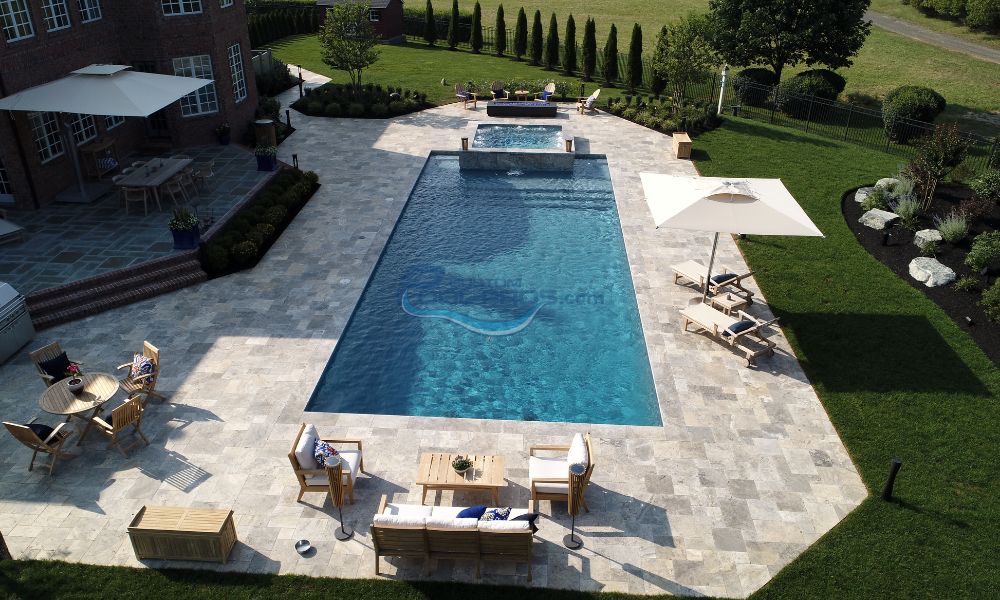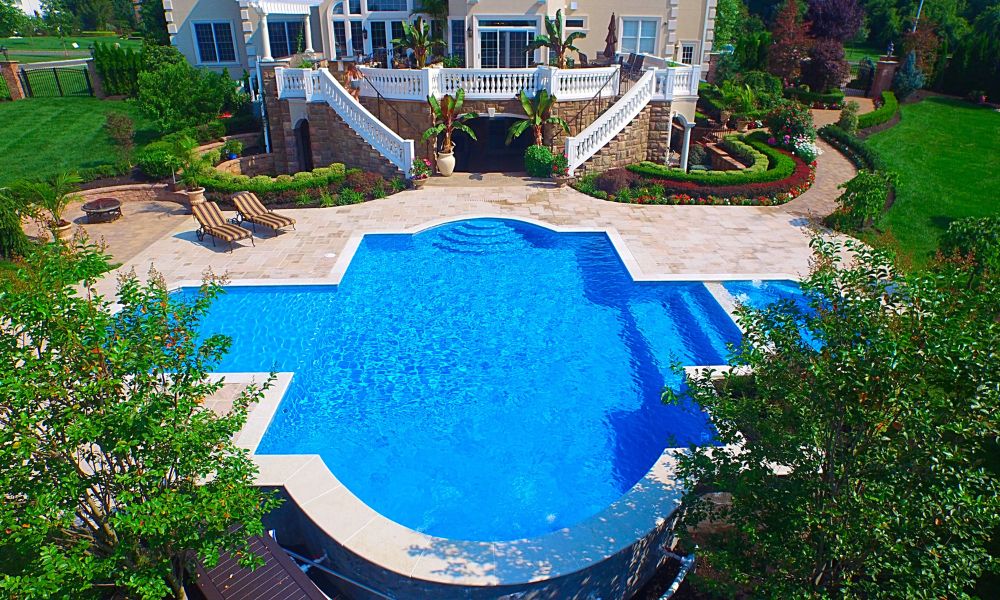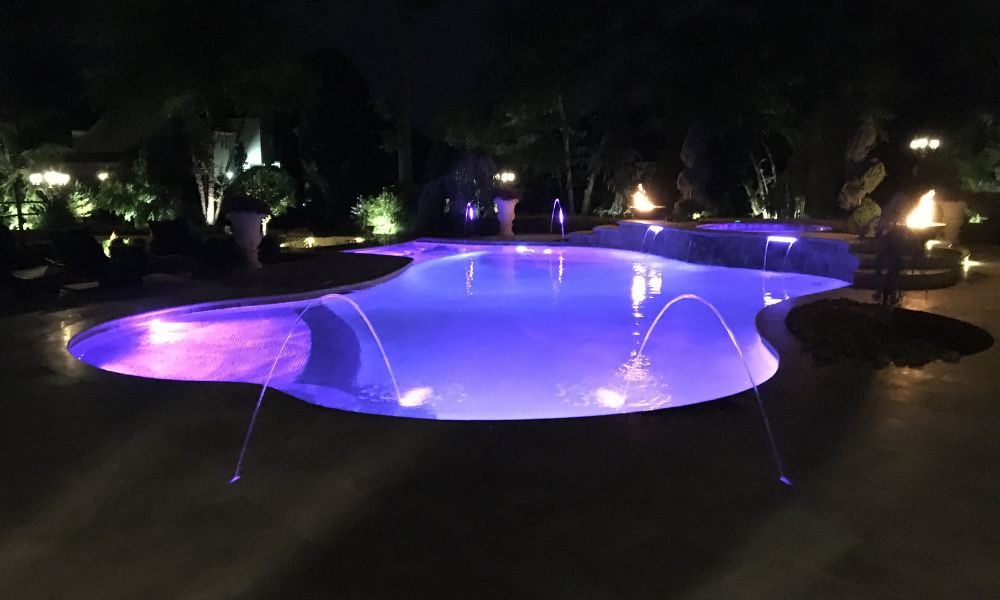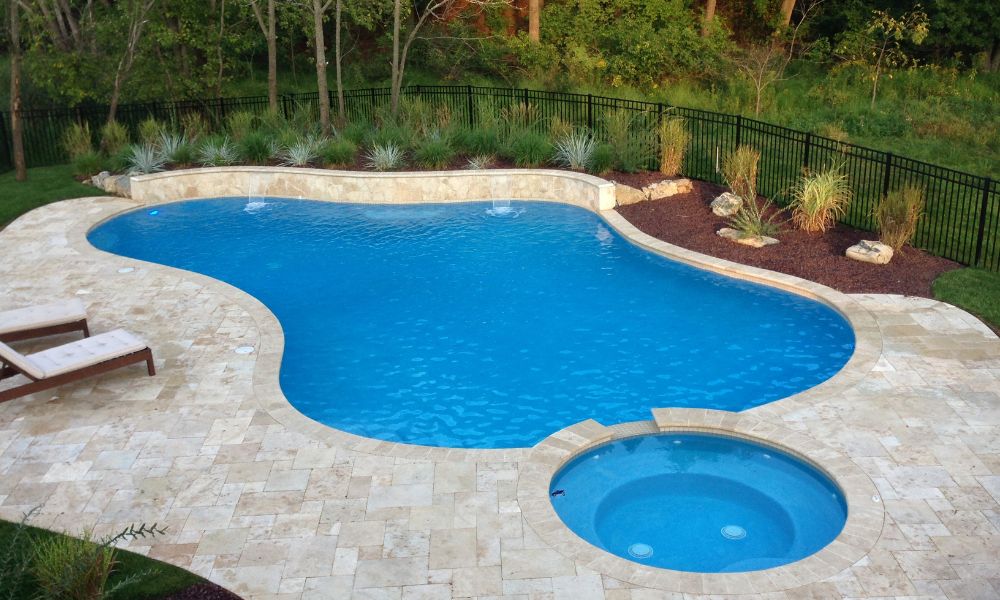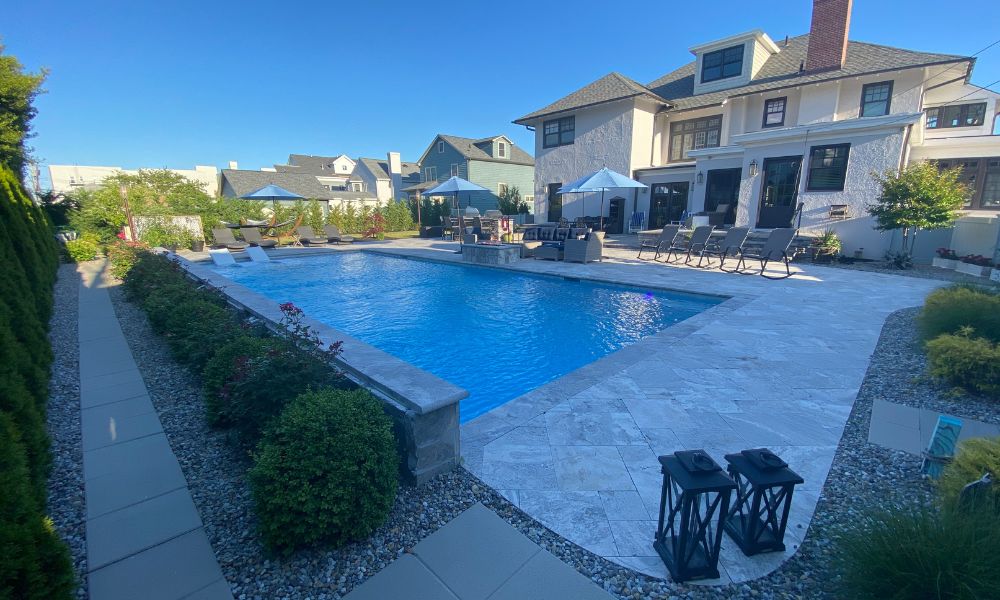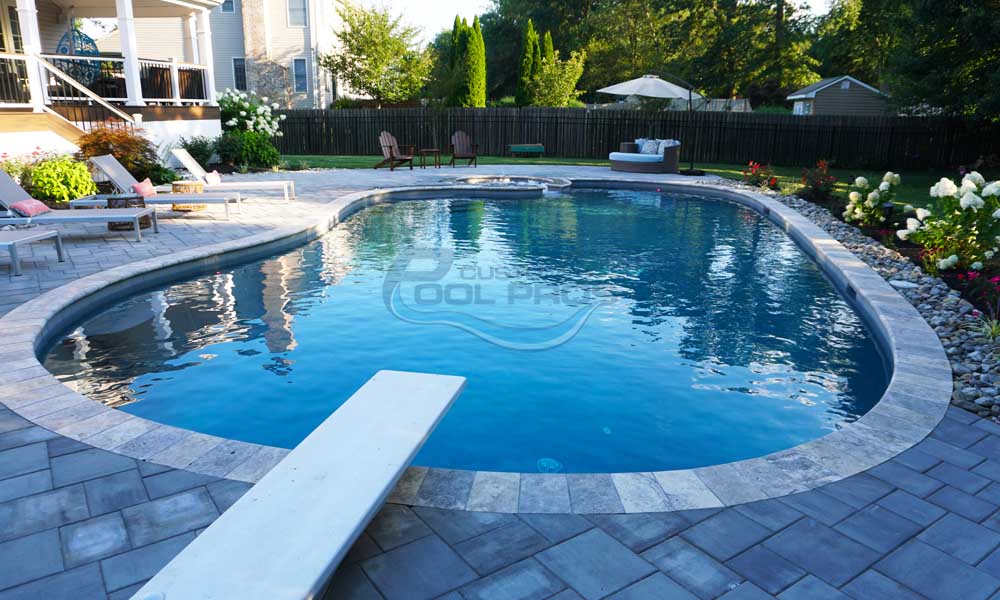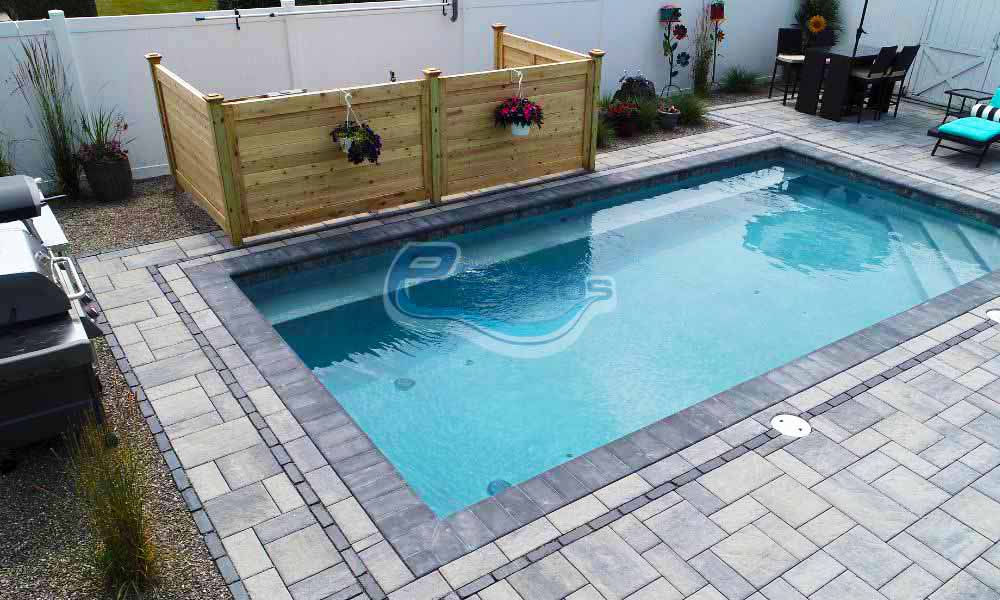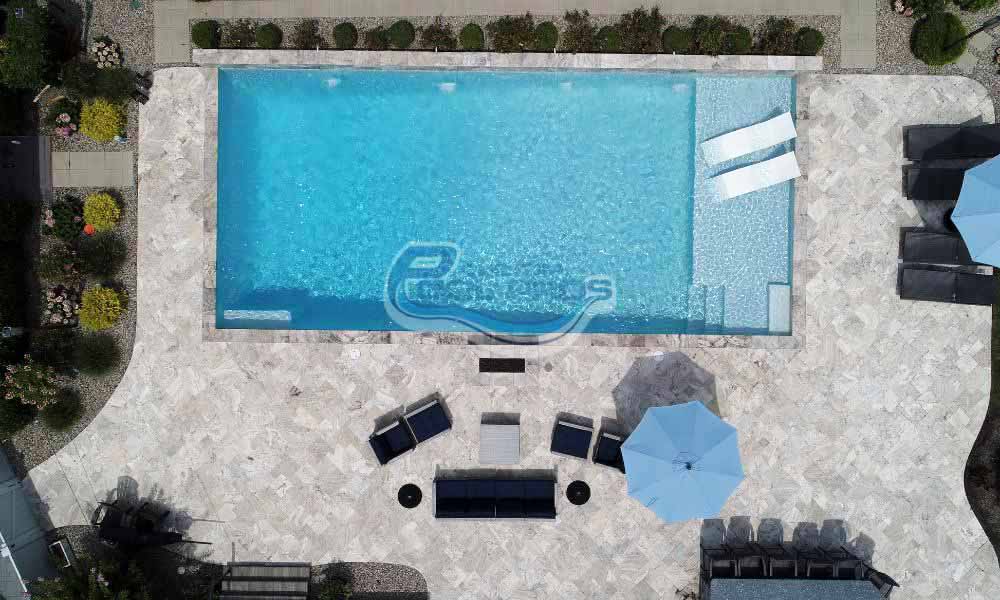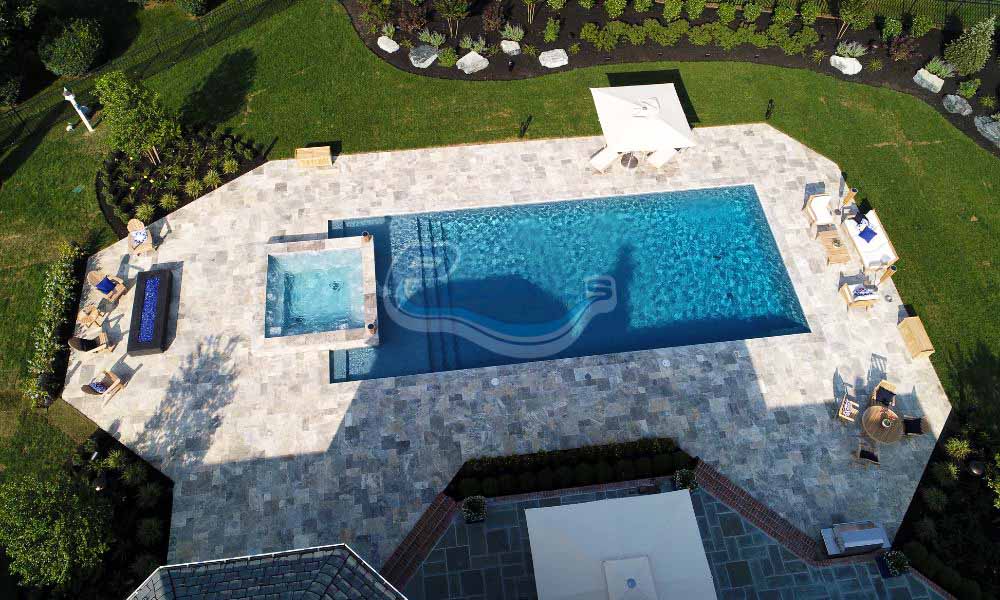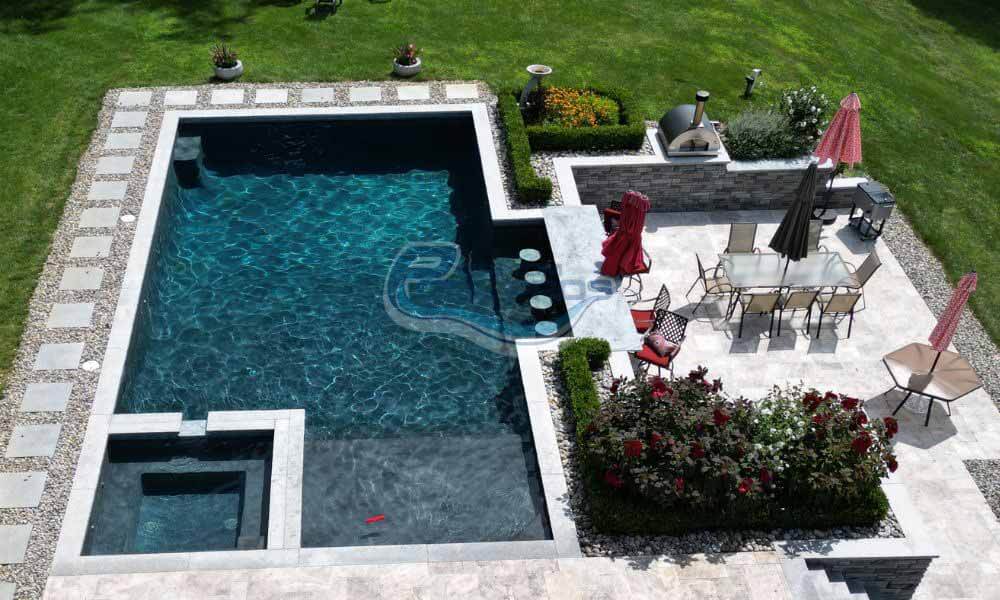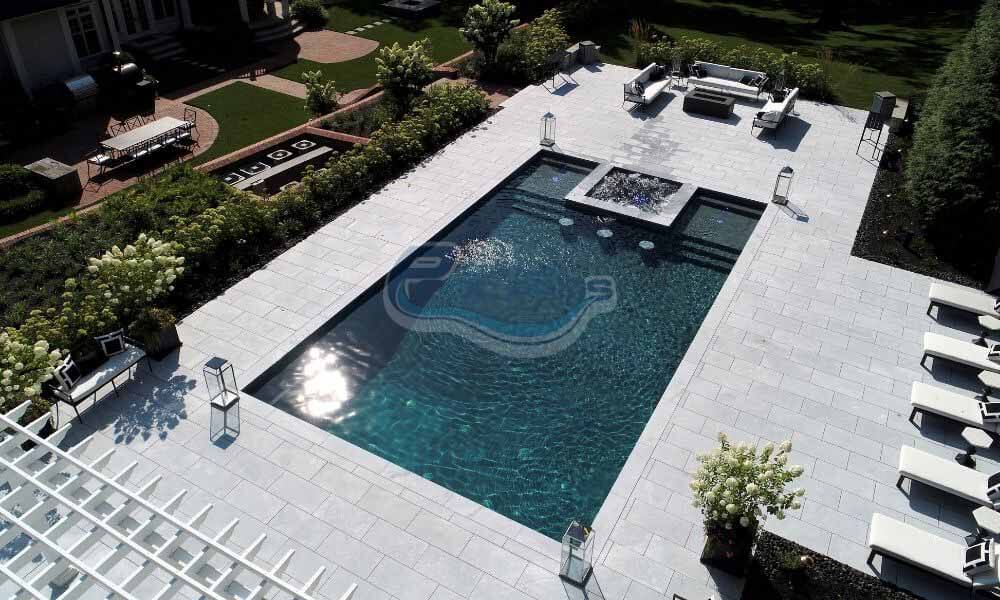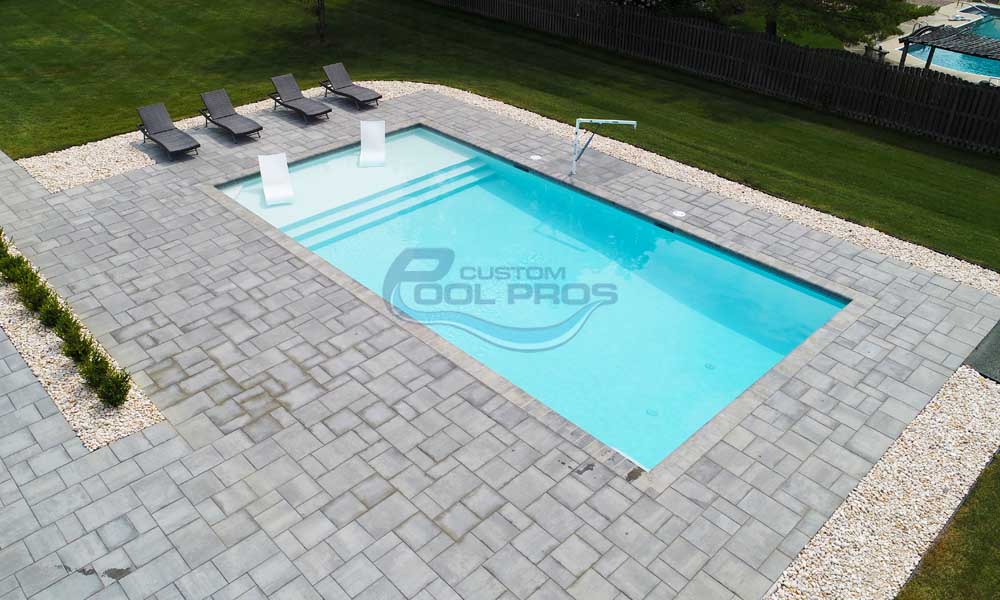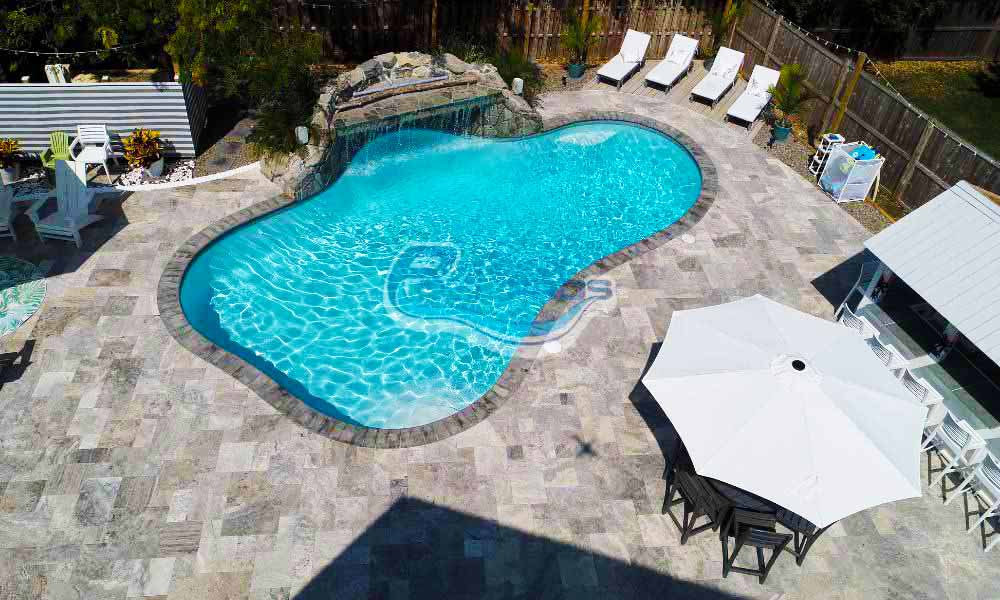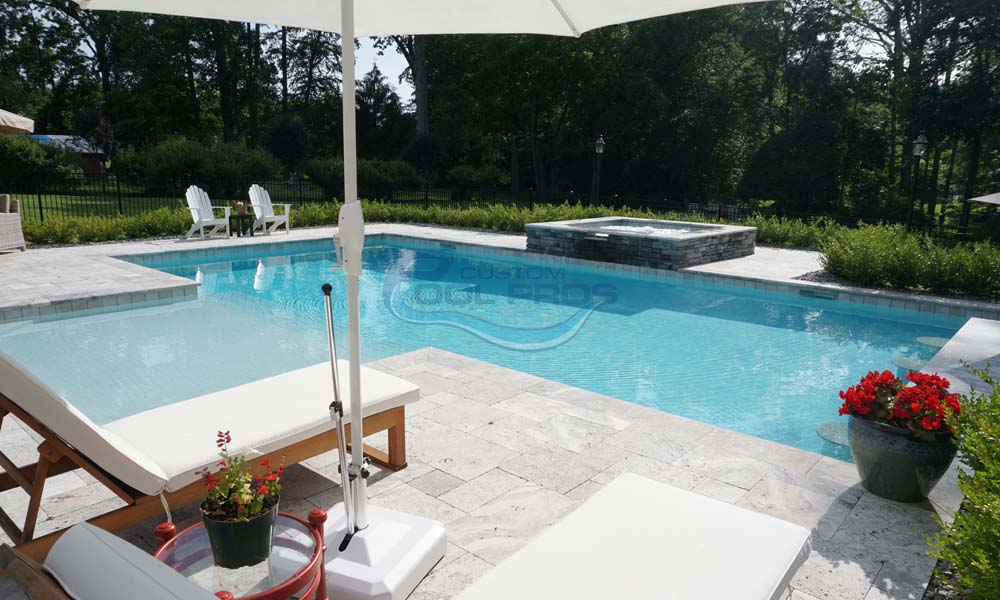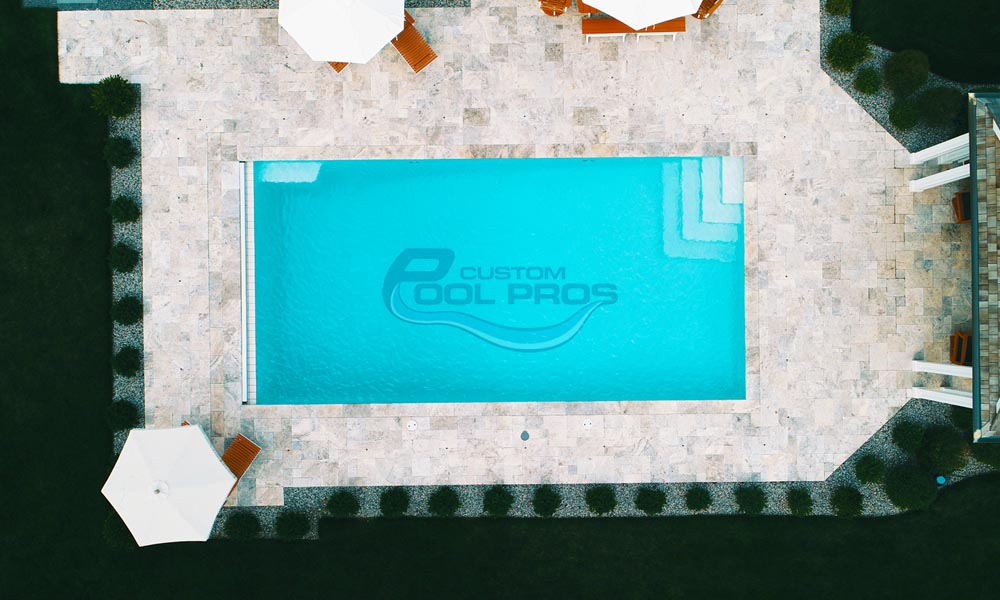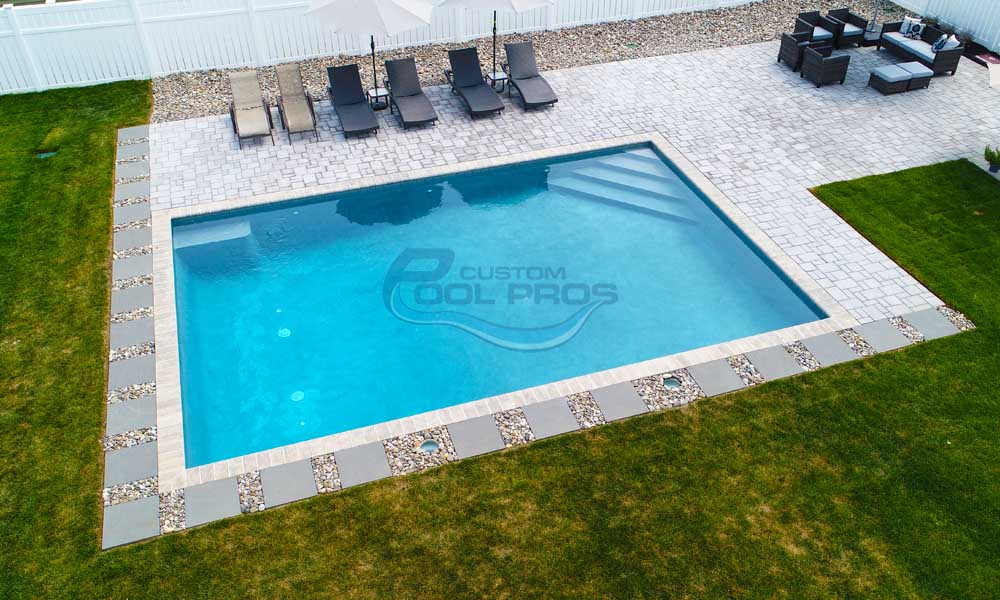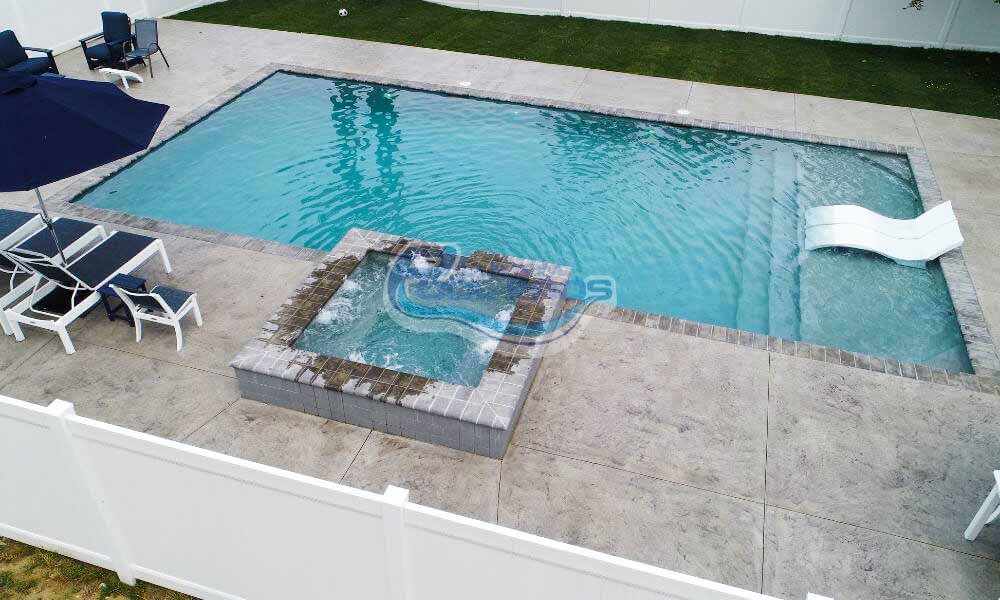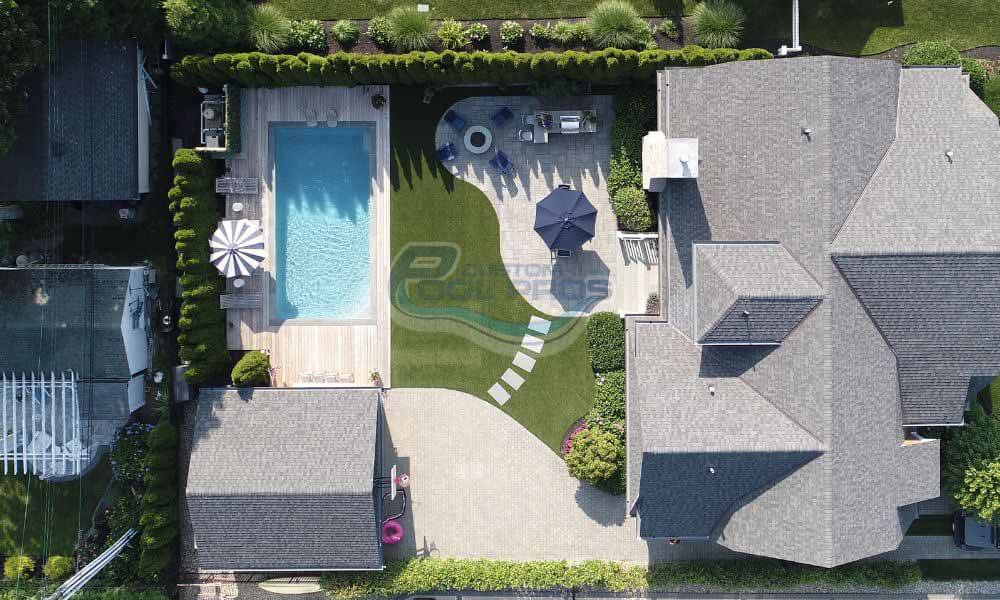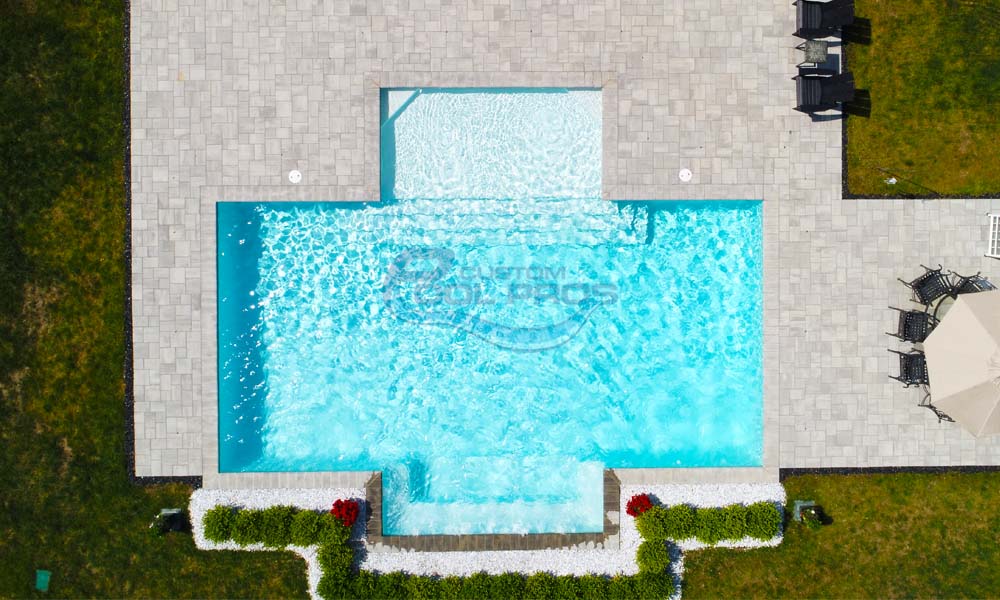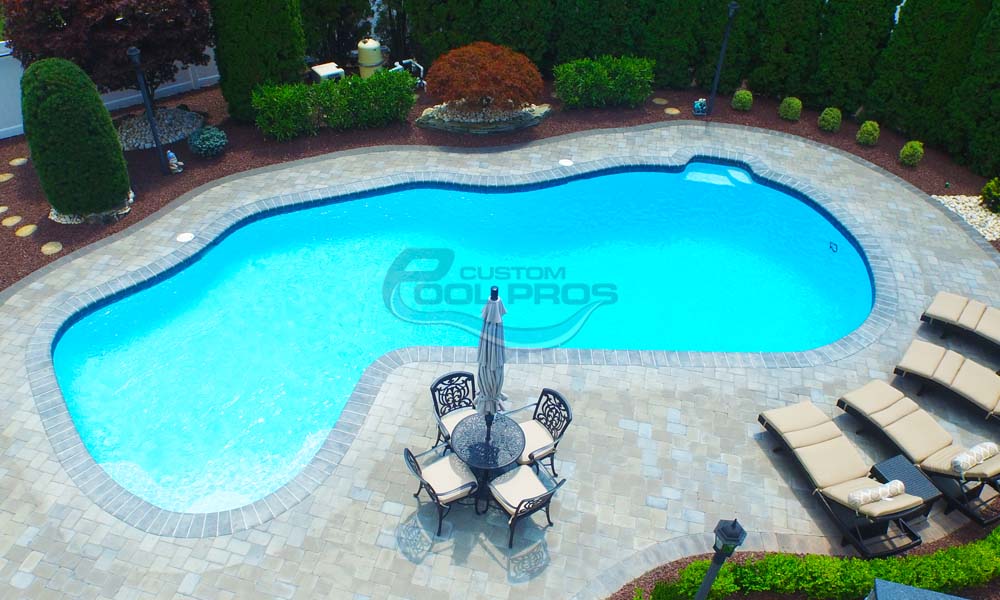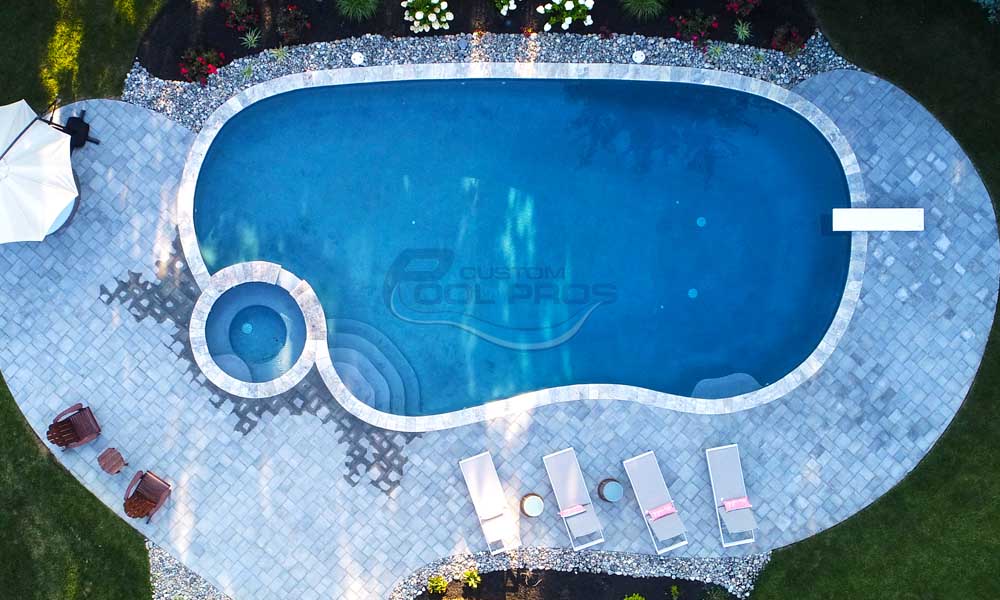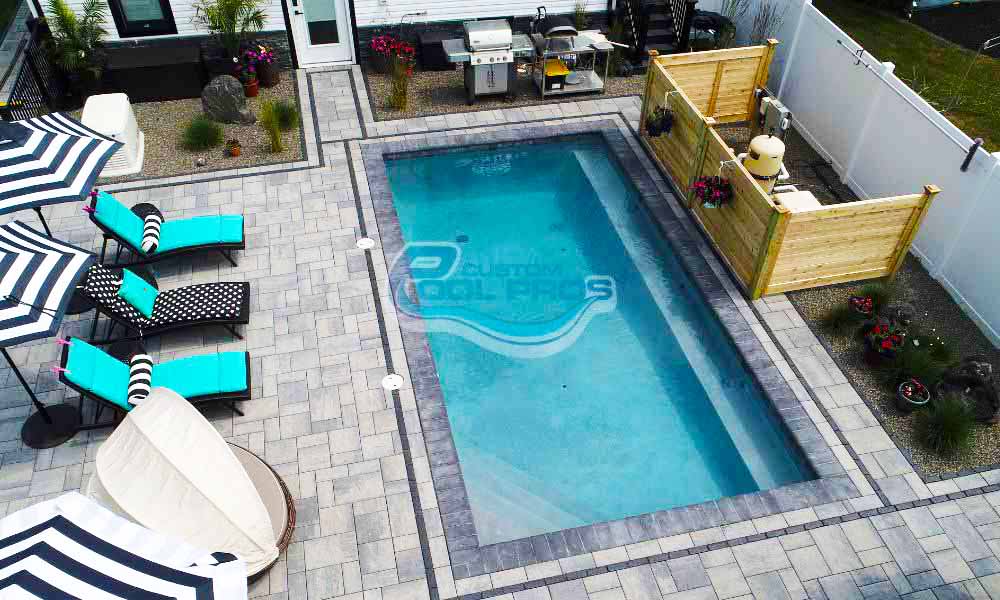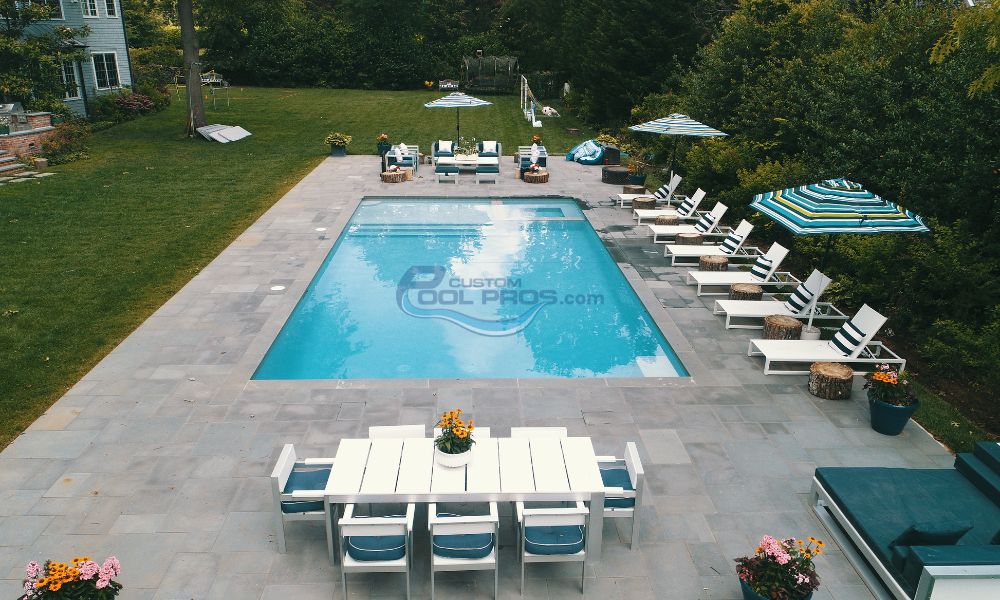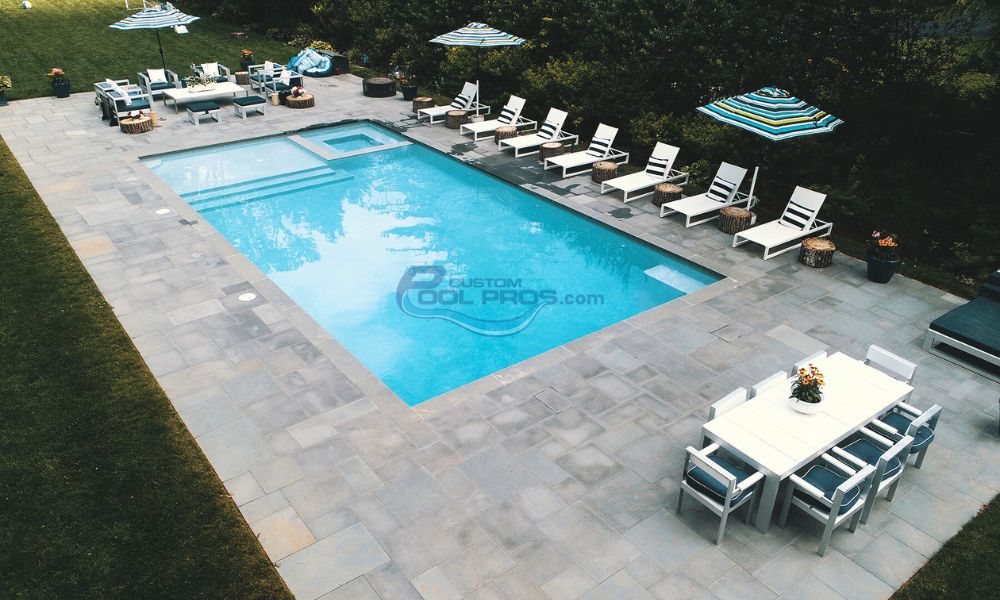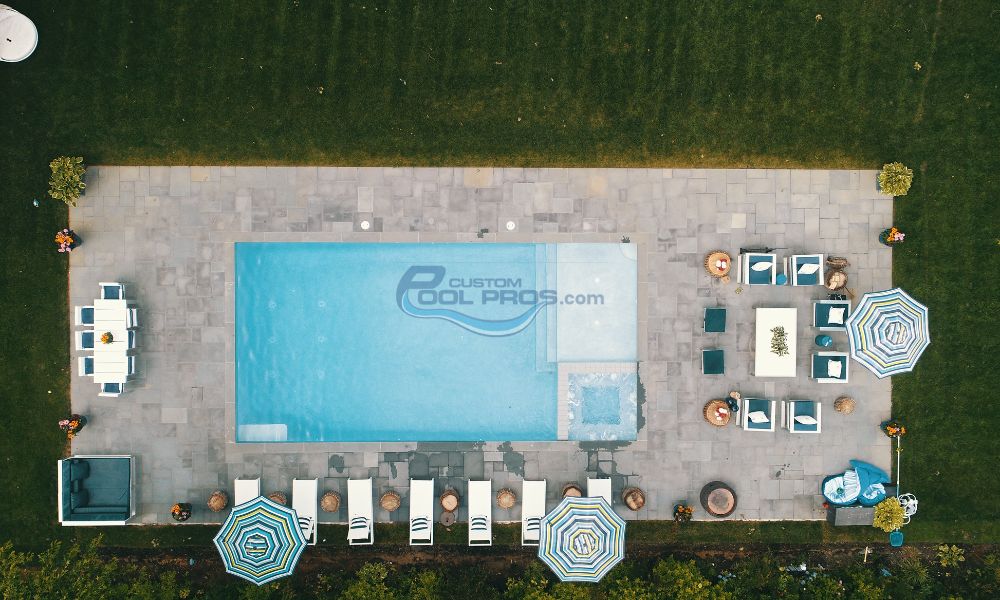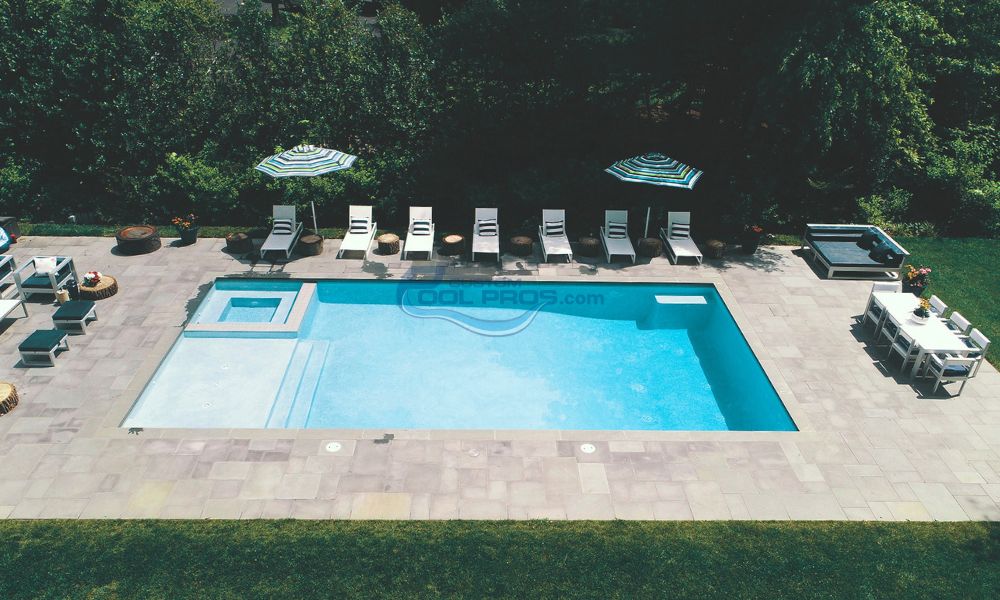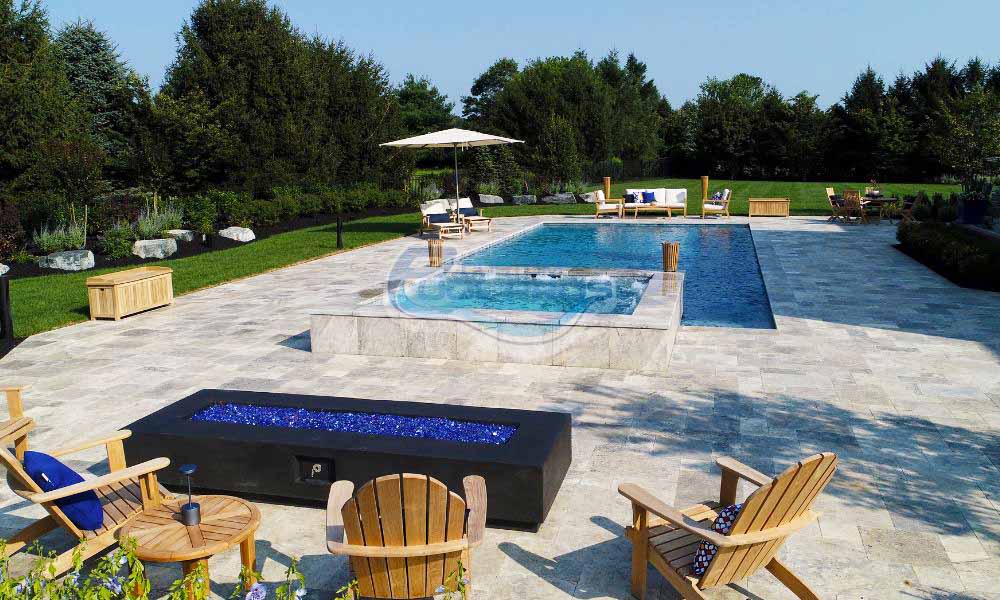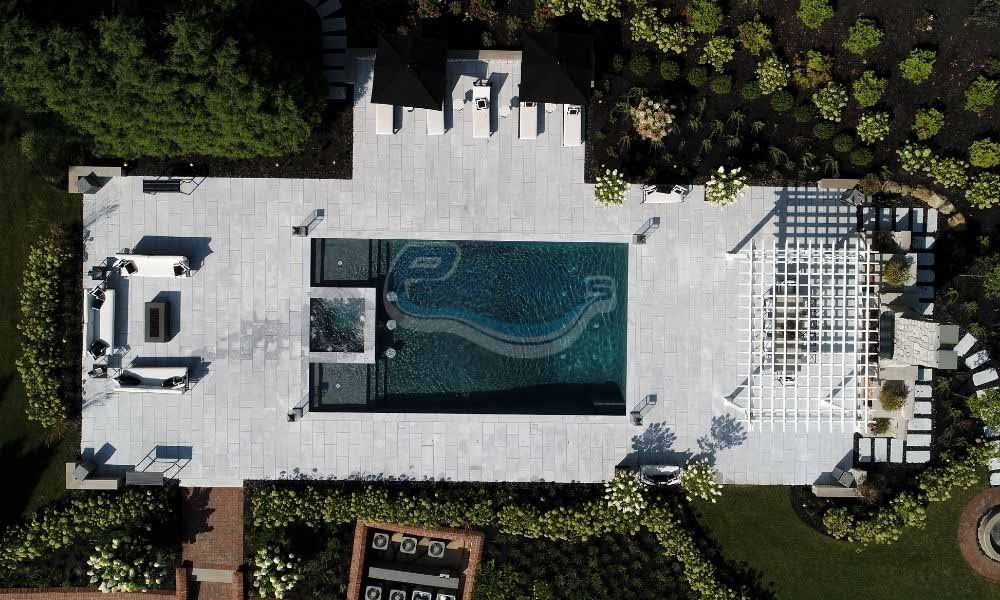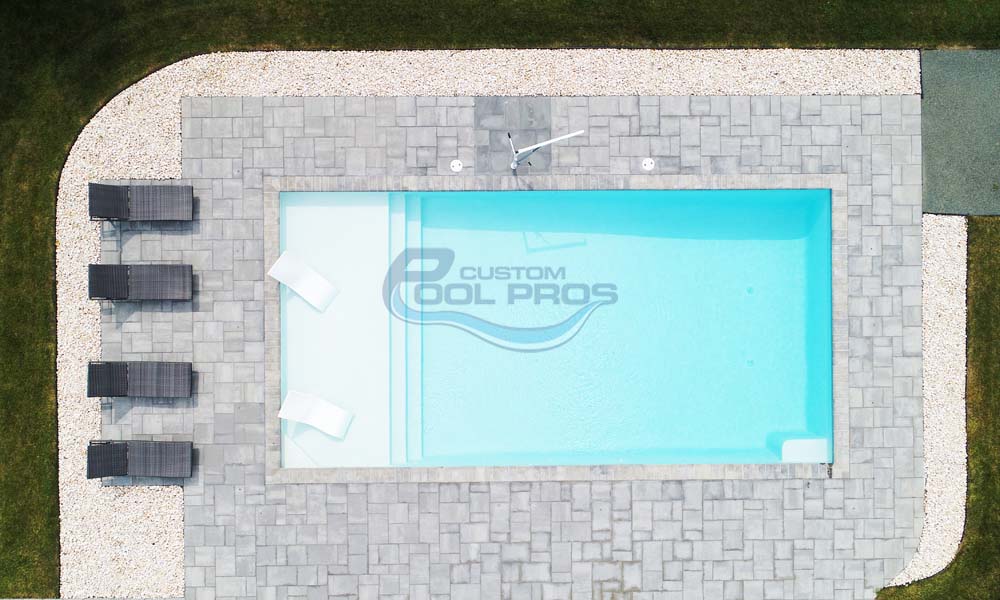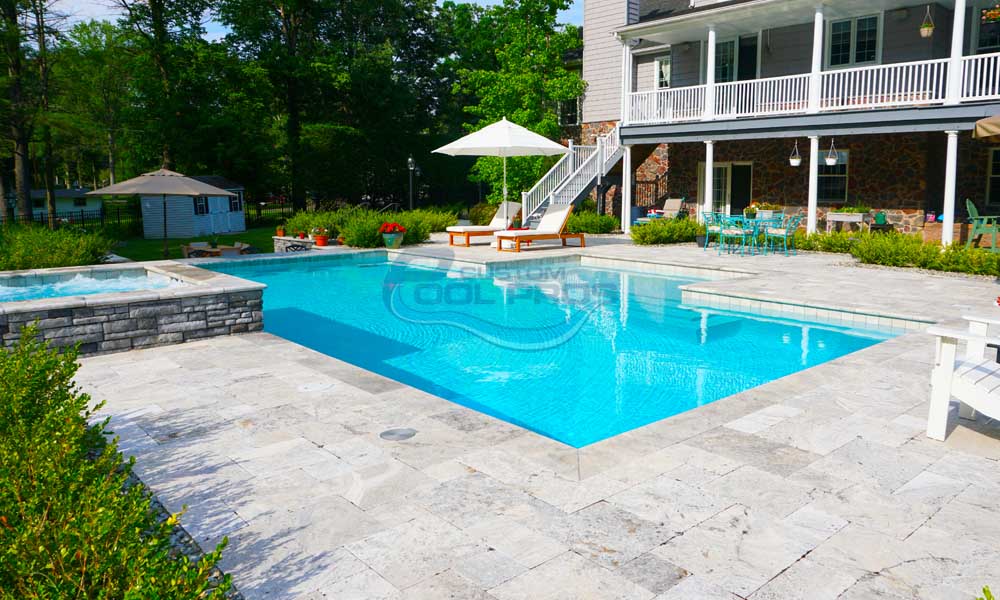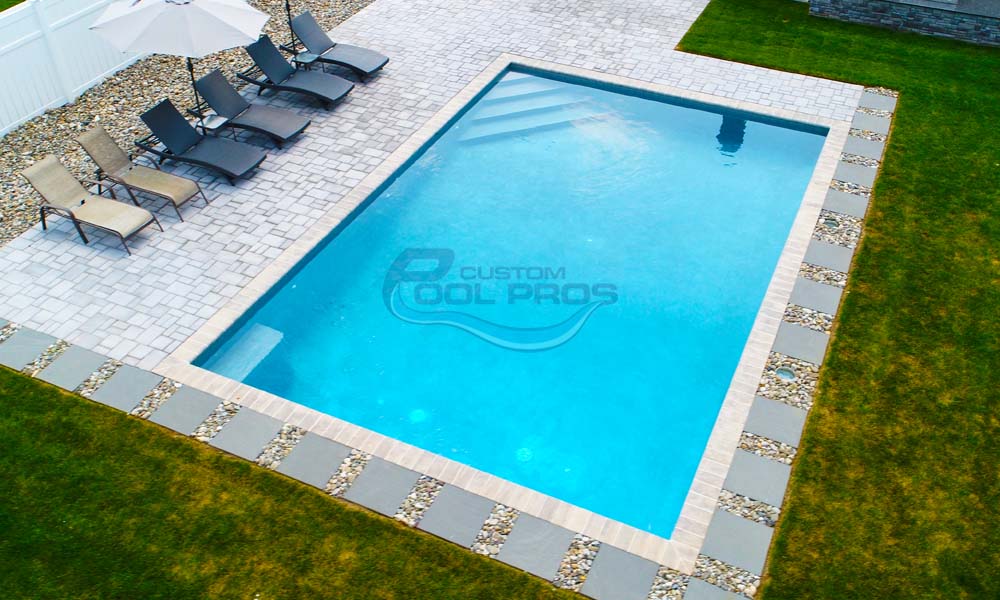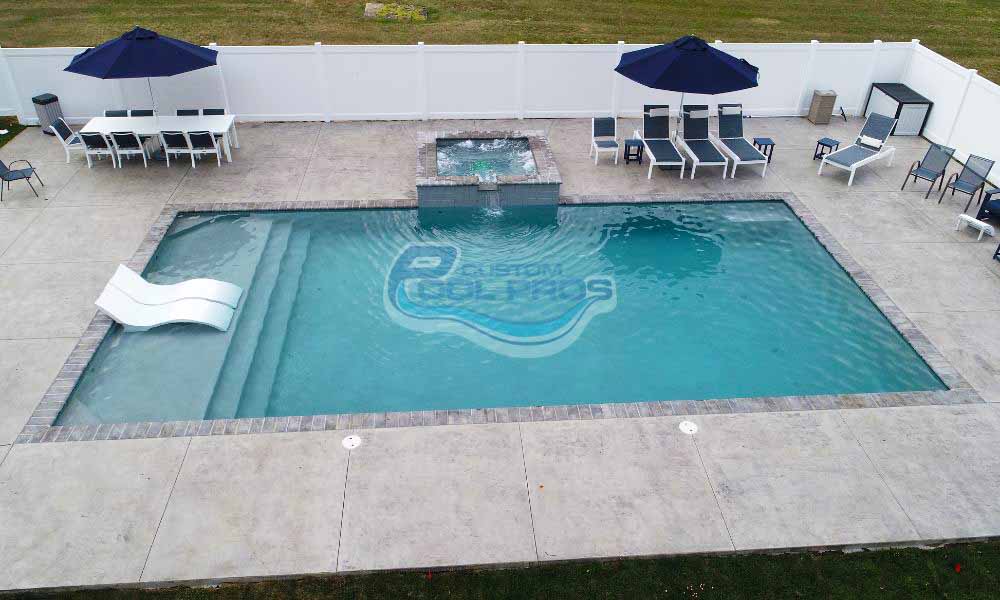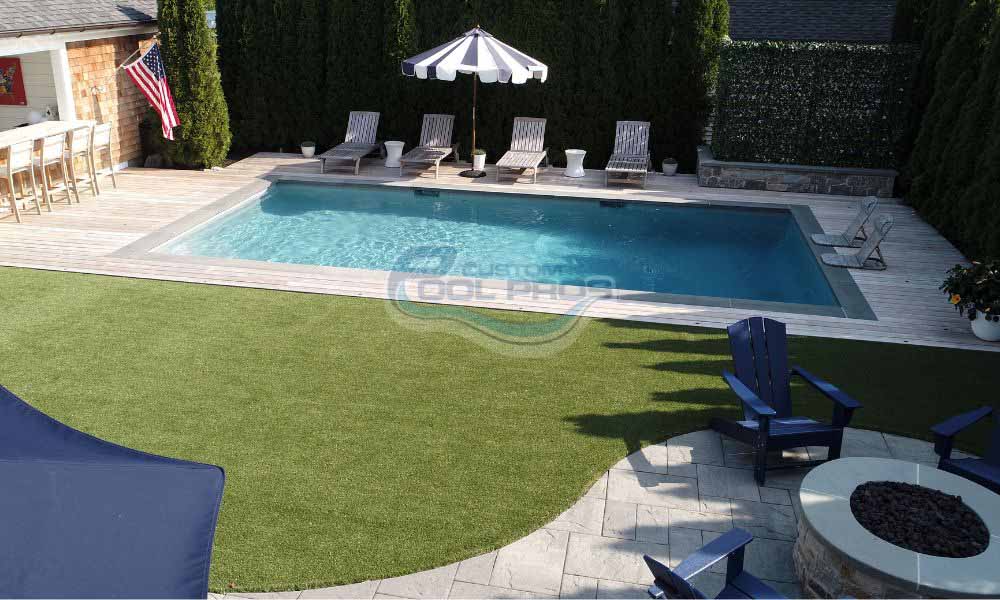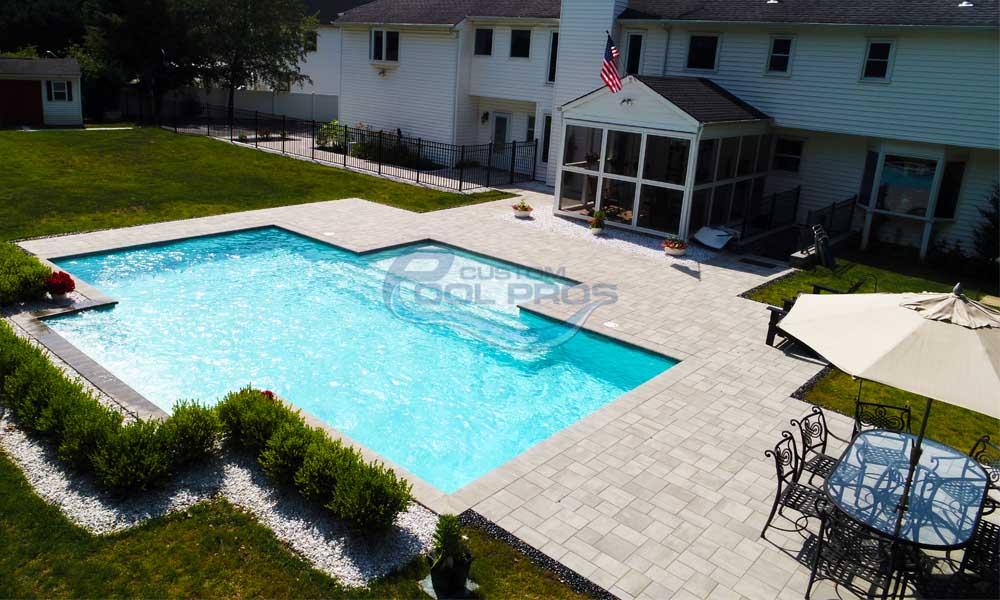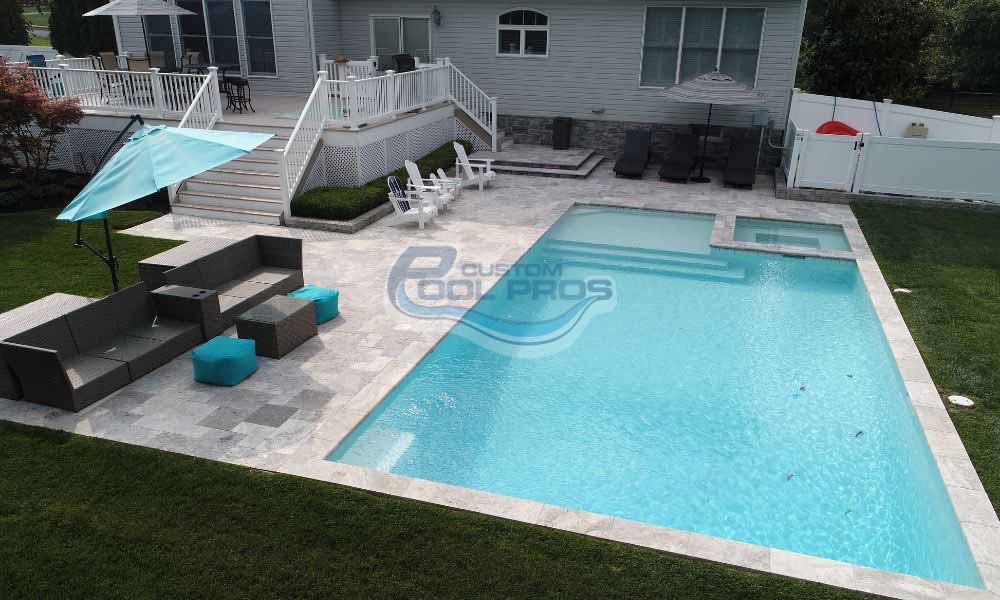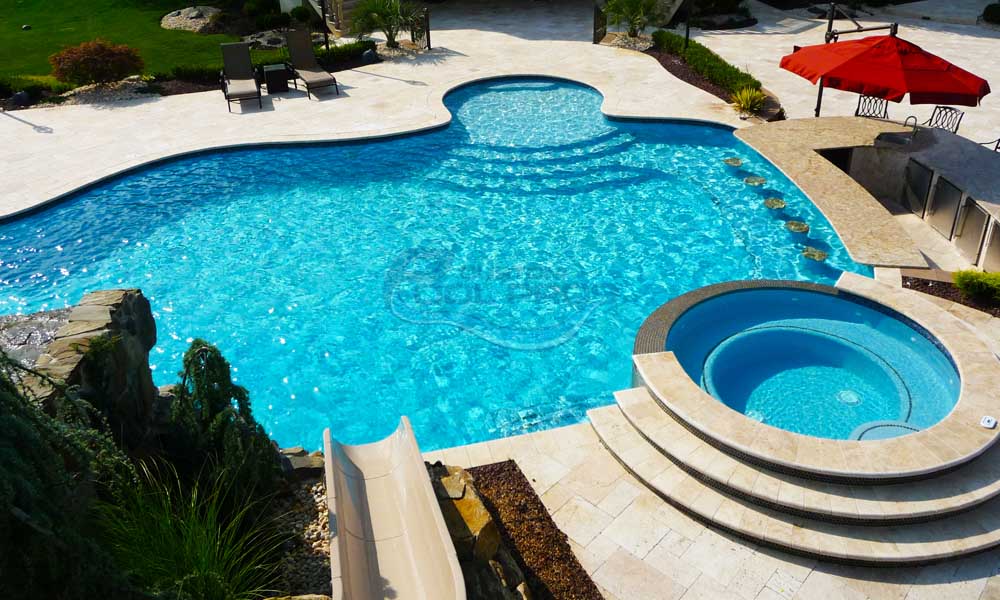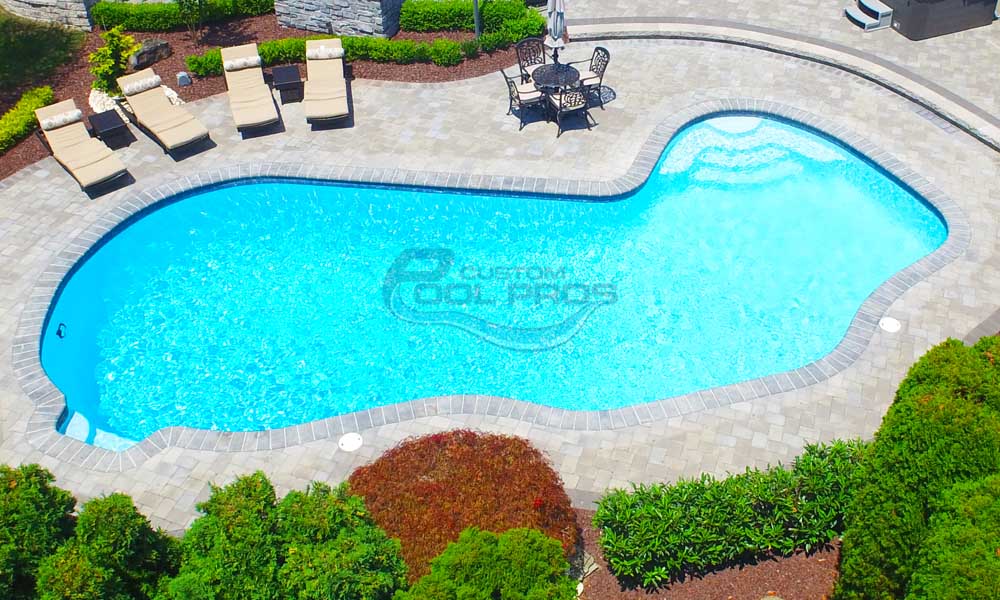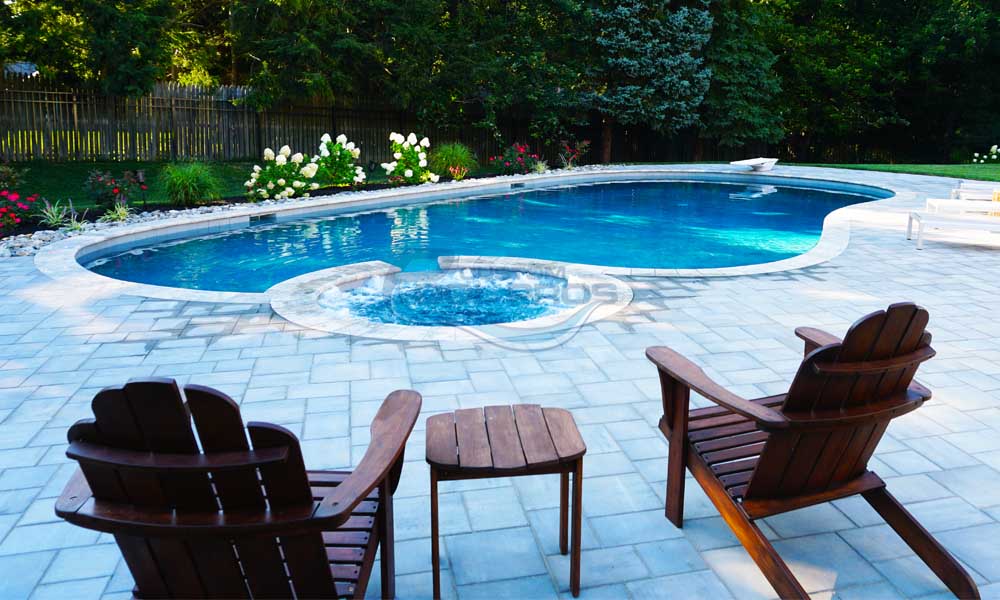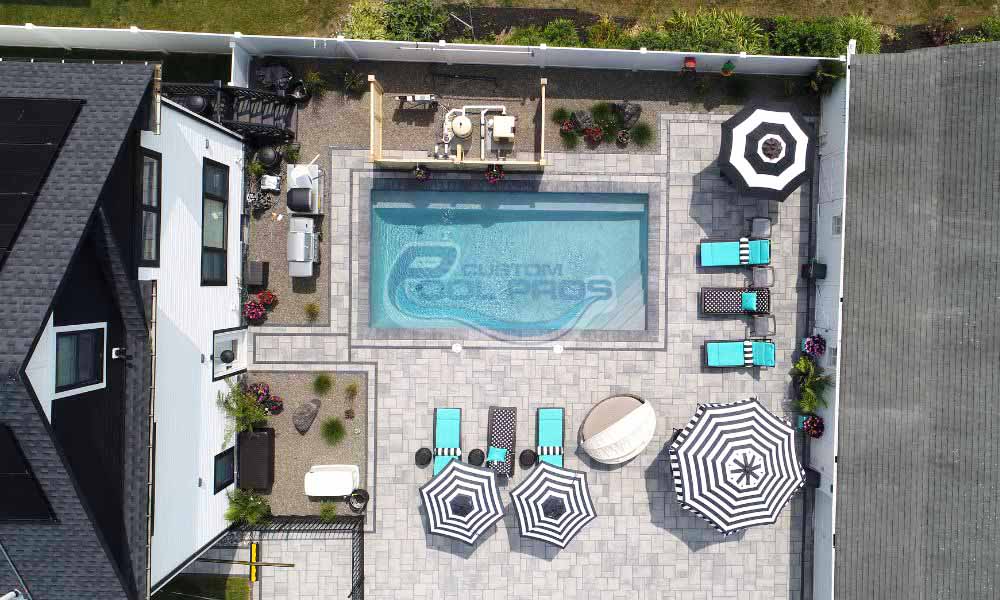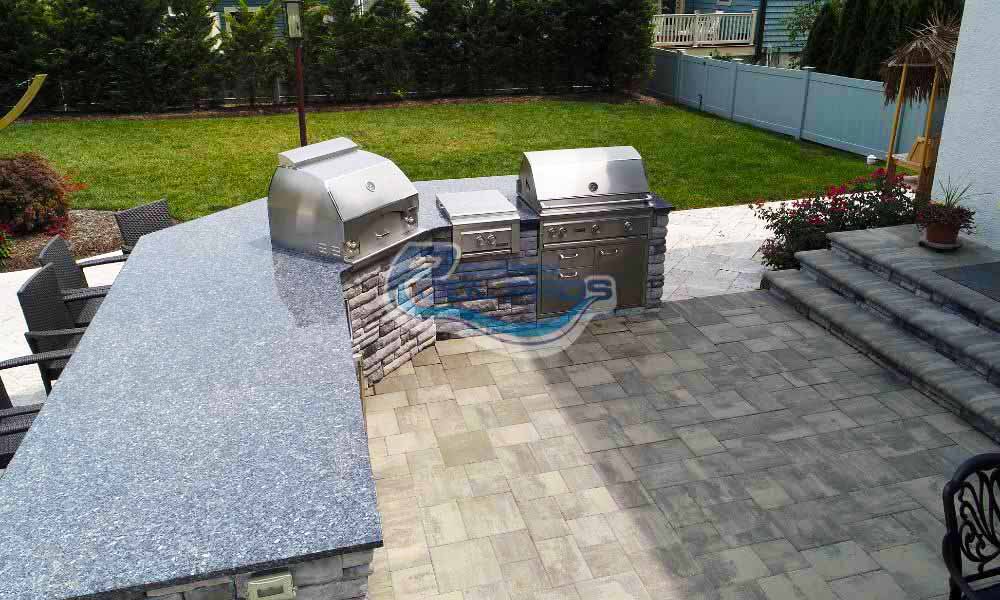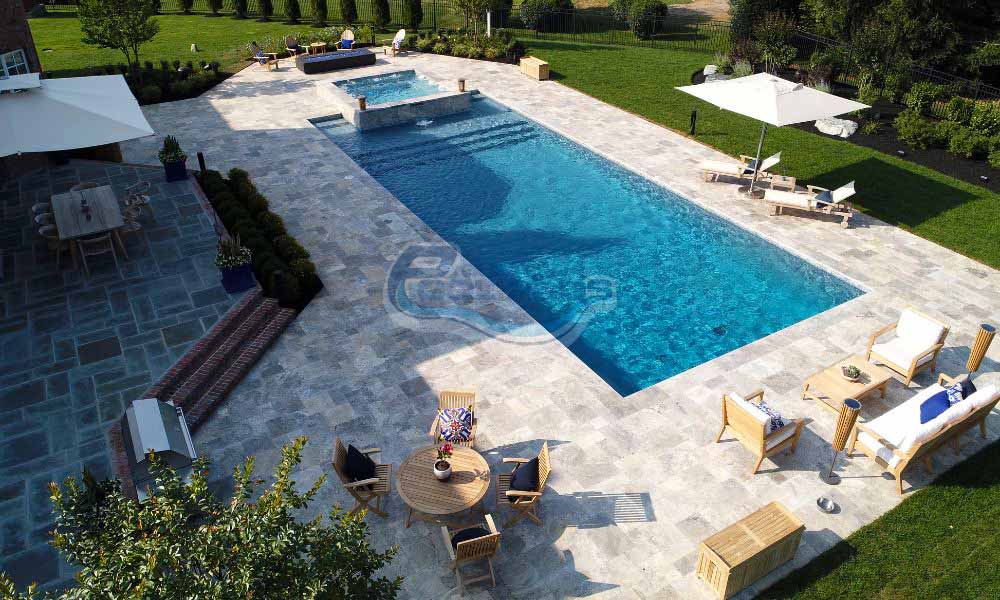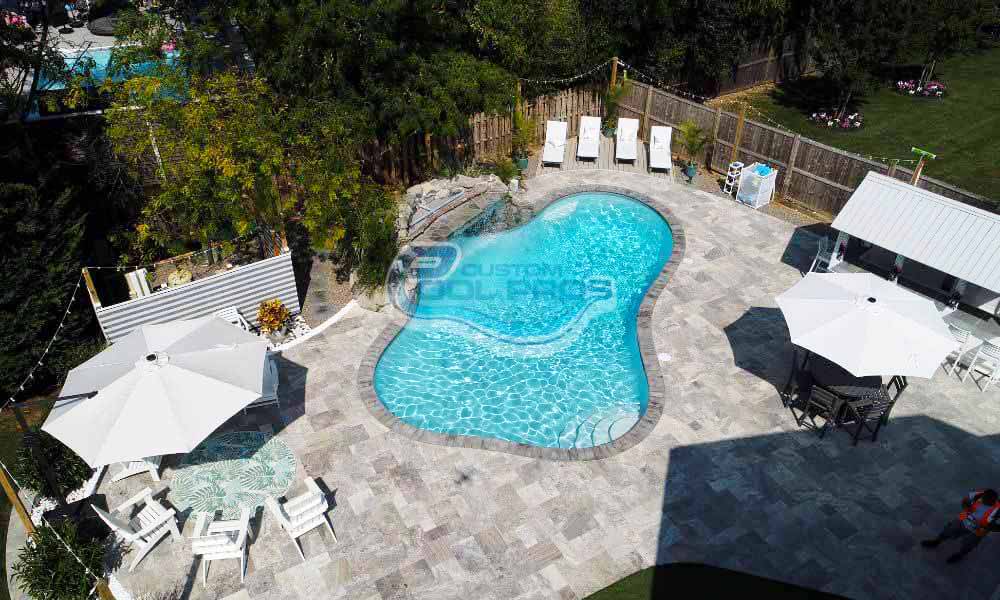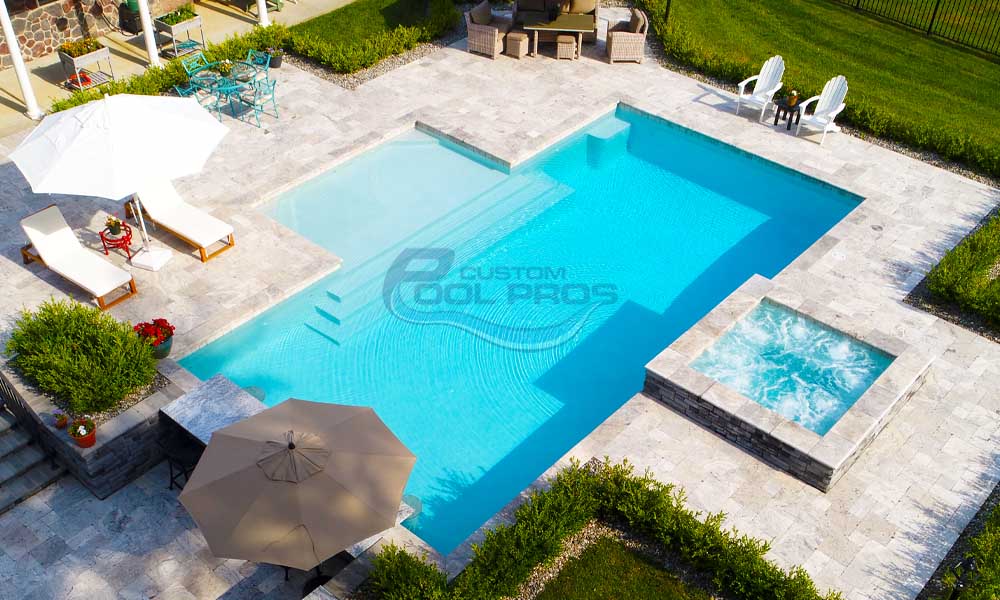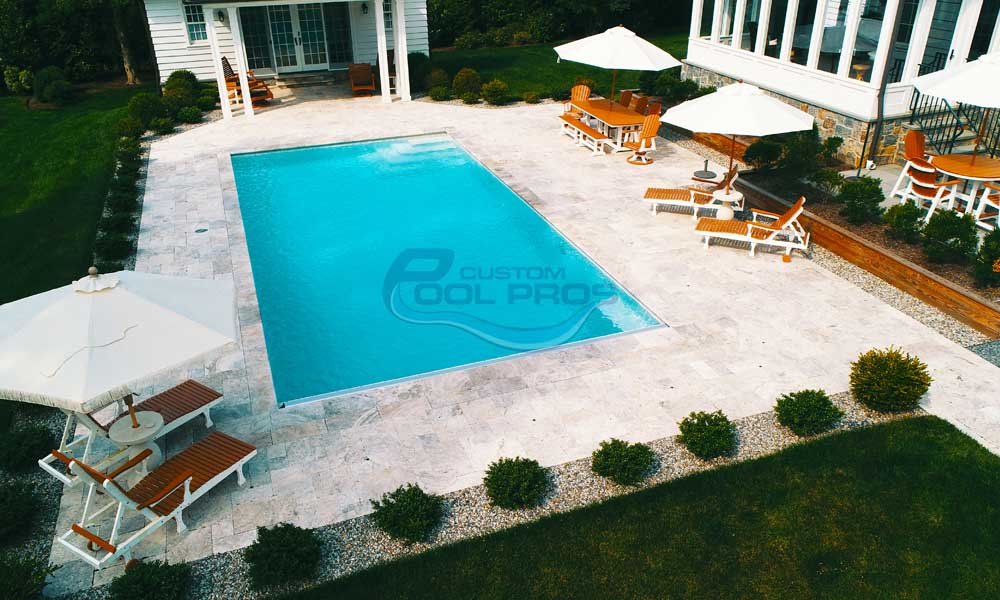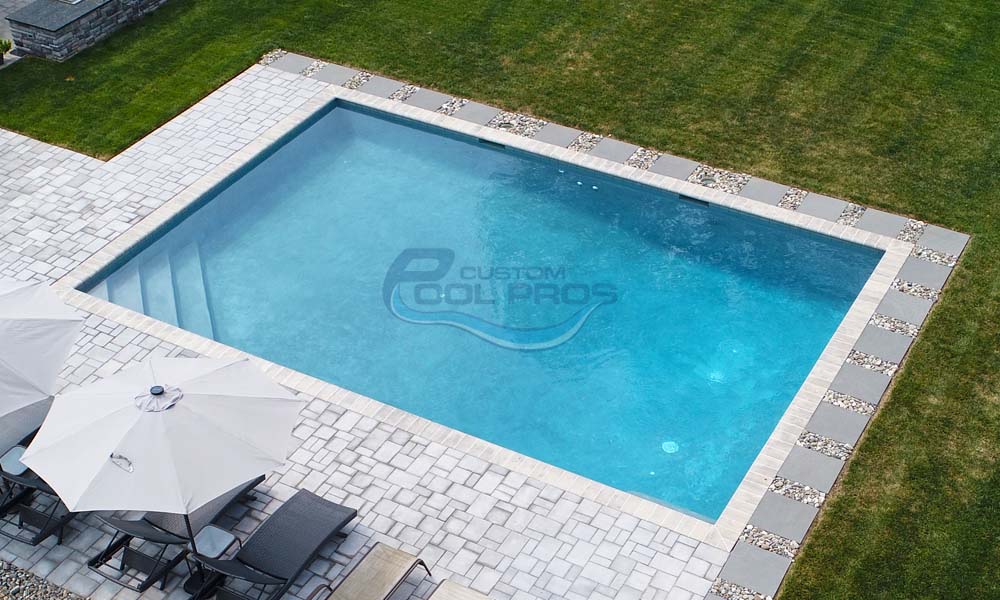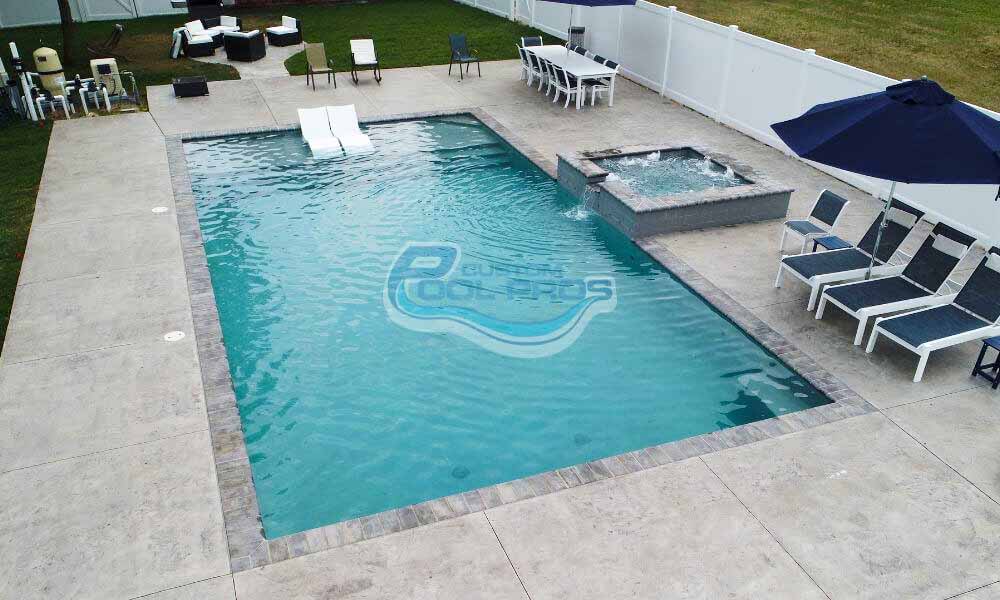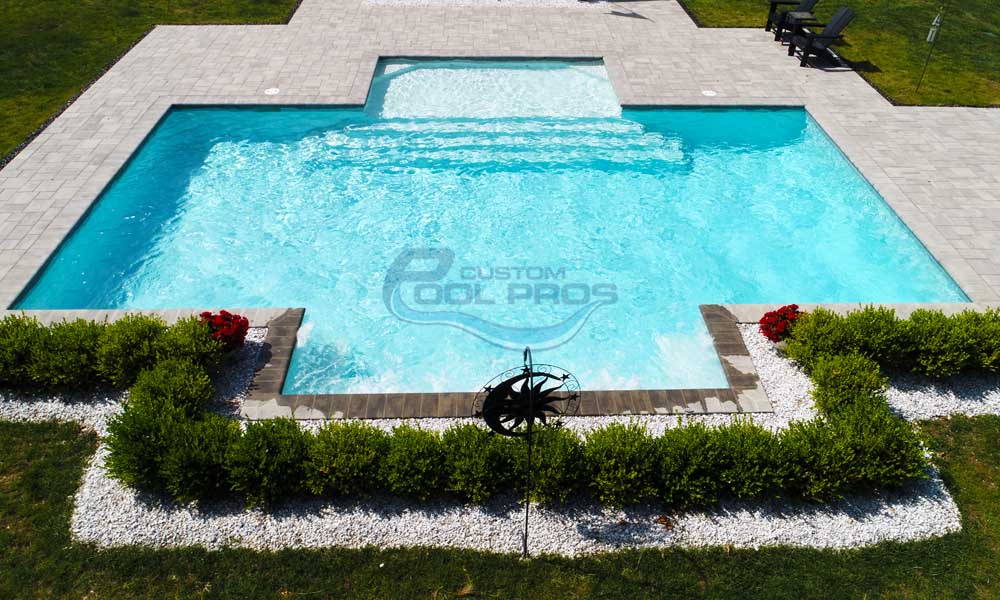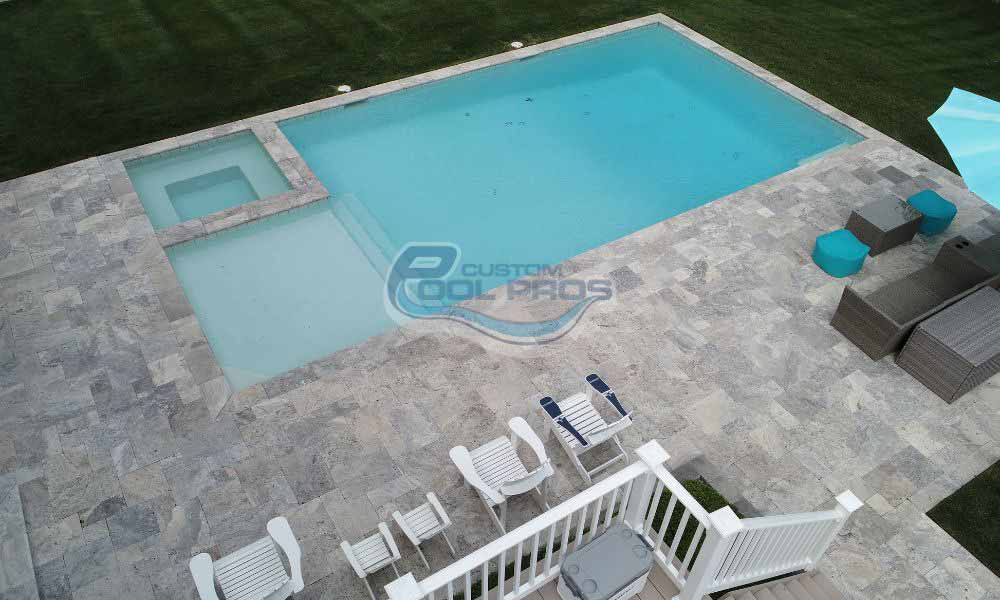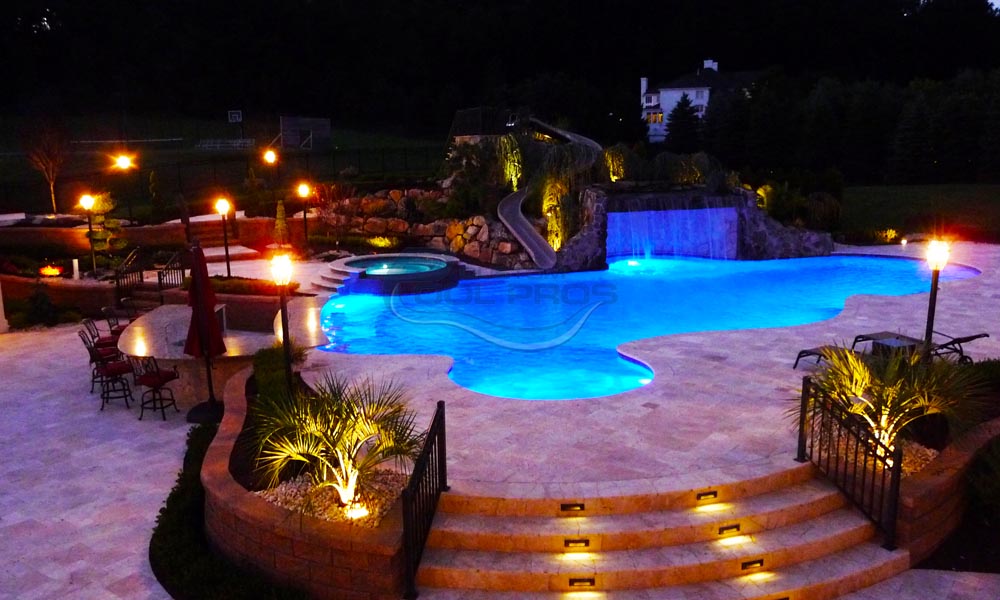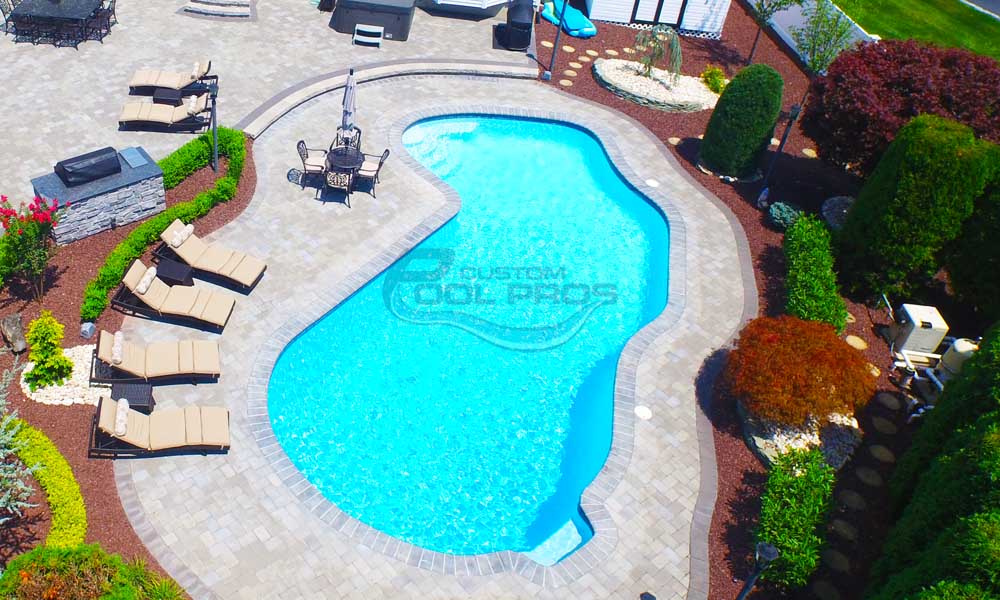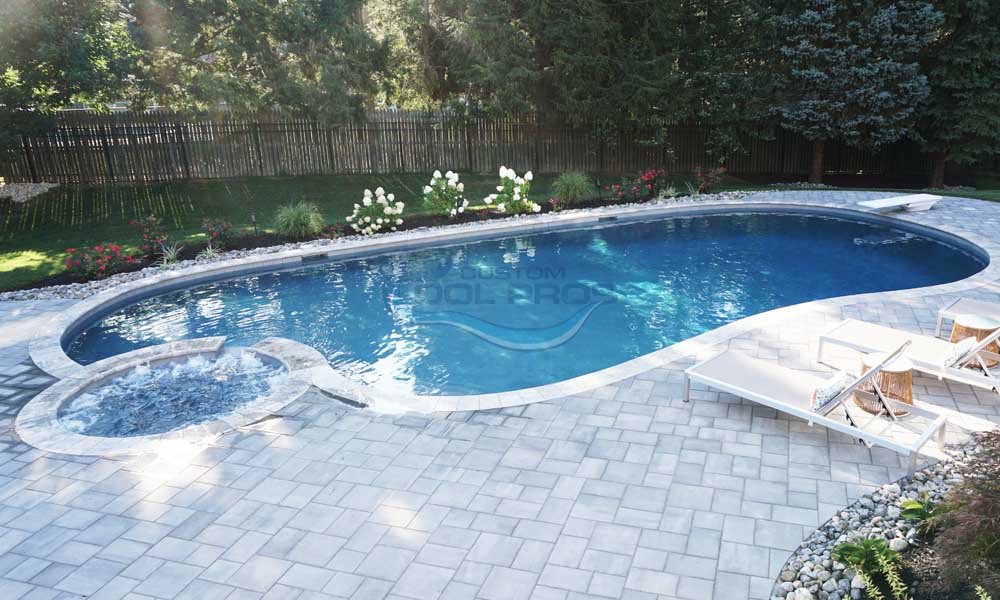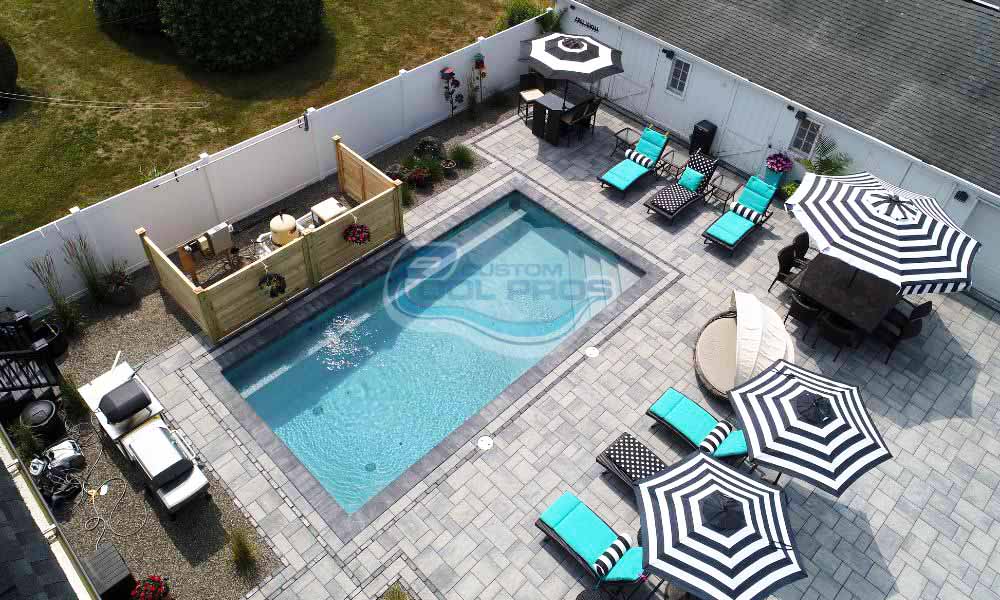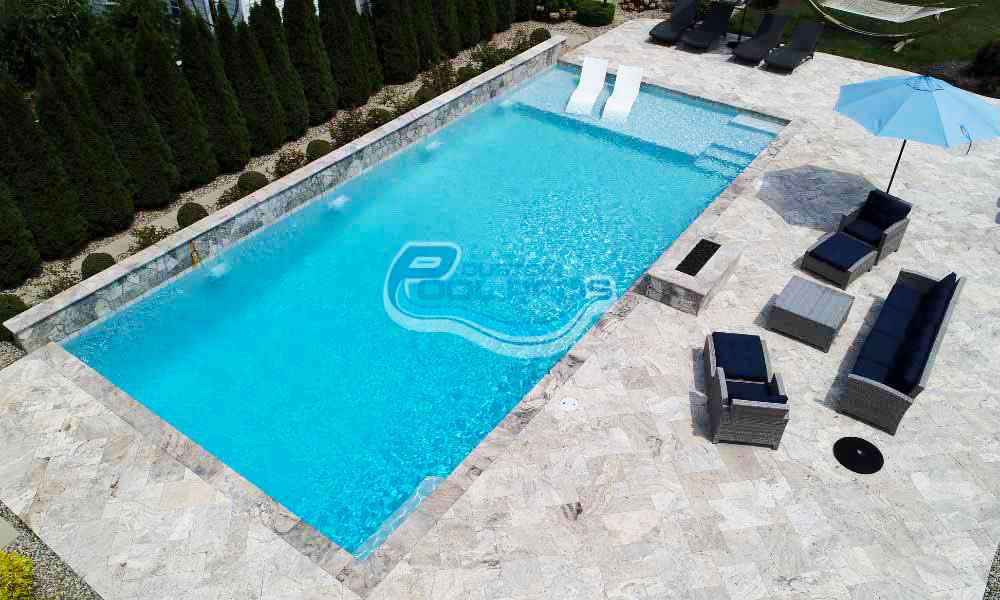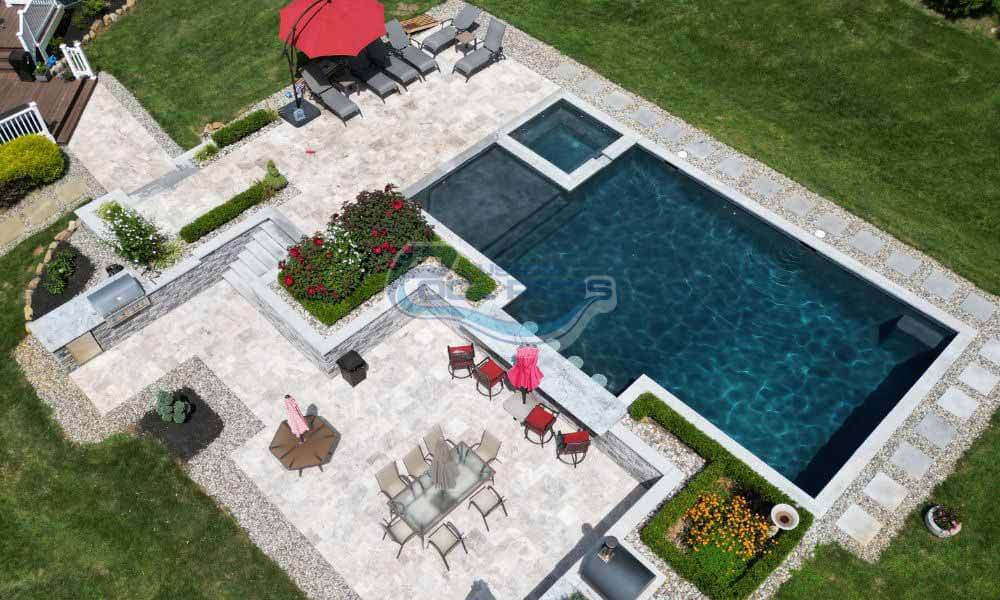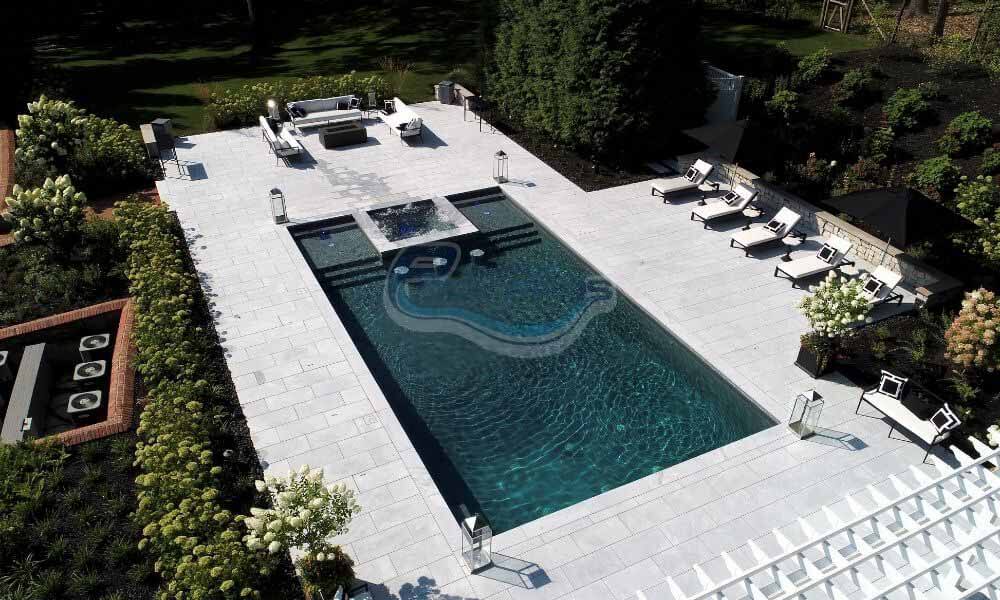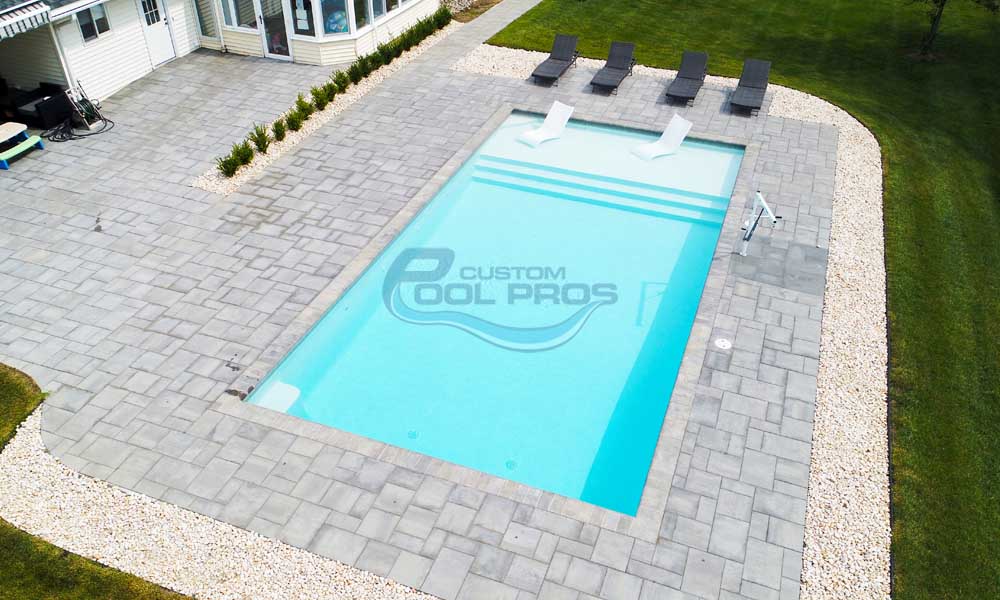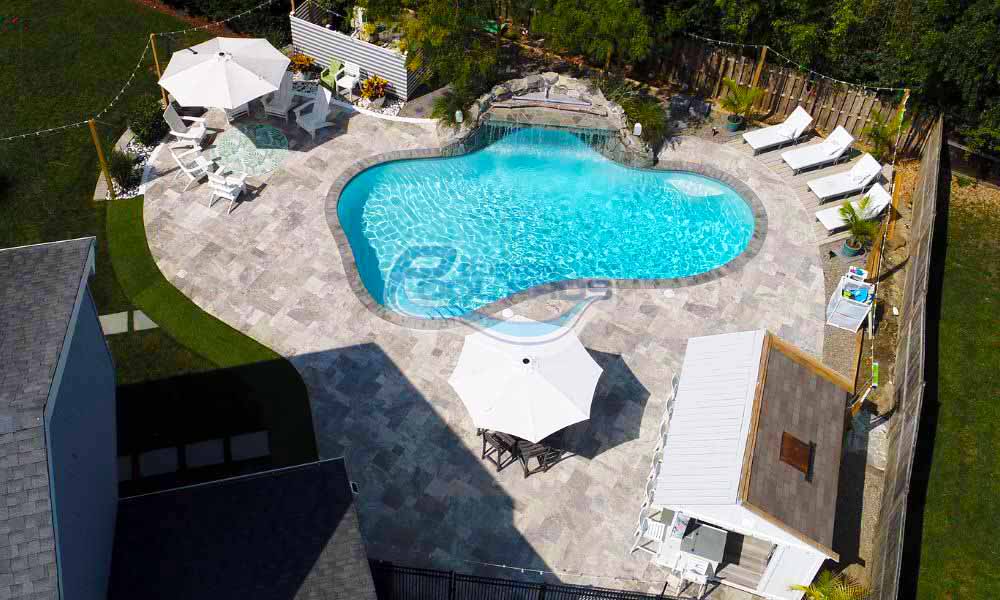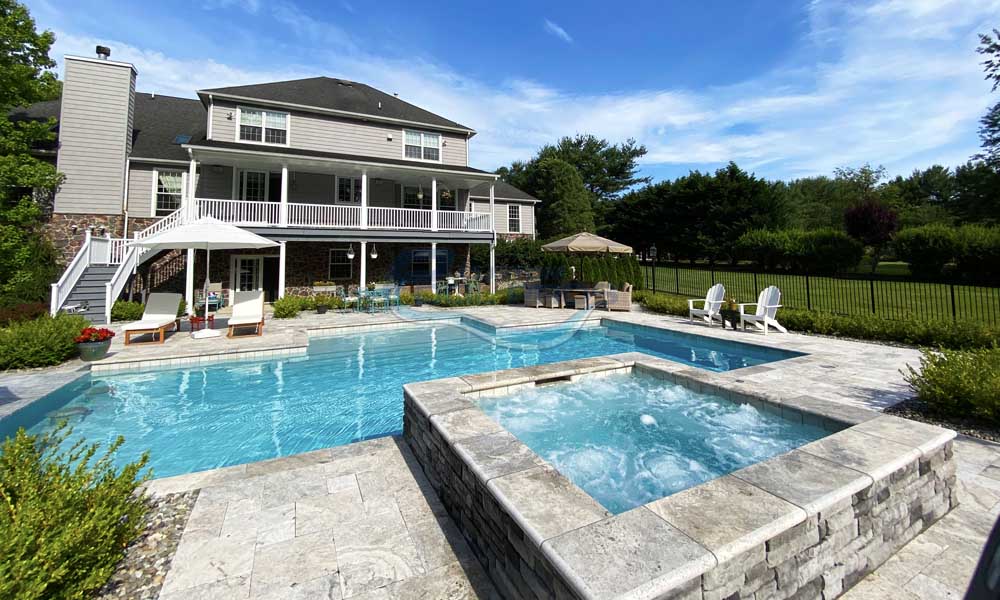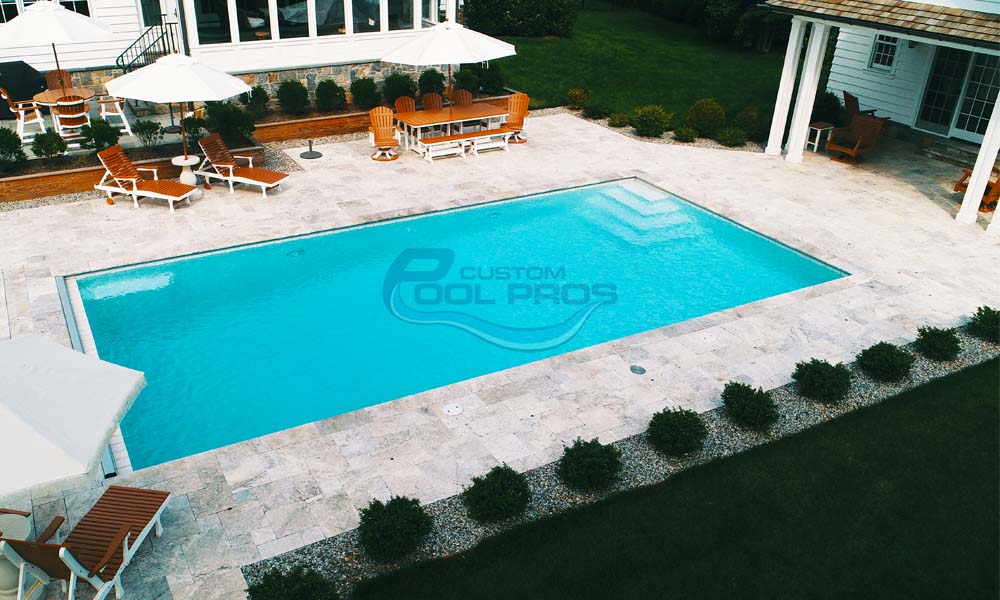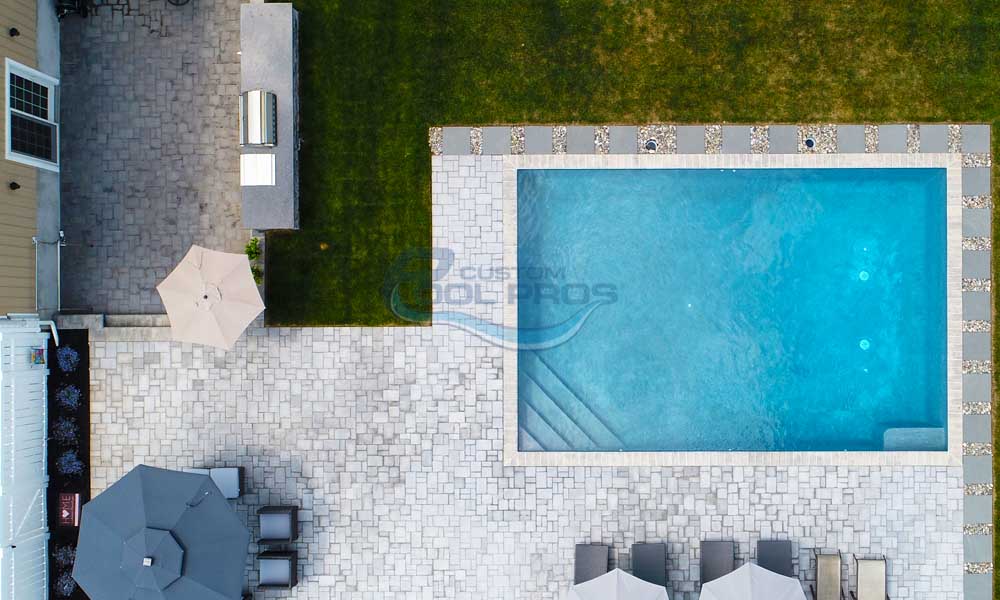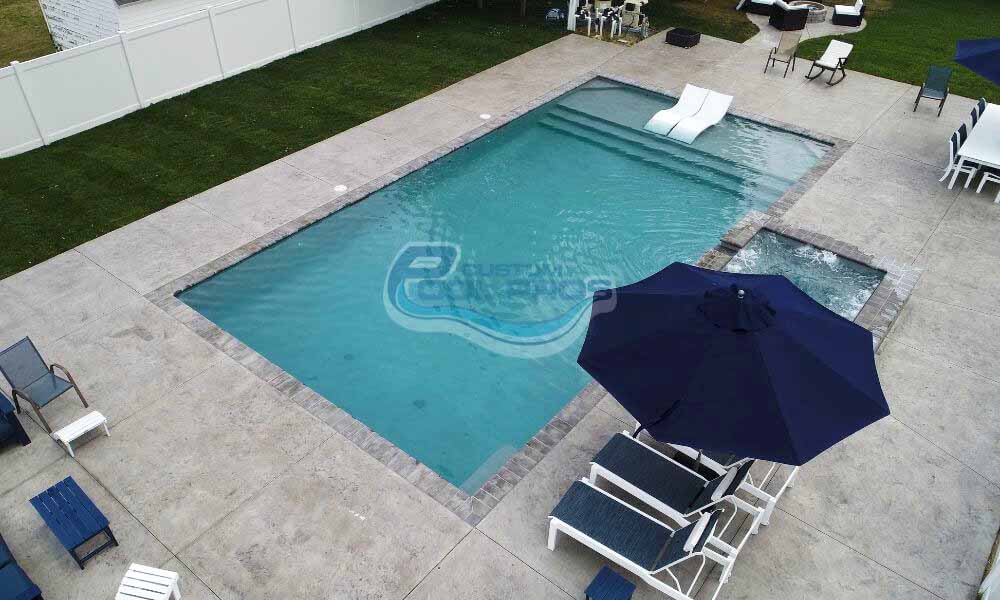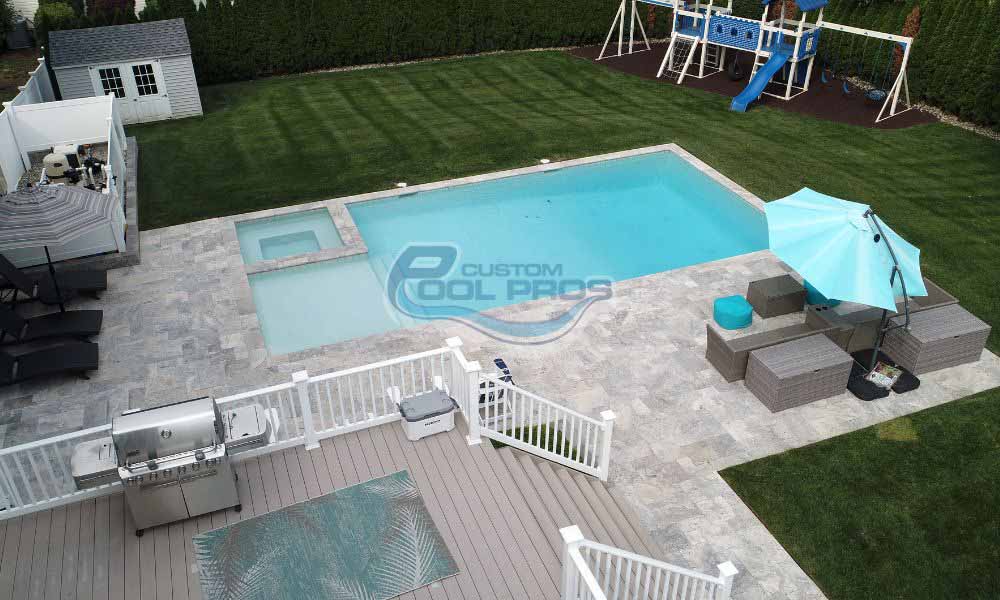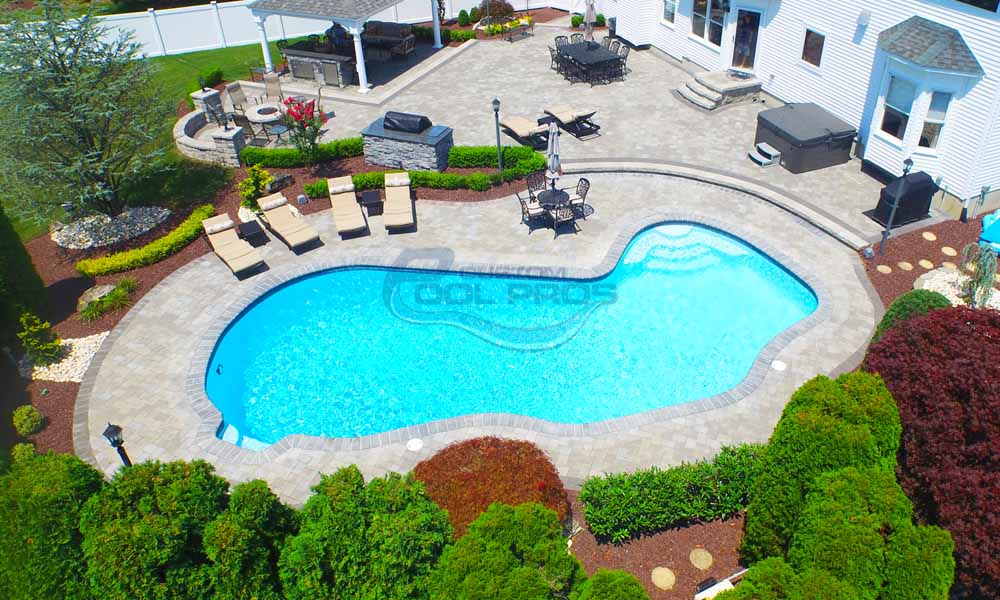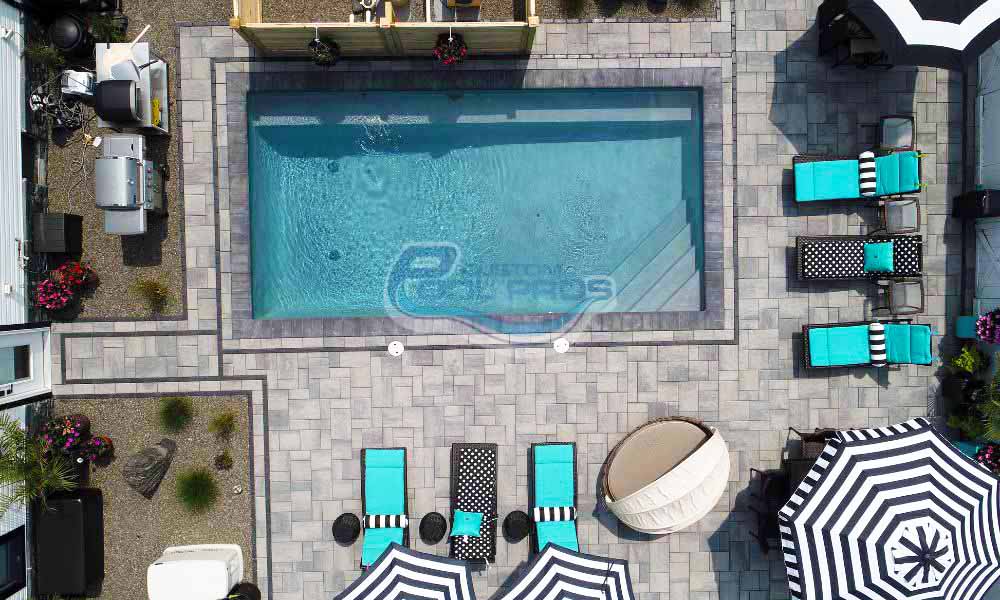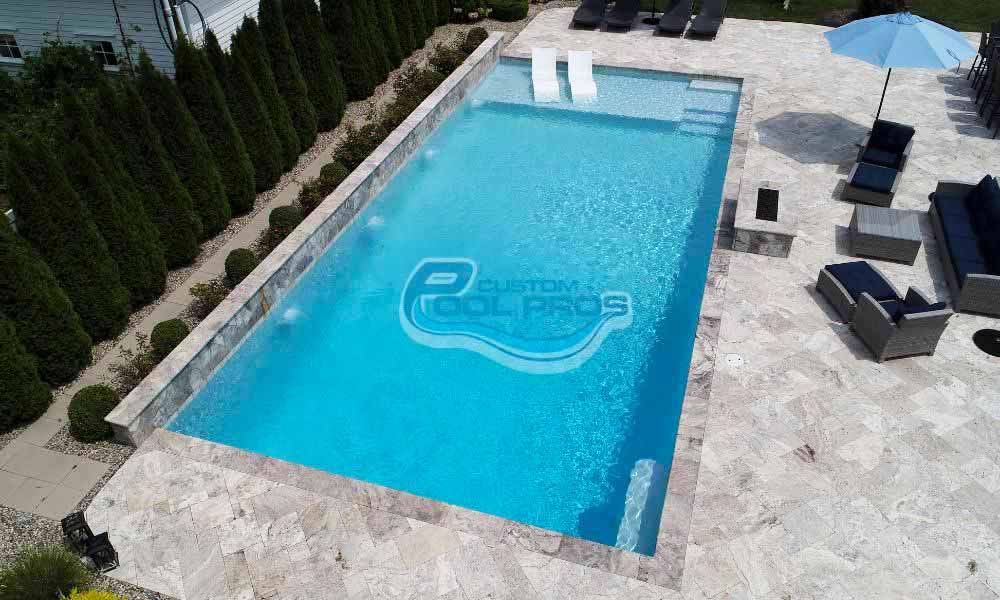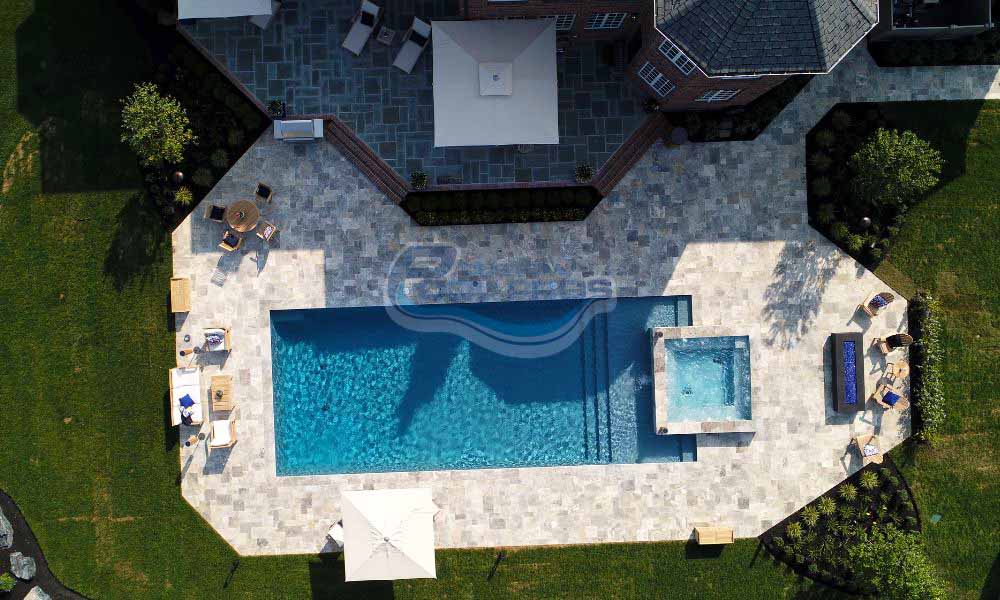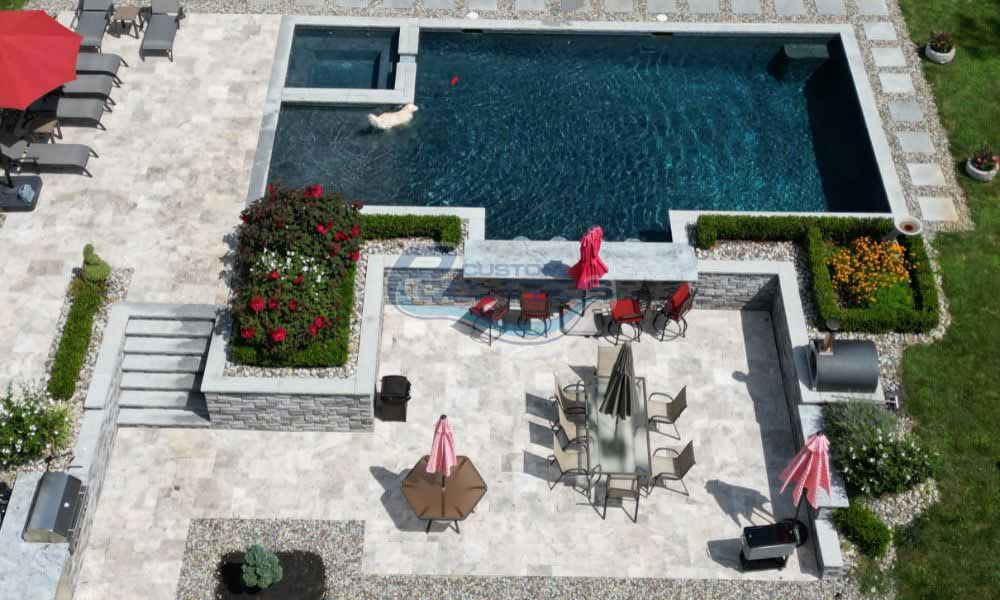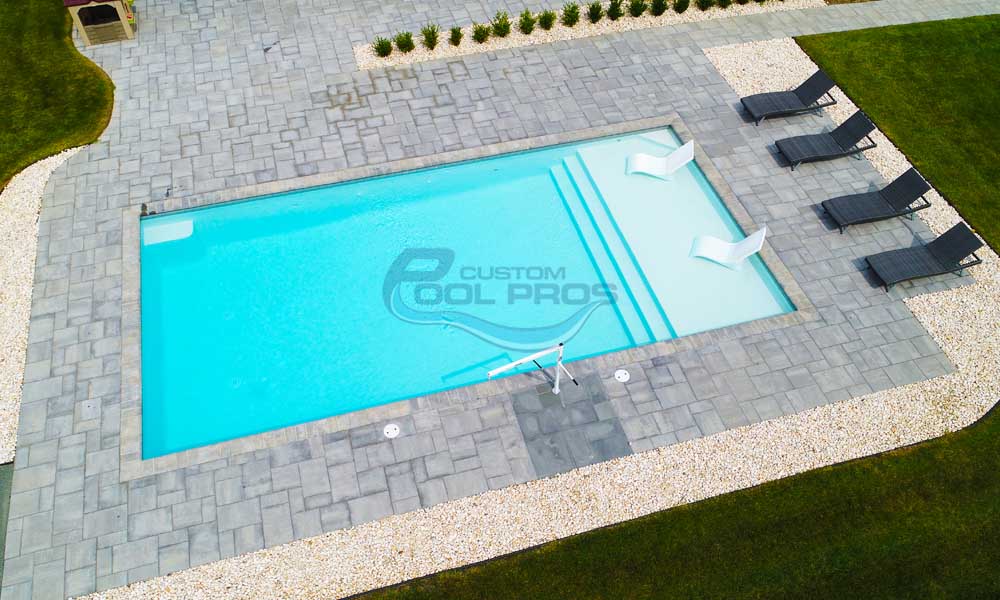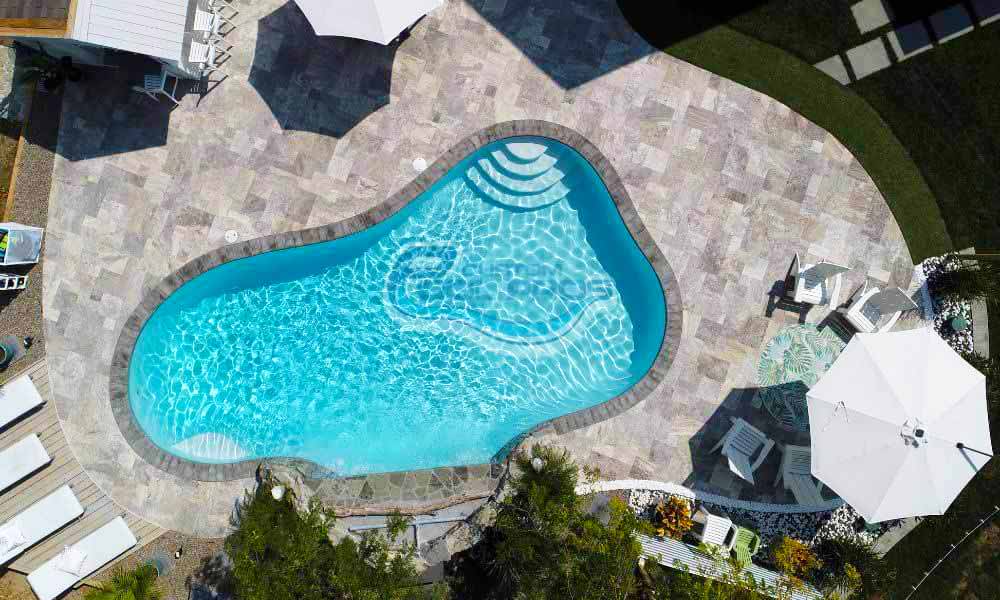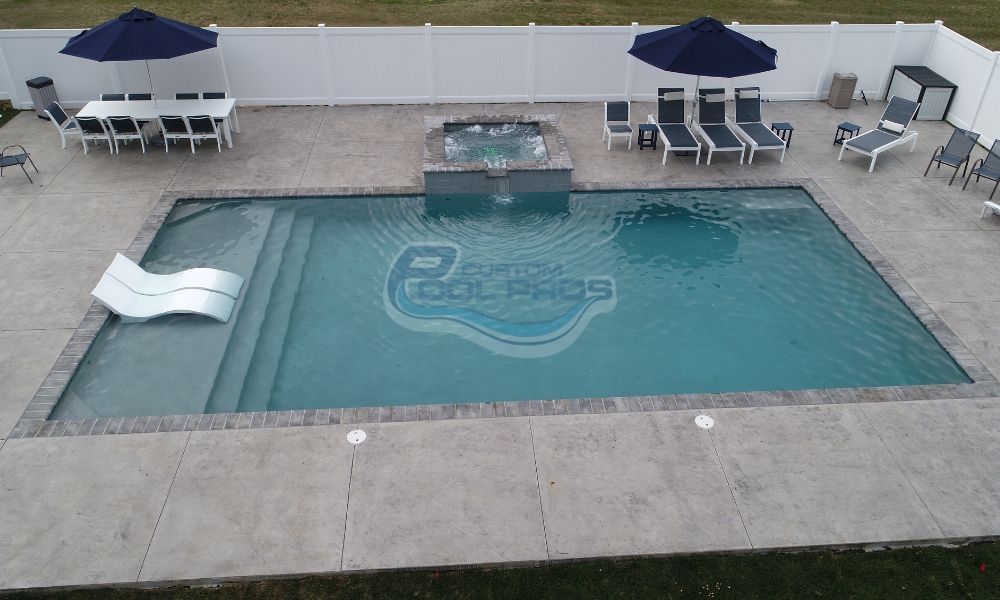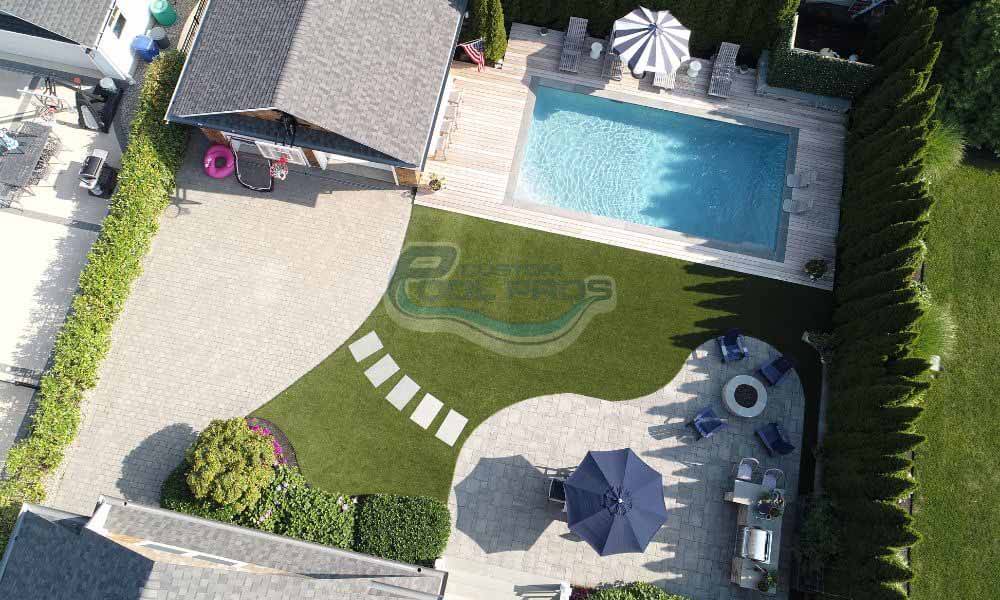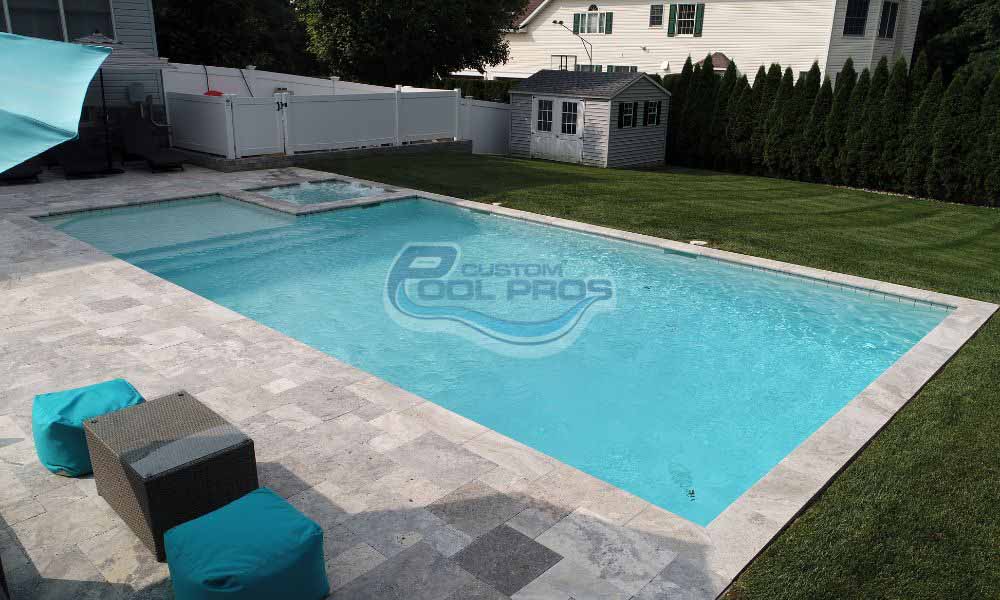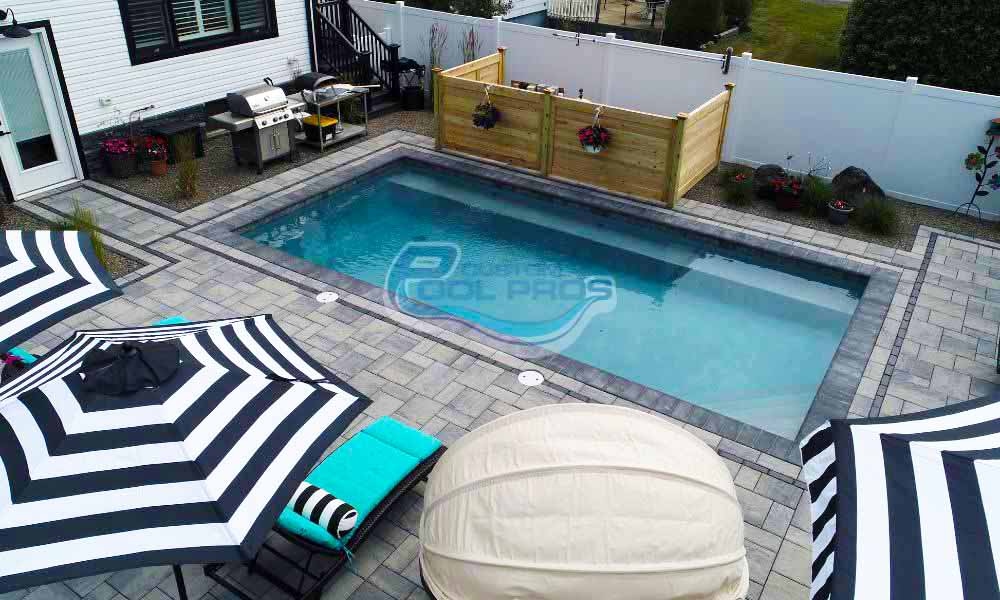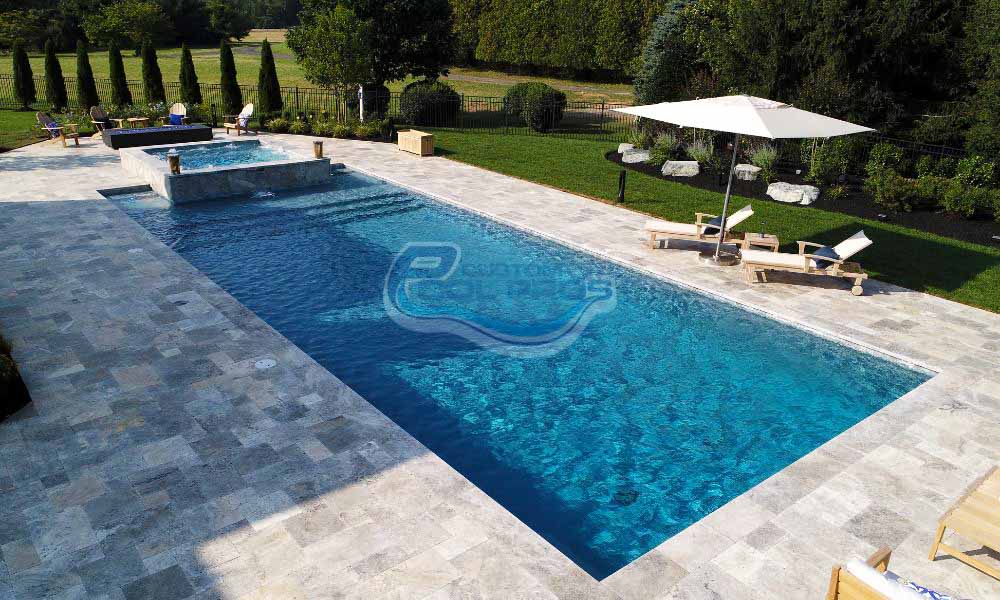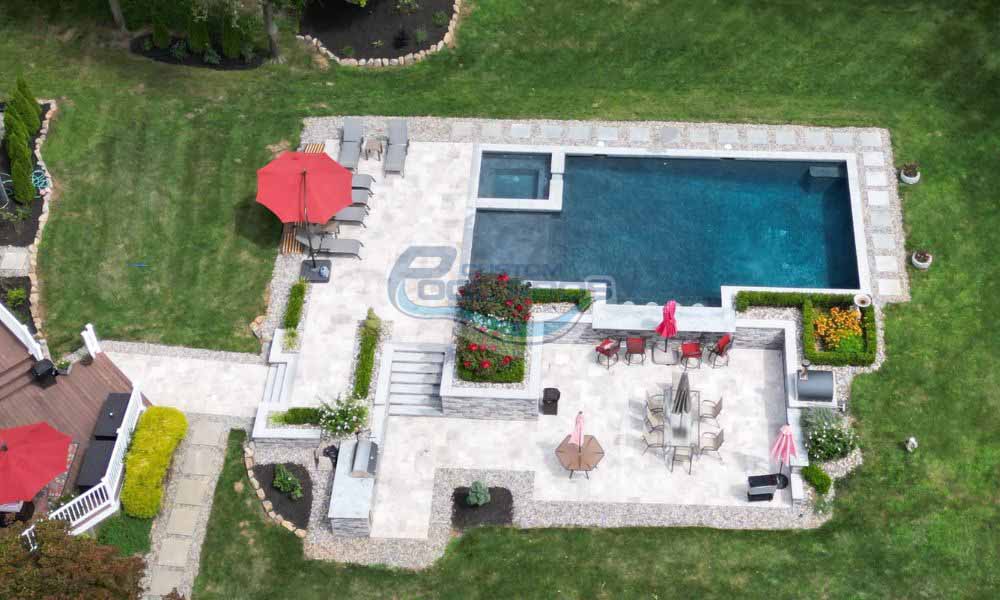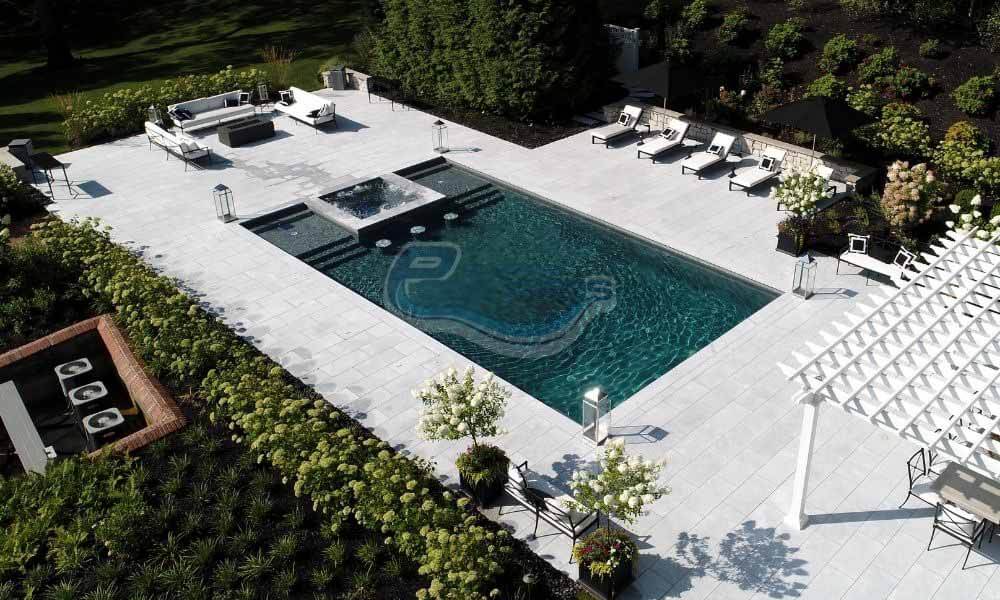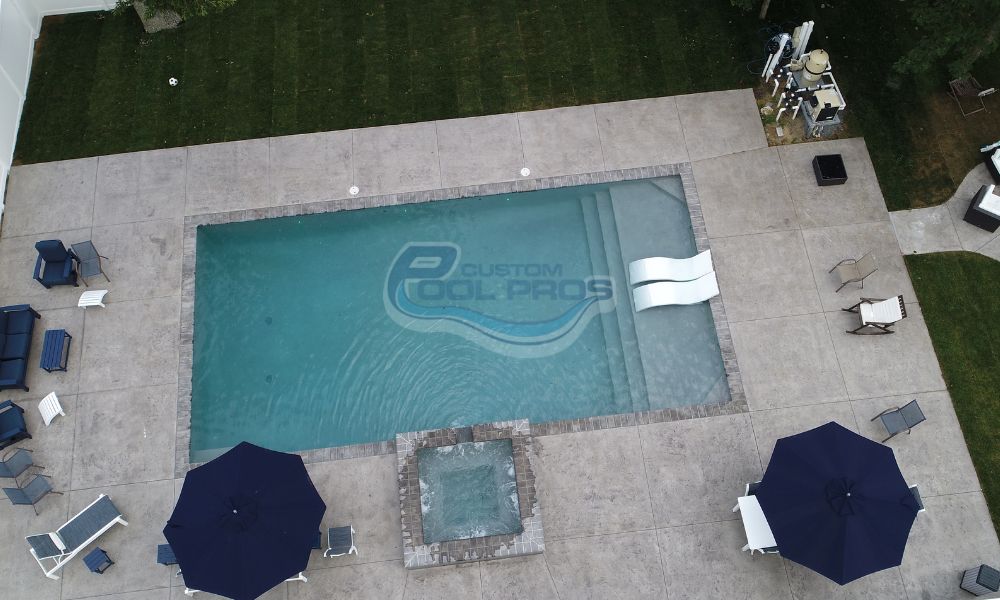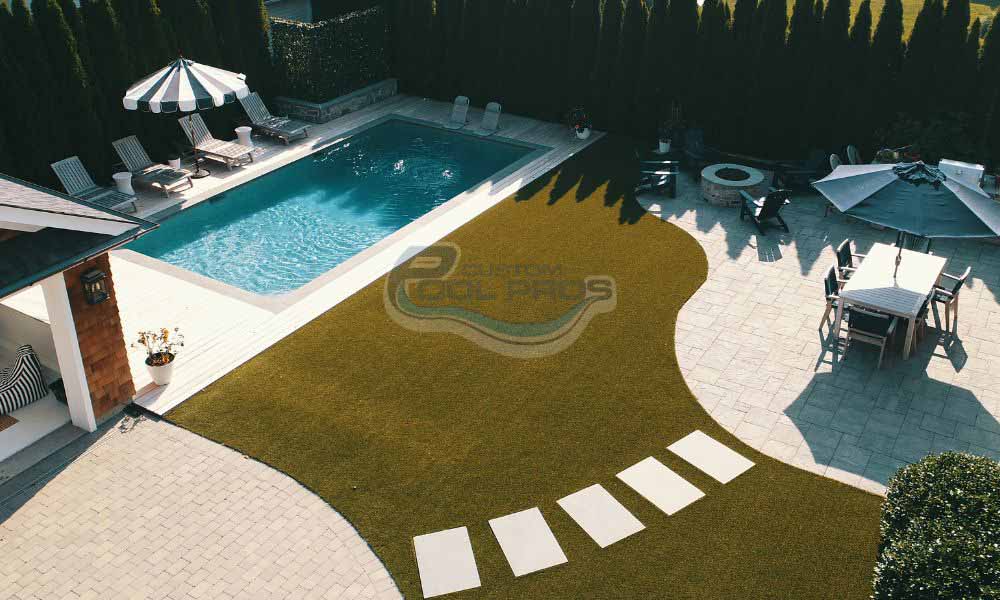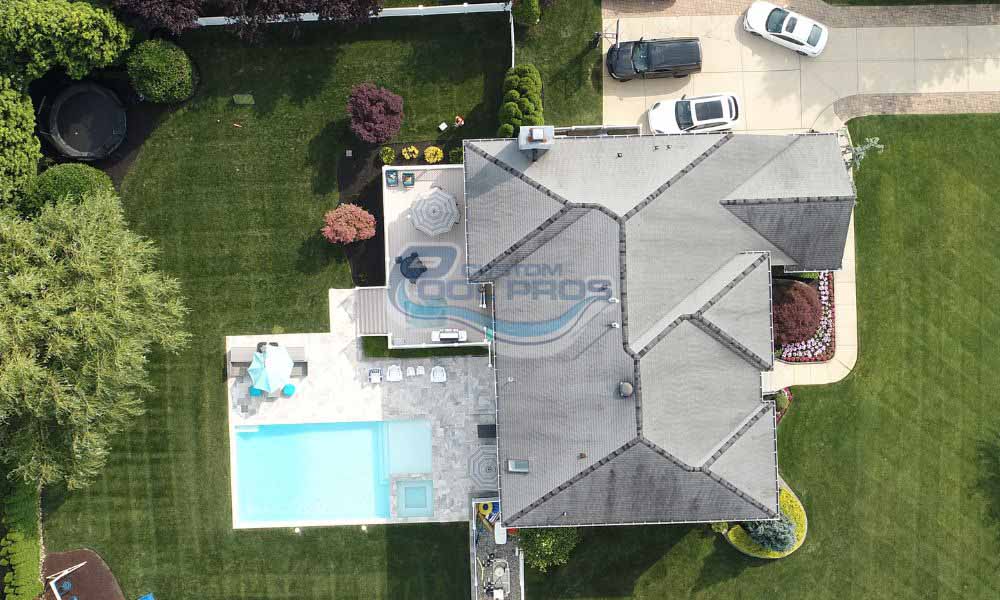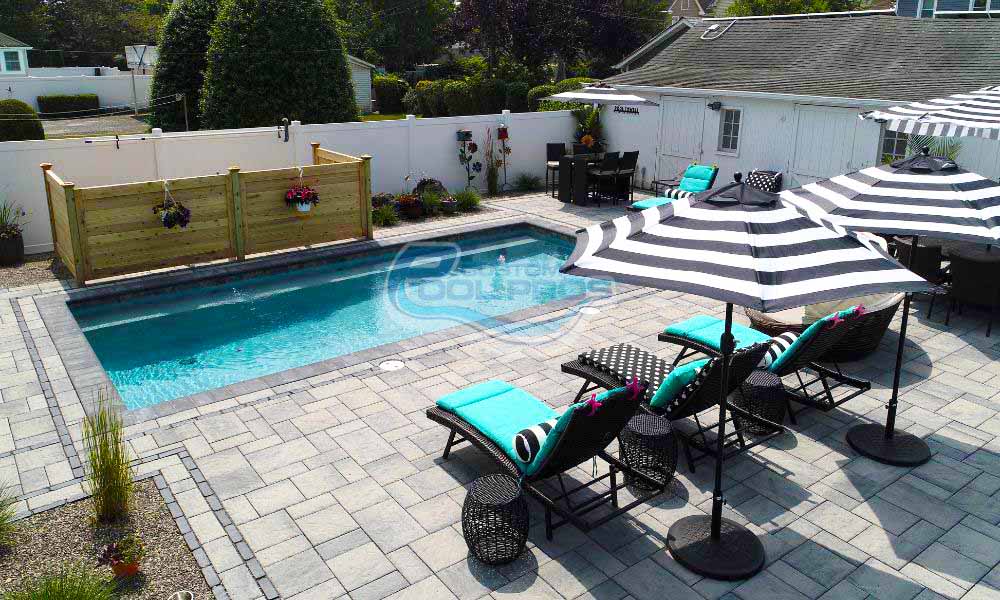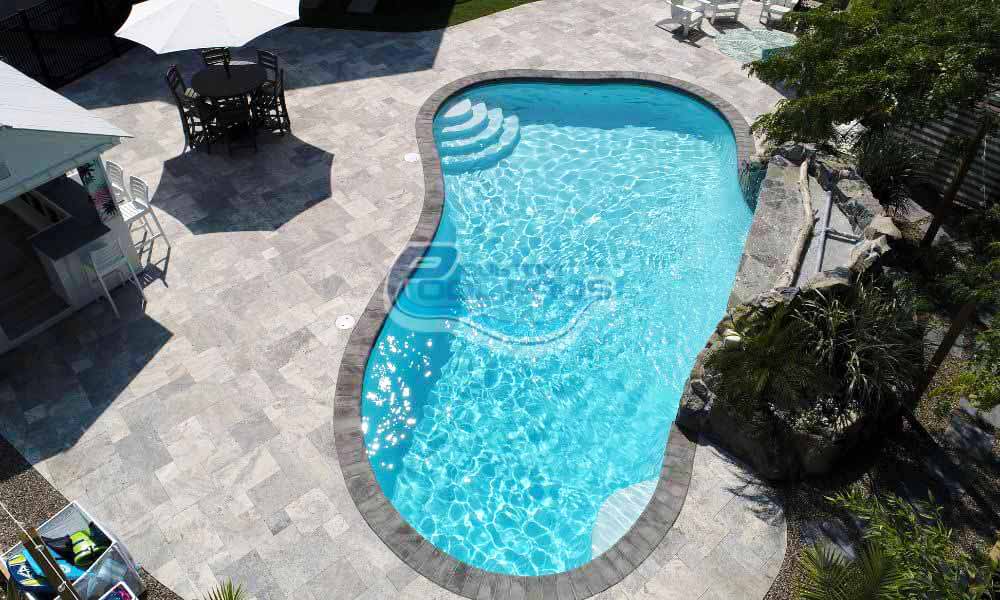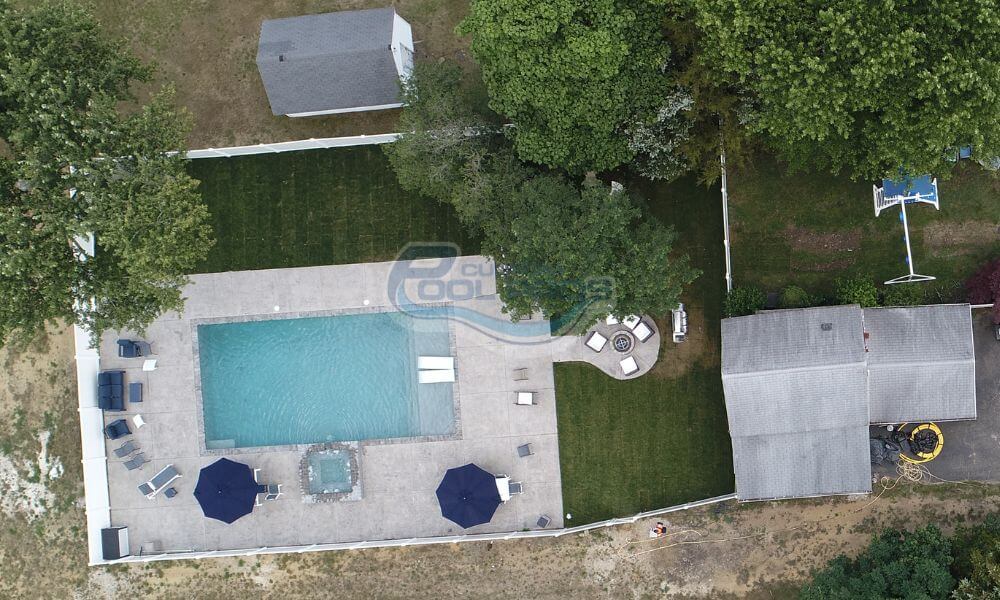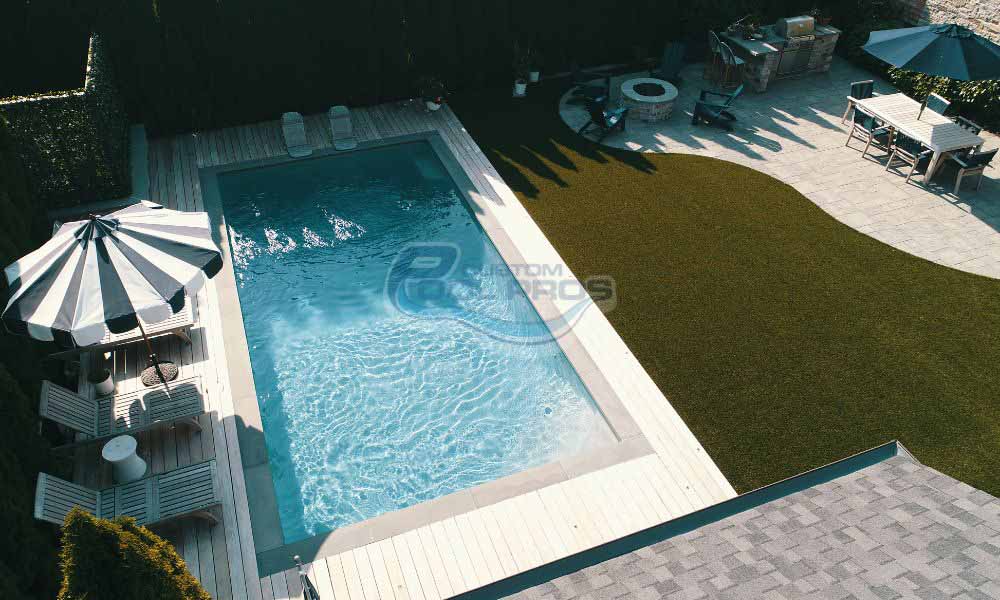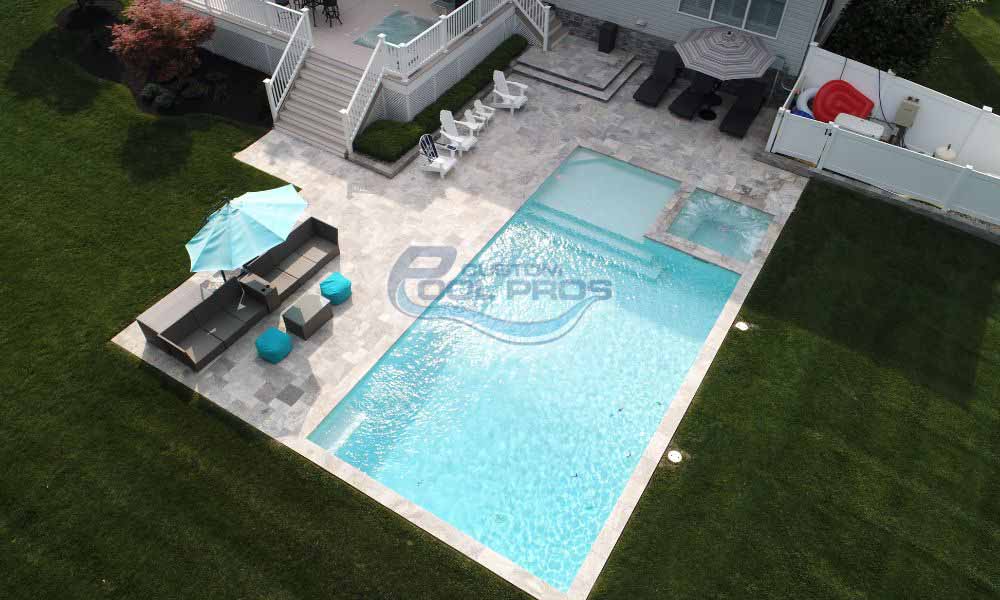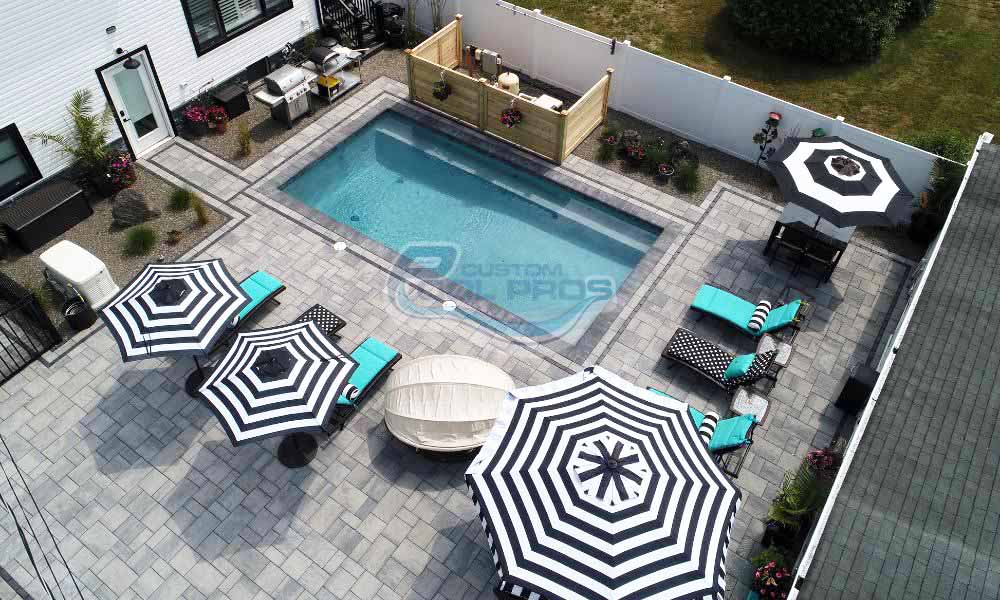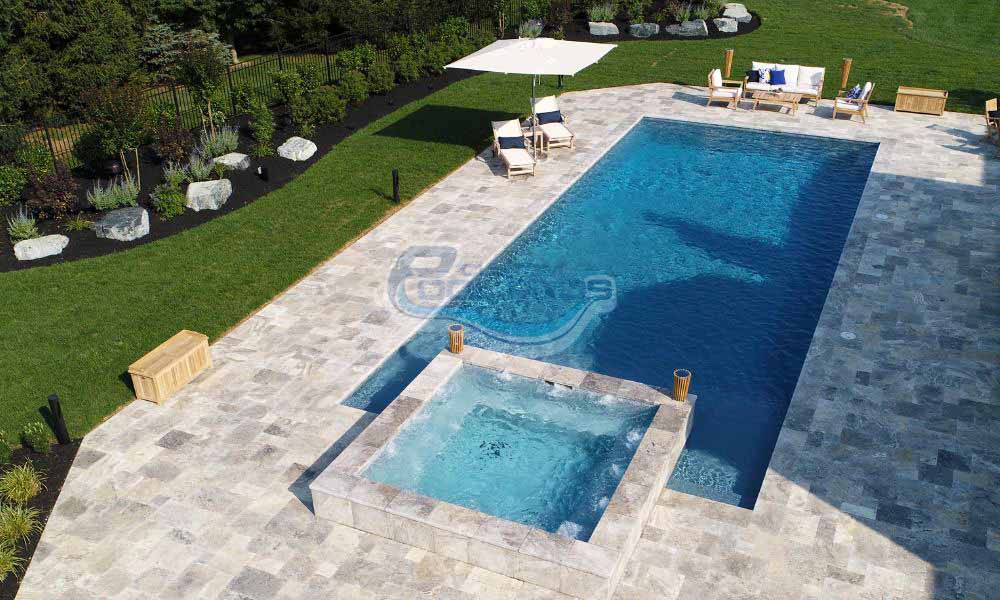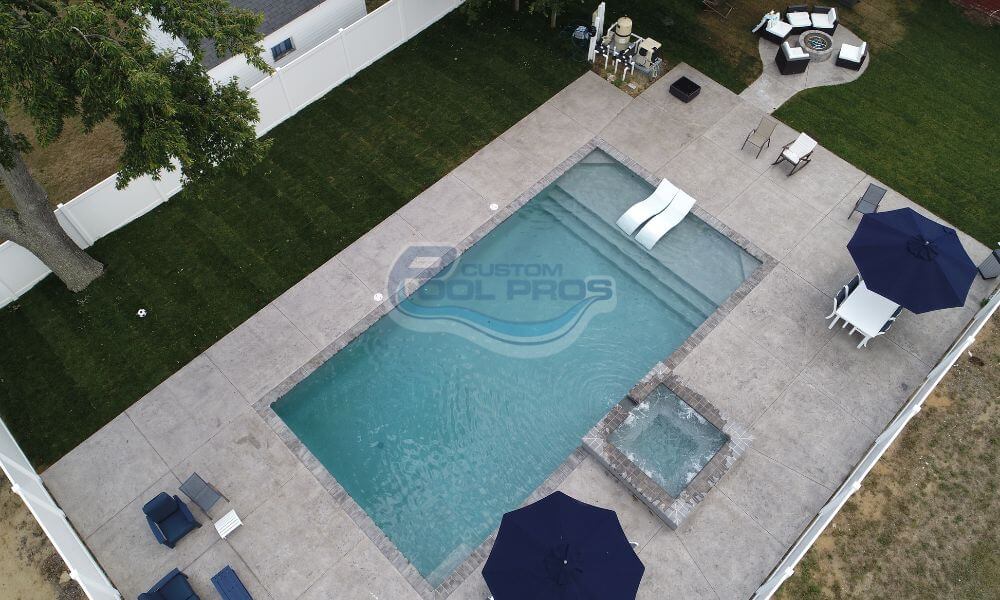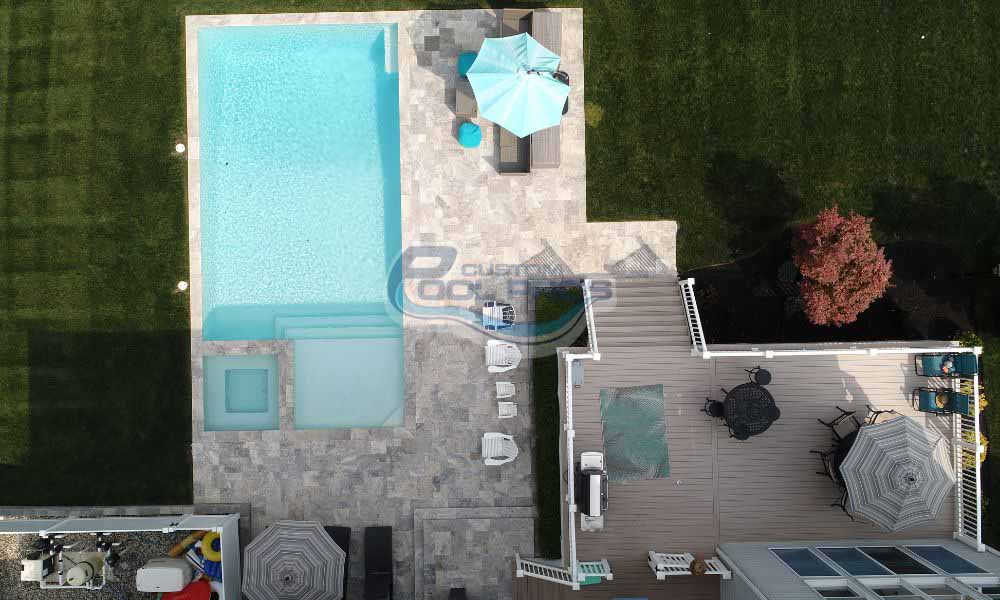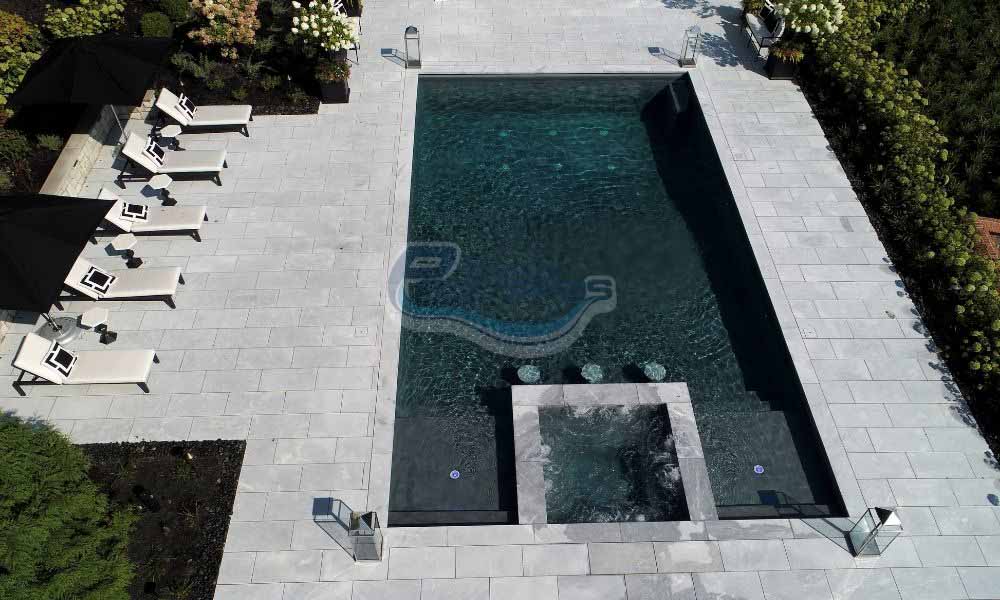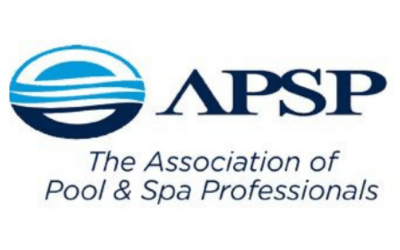Baby’s first splash in the pool is special and requires special care. It is indeed an incredible sight, be it their playful little movements or the sheer excitement of being in the water for the first time. But we should keep in mind that mere inches of water can be dangerous, particularly for children aged less than 36 months.
They have a high risk of drowning, and it doesn’t need an expert to tell you that. But that doesn’t mean they are not ready to learn swimming! Experts say you can introduce your infant to water whenever you feel comfortable, and the infant is healthy. There’s plenty that you can do to protect your child while they kick, glide and smack the water. Let’s understand more!
What is Infant Swimming?
Infant swimming is a self-explanatory term. When human babies reflexively move themselves within/through water and adapt their respiration and heart rate while being submerged, it is infant swimming.
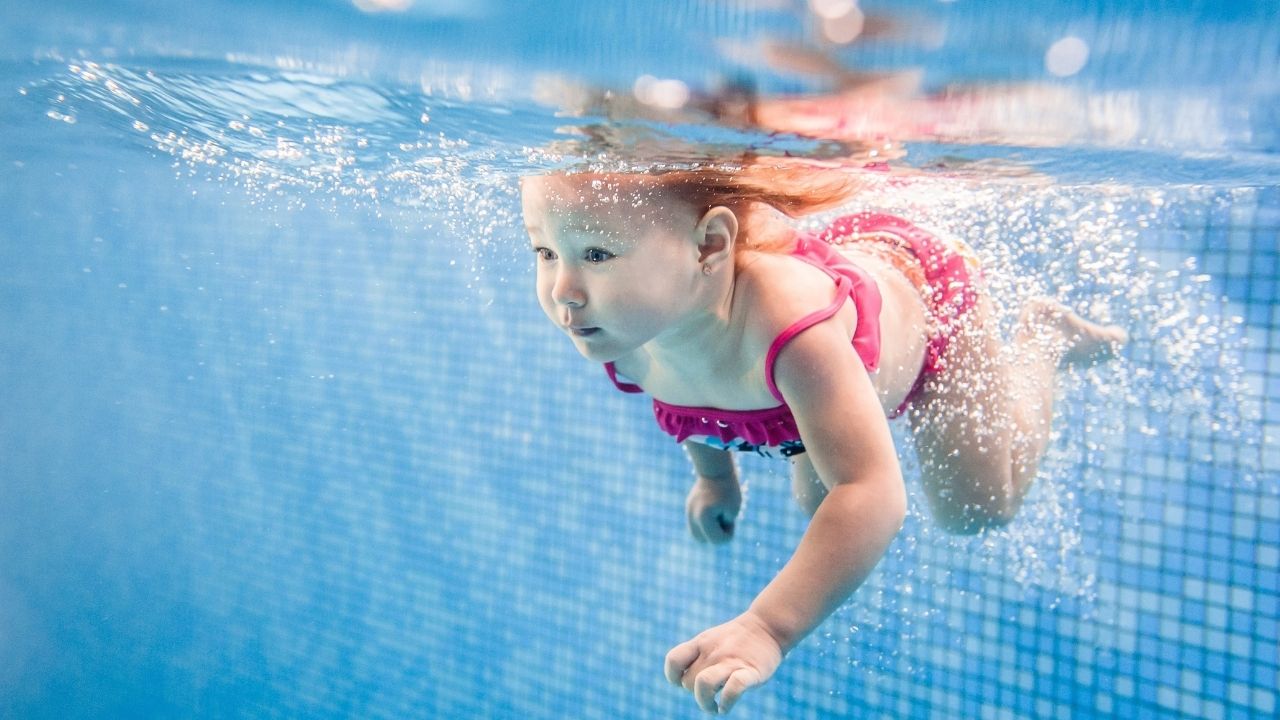
You can start infant swimming lessons from as early as 12 months; when their immune systems are strong enough for pool water. Though babies are still not old enough to naturally hold their breath or strong enough to keep their head above water while swimming, that’s why they learn it with their parents. Starting baby swim lessons from their first birthday are what most parents go for.
If you are a trained swimmer, you can always feel free to introduce them to your backyard swimming pool, but make sure you follow safety measures strictly and have more than one person present near the pool to keep the child protected at all times.
Infant swimming lessons: How to teach an infant swimming.
First up, you should hold off on swimming lessons for your kid until 12 months because there are not enough formal water safety programs. Here is how you should teach them swimming:
• Get your kid accustomed: The first thing is getting your kid familiar with being in the waters. They’ll pick up some basic swimming skills, such as how to kick or blow bubbles or pull their arms. Eventually, they’ll dunk and take off swimming on their own, when natural instincts kick in!
• Stay close: Always be close enough to lay a hand on your kid if he feels uncomfortable or anything goes off track. You should be able to respond immediately. Always keep them within arm’s reach when in water. And always be vigilant.
• Read the books: Parents should be familiar with CPR and basic water-safety rules. You need to get trained through the relevant association. It’s always better to go prepared than just confident.
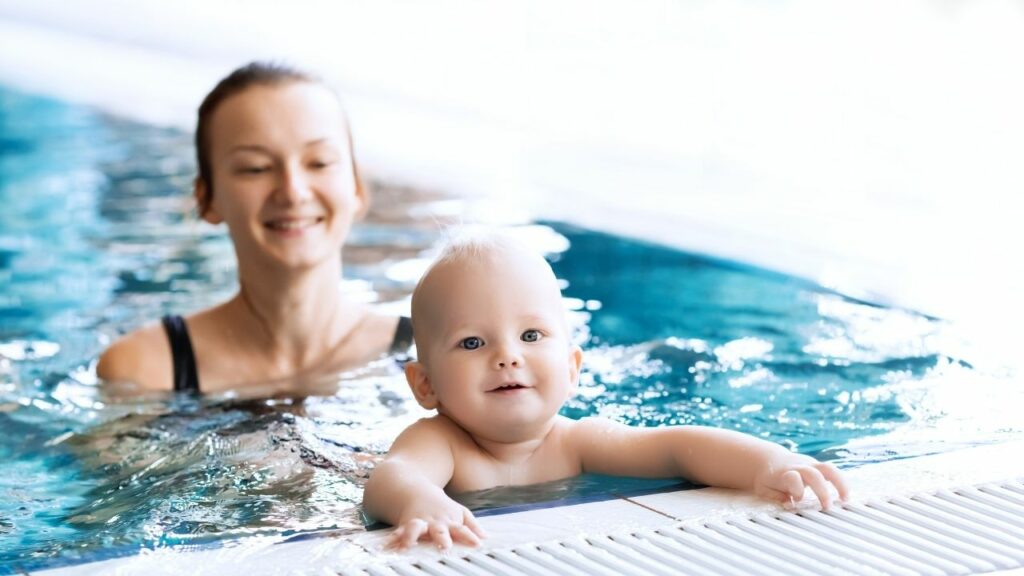
• Practice as much as possible: Consistency is the key. Hit the pool regularly until your kid shows some positive signs. Don’t get disheartened too soon. It may take a few days to a few weeks for the kid to learn basic swimming.
• Hire an expert: To mitigate the risk and accelerate the learning process, you can always hire an expert or enroll your child in swimming lessons.
Infant Swimming: Precautions you need to take.
Fence it in: Tots are likely to jump into the pool whenever they get the opportunity. So make sure your home swimming pool is protected by four-sided fencing of at least 4 feet high. We know how much kids love the pool, and we can’t always stop them, but we can always take measures to mitigate the risk.
Always check the temperature: Make sure the water temperature is favorable for kid’s swimming conditions. If the pool temperature is too hot or cool, adjust it before taking in your baby. In mildly cold waters, you can take the baby in the pool but don’t keep them in for too long, take them out quickly so that they can warm up quickly too.
Set the mood: You should find the most appropriate time for the baby to learn swimming as well enjoy it. If swim time interferes with their sleep or he/she doesn’t have fun, then better schedule the activity to their favorable mood. This will foster speedy learning.
Pay attention to their safety: The safety of your kid should be your topmost priority. Ensure your kid is always under keen supervision. Babies are swift and always follow fast reflexes making it hard for you to react. For that reason, you should always keep a close watch.
What are the benefits?
Early swimming or infant swimming comes with lots of potential benefits. Researches have shown starting to learn swimming early boosts mental, physical, and behavioral well-being. Children who start swimming lessons late tend to be more fearful and negative about swimming. Let’s have a look at some more potential benefits of infant swimming!
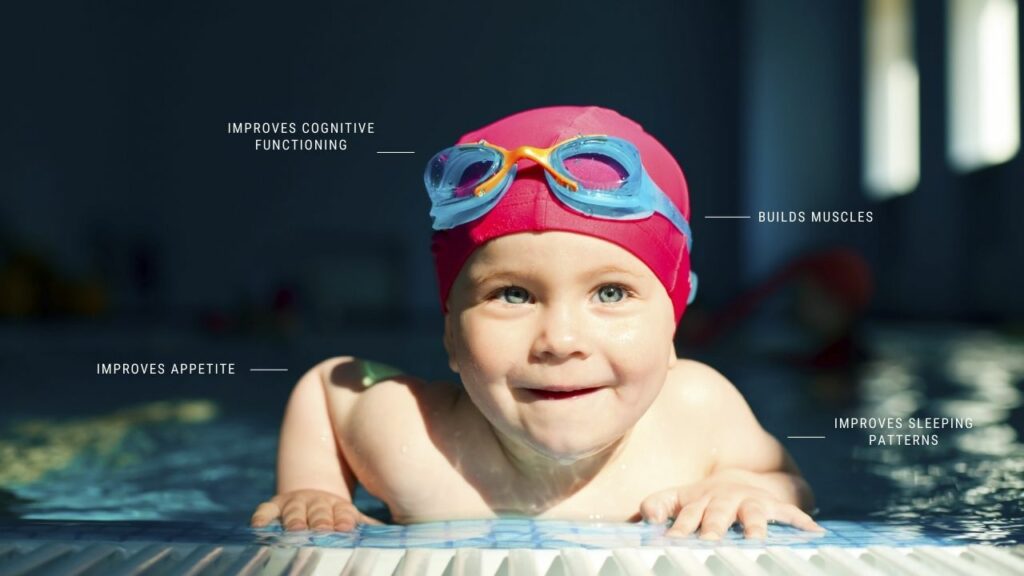
• It improves cognitive functioning – Early swimming boosts bilateral cross-patterning movements as it uses both sides of the body to perform an action much like ambidexterity. It eventually helps your baby’s brain grow.
• Overall Development – Swimming aids in the overall development of your kid. It helps build neurons throughout the brain and particularly in the corpus callosum, which facilitates communication, feedback, modulation, and response from one side of the brain to the other.
• Builds muscle – Swimming helps promote muscle development at a young age. Swimming is a great body exercise, even in kids, to develop strong muscles needed to hold head up, move arms, and stretch legs.
• Improves sleeping patterns – Pool time often takes a lot of energy for babies, and hence they get to enjoy proper and timely sleep.
• Improves appetite – Swimming boosts metabolism, which improves your child’s appetite significantly and also aids in growth. Just like spending time at the beach or in the pool leaves us hungry. Babies are no different; physical exertion in the water would result in an increase in your baby’s appetite after their regular swimming.
By taking the necessary precautions and giving your complete attention, infant swimming is a perfectly safe practice. The best thing about the baby swimming session is the parent-child bonding experience. And doing it in your own backyard pool is the best for both baby and parent. If you need to revamp your old inground pool for that, we can help you. Get the latest accessories and redo all safety measures for a safe and successful infant swimming session.



